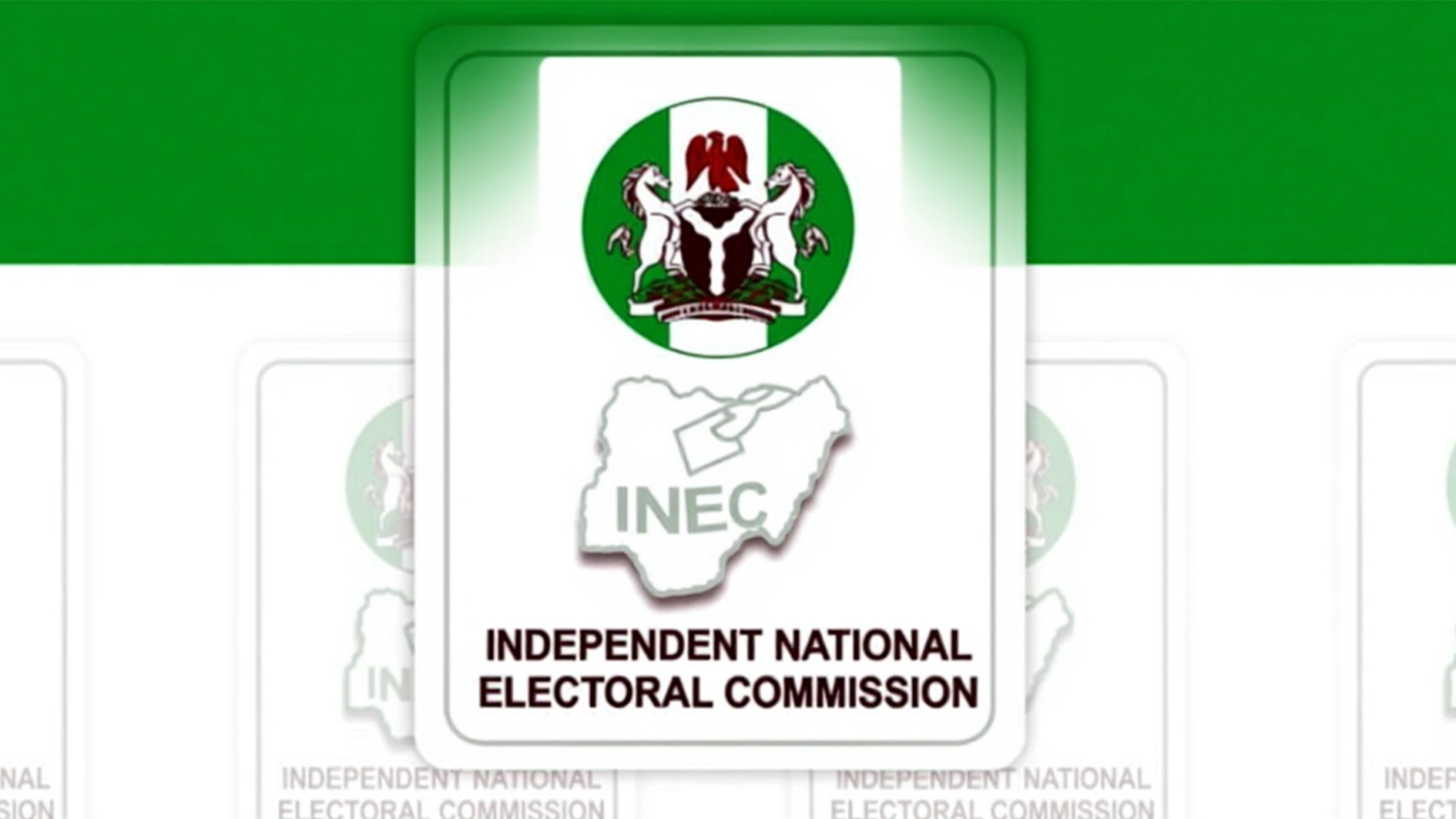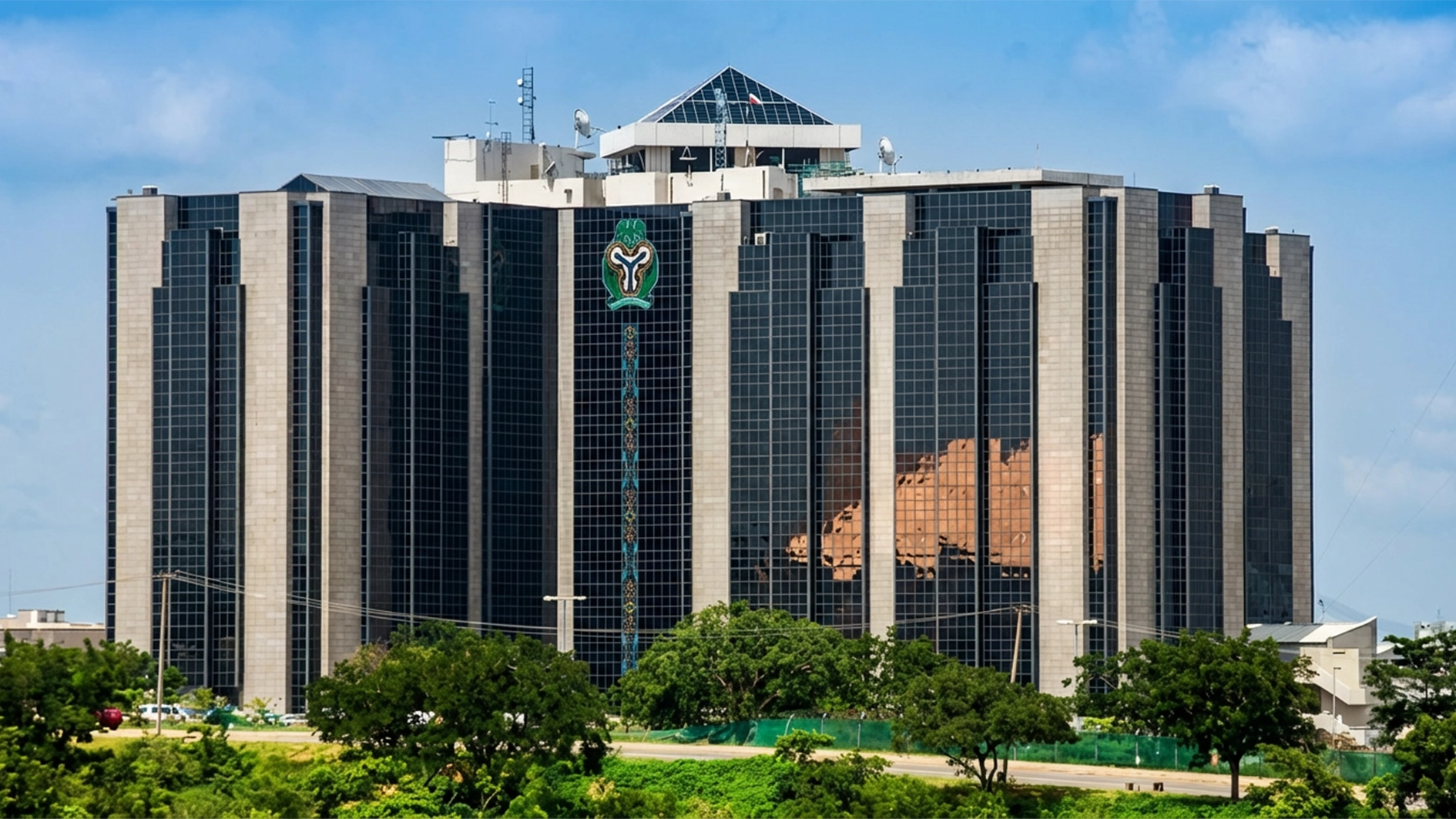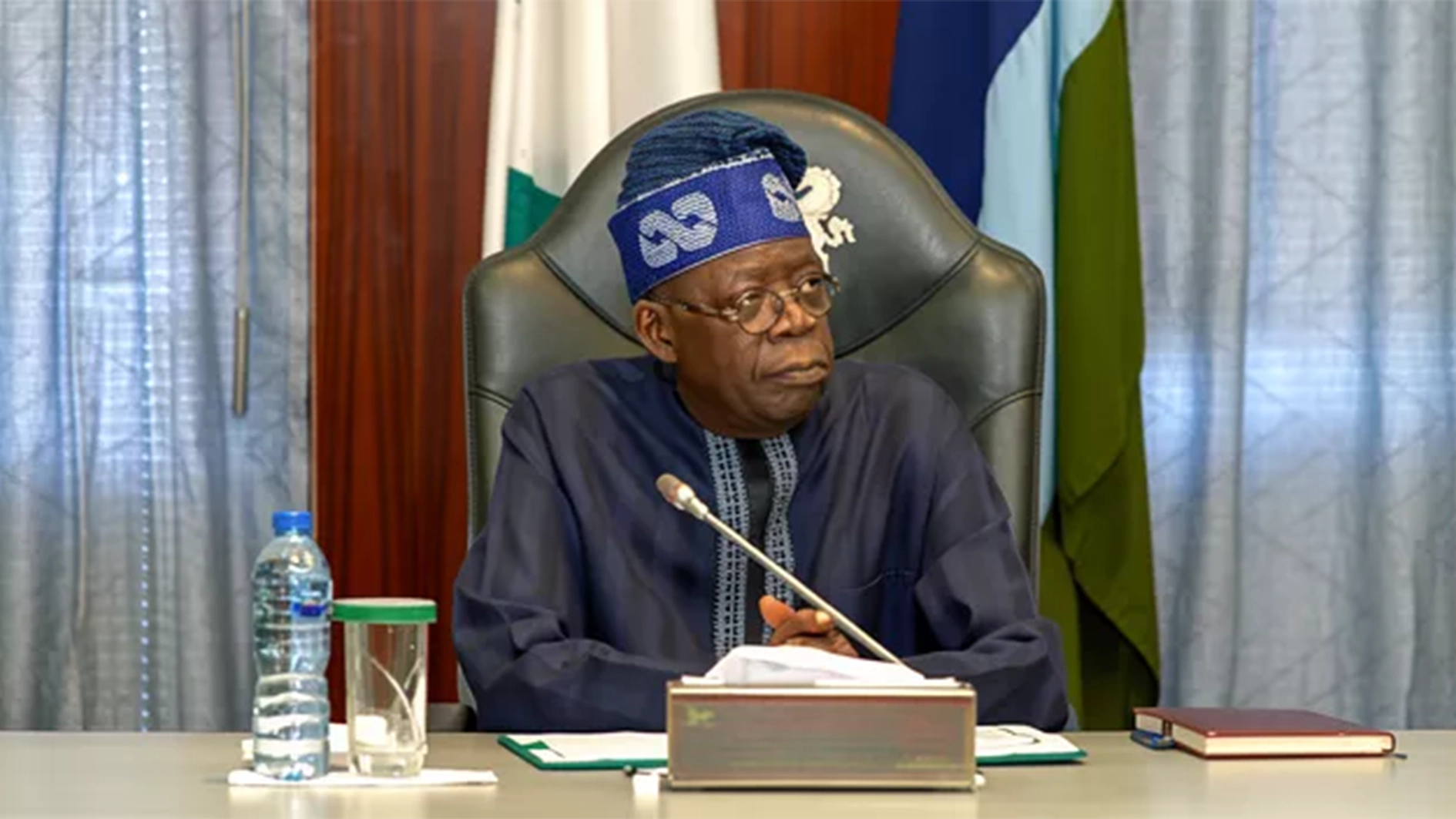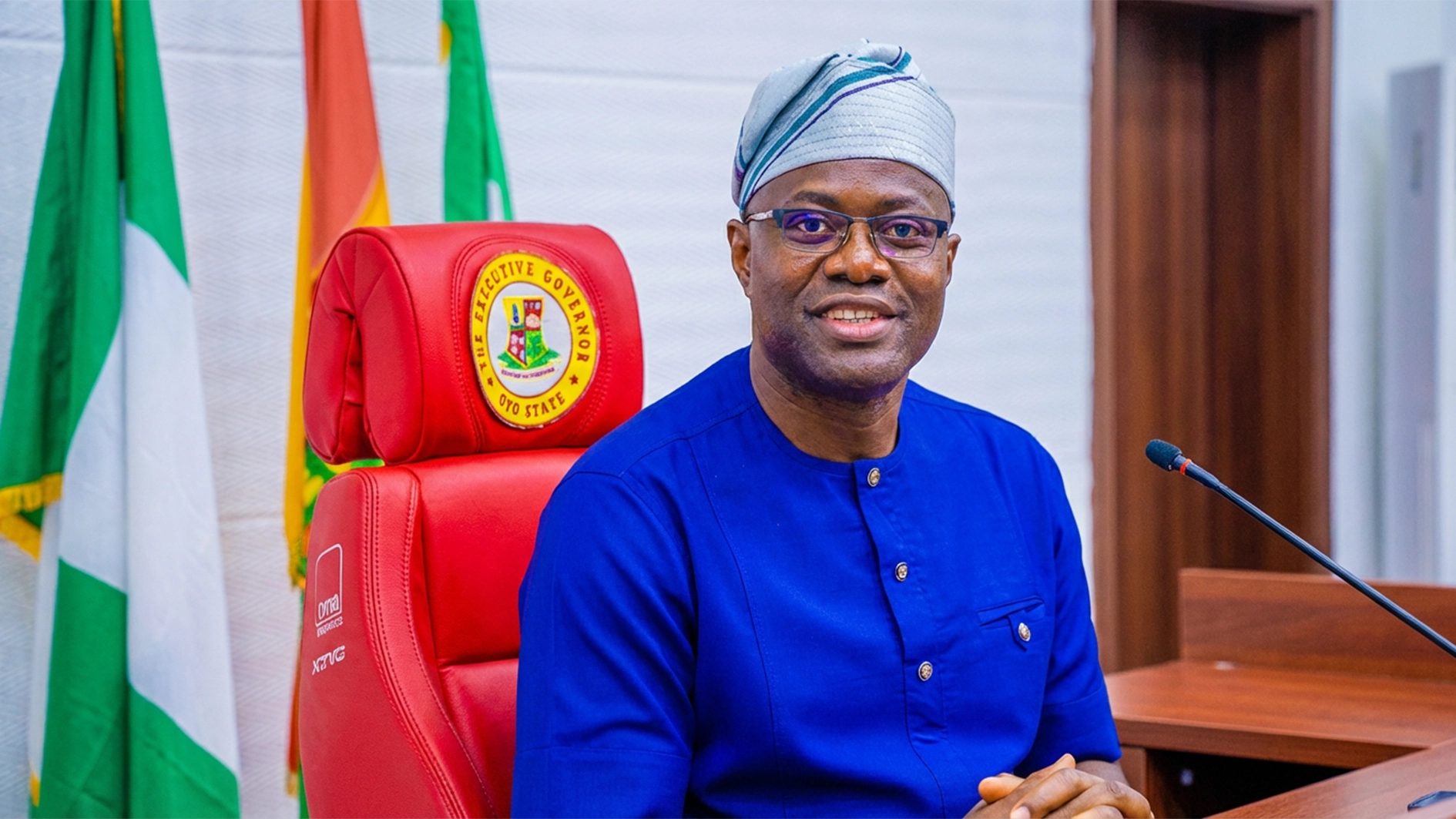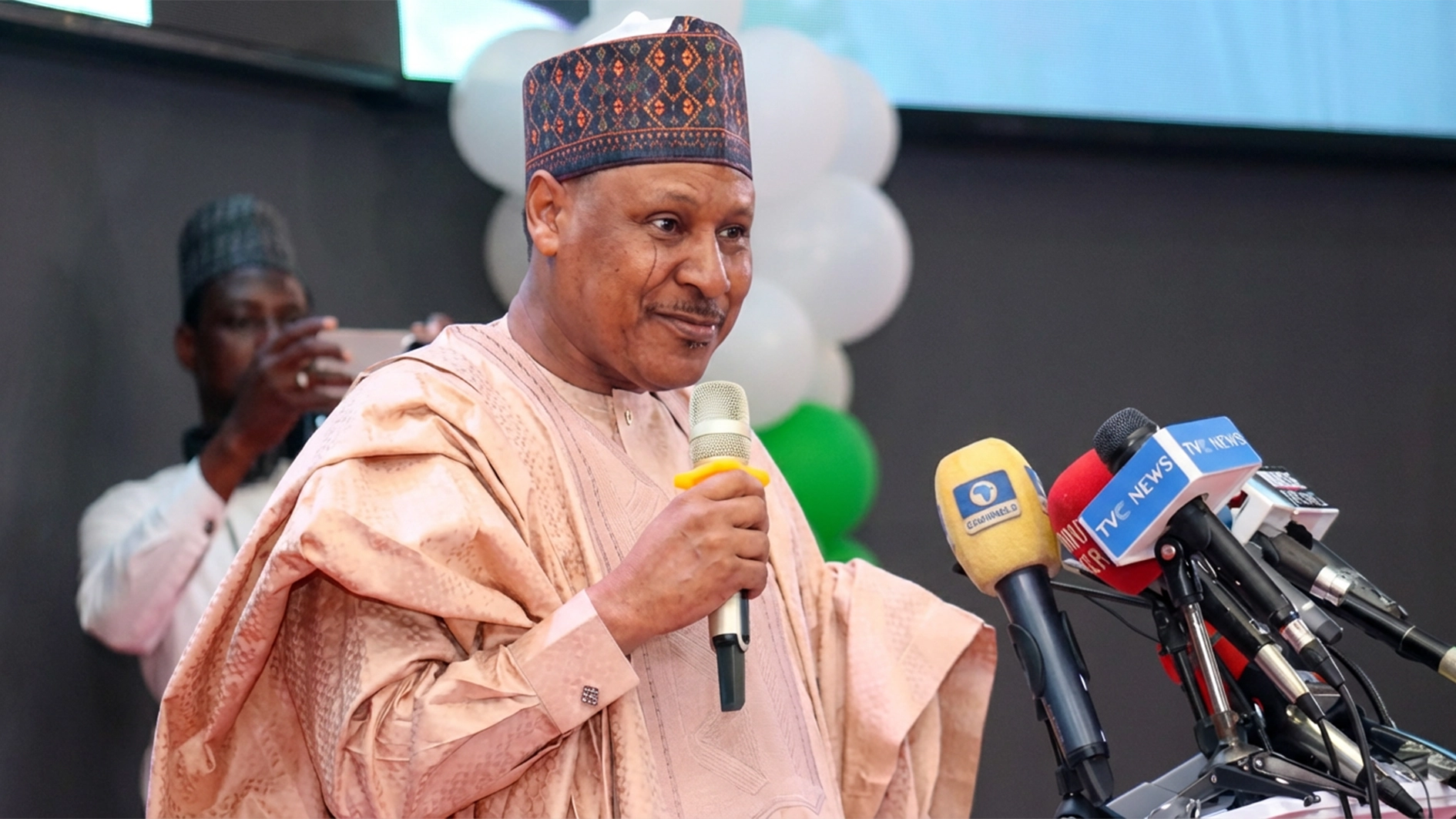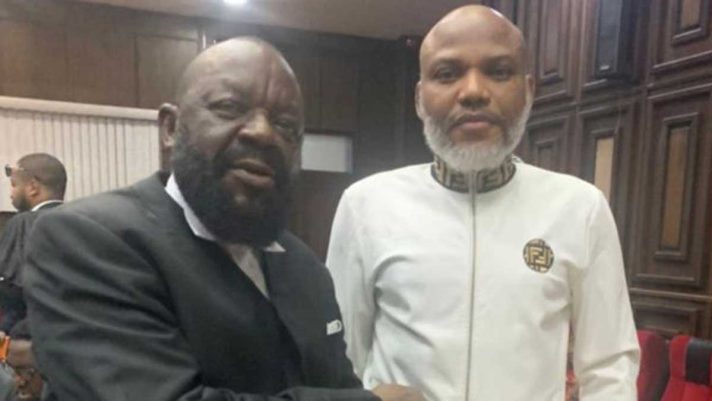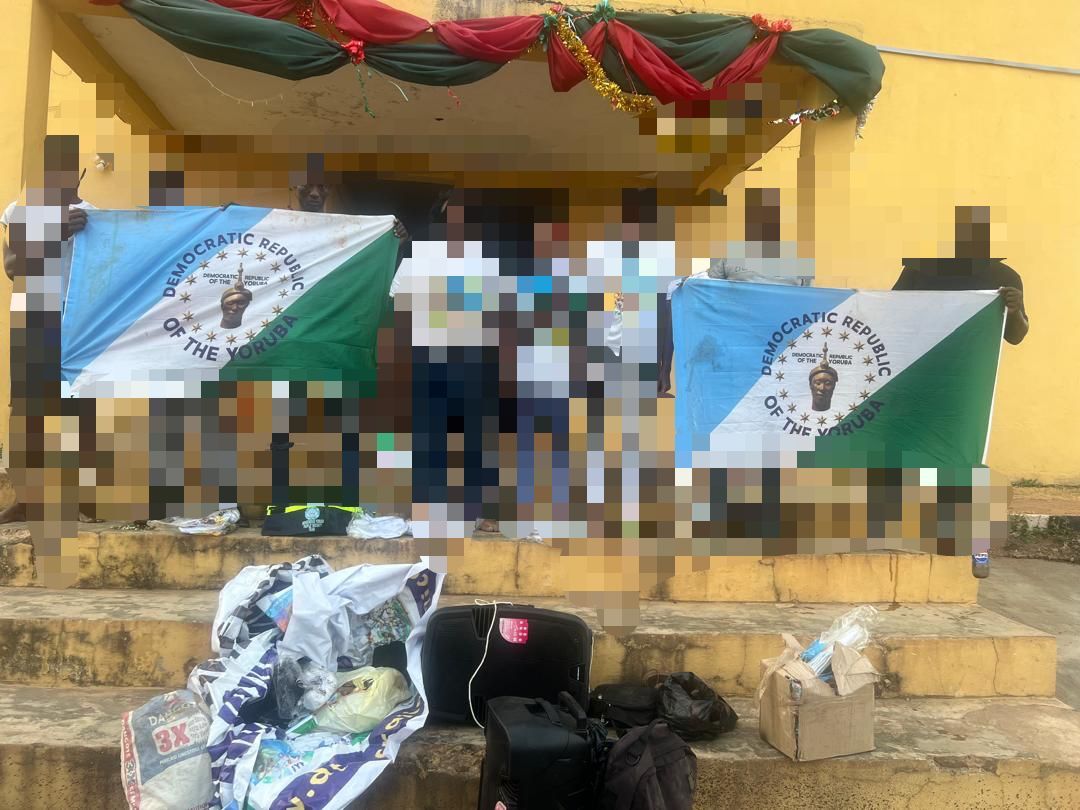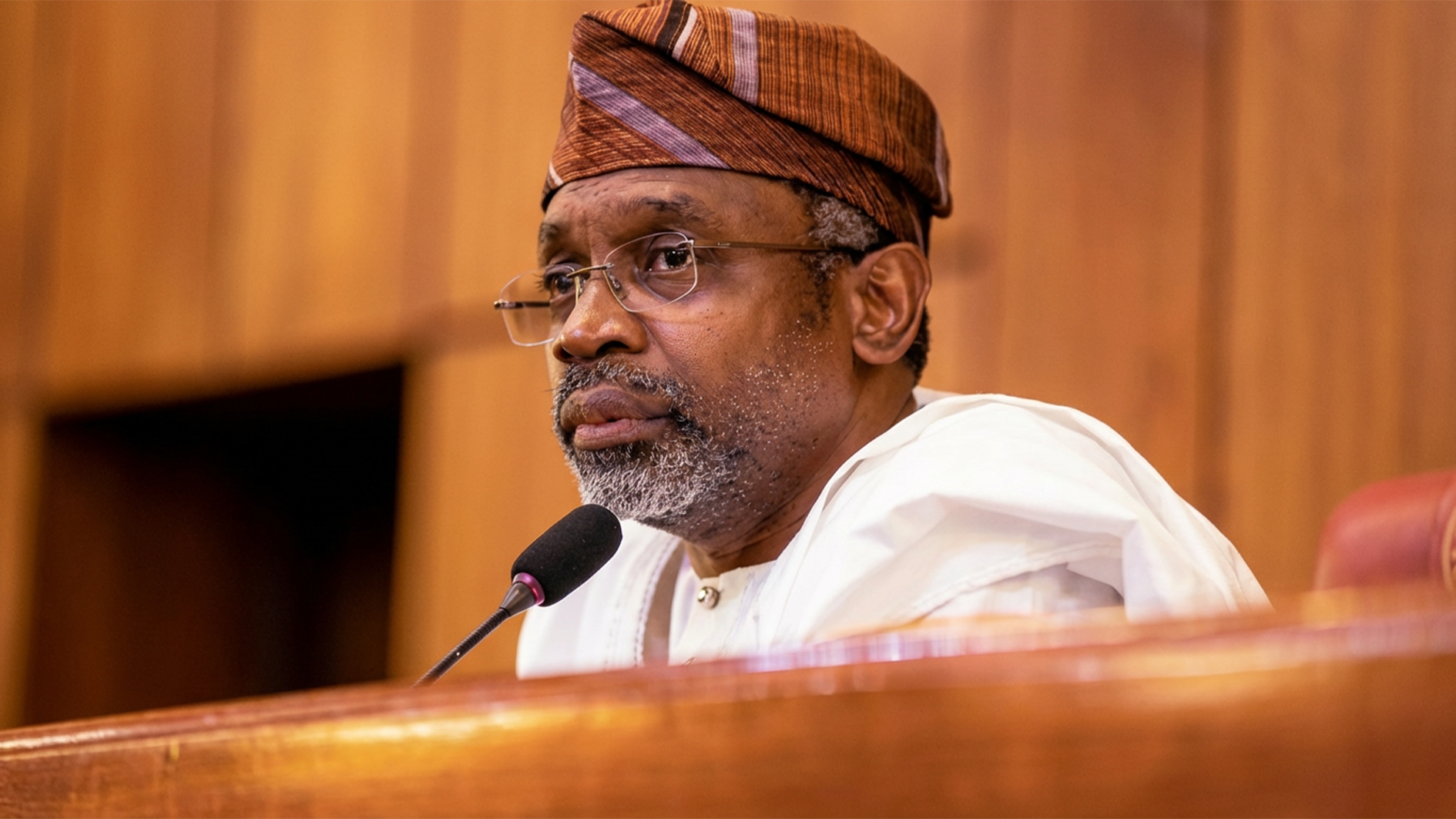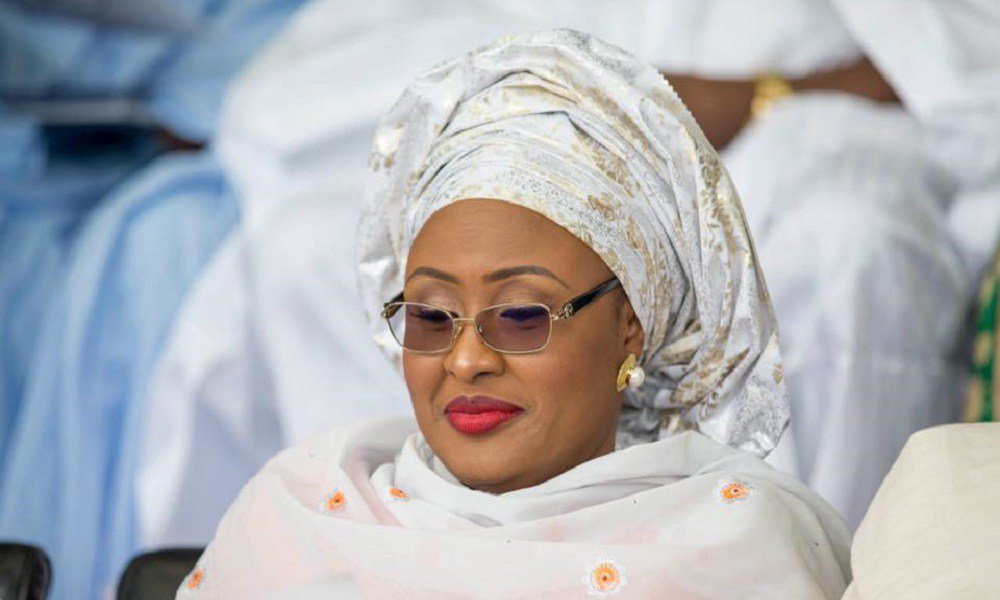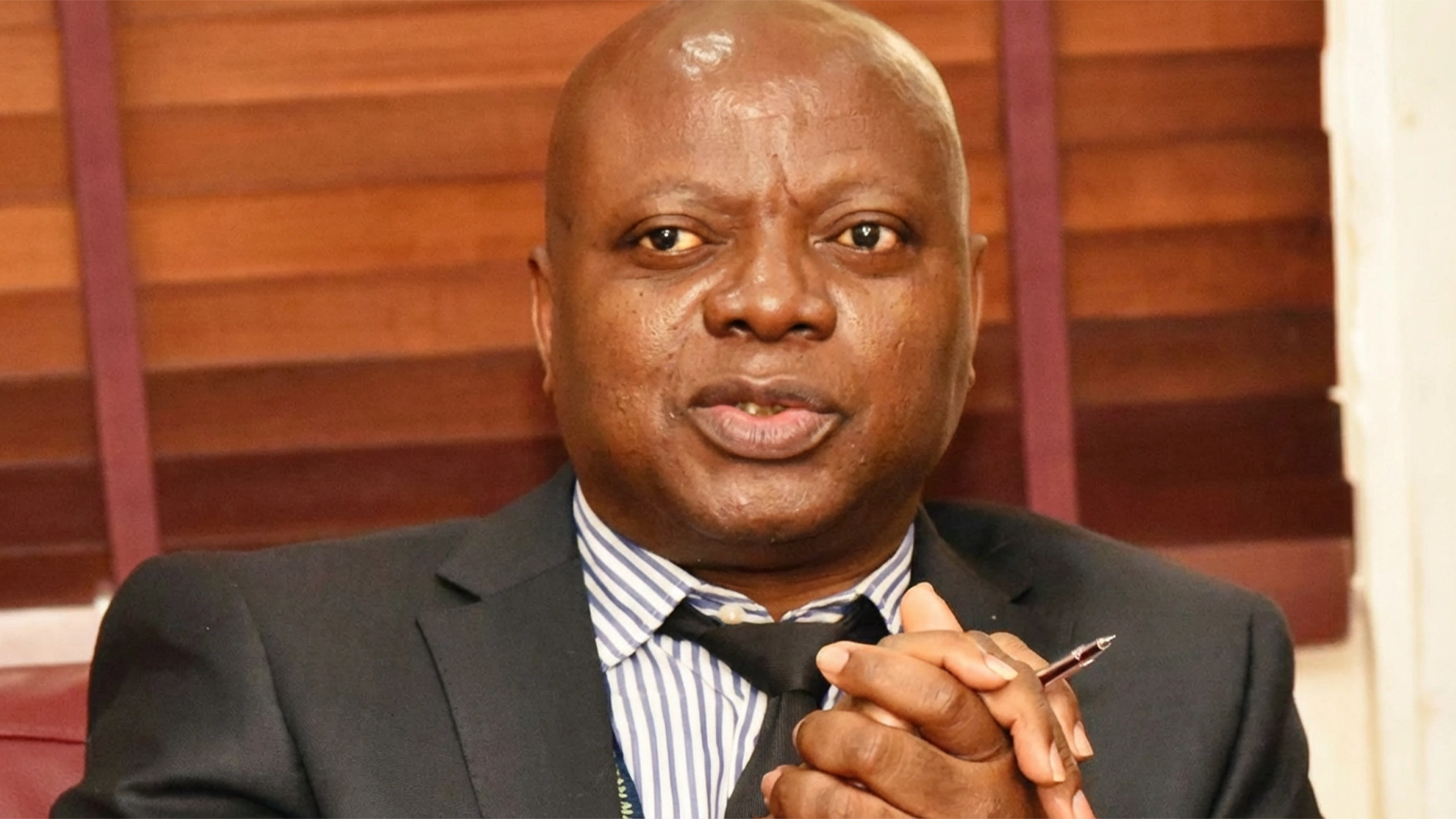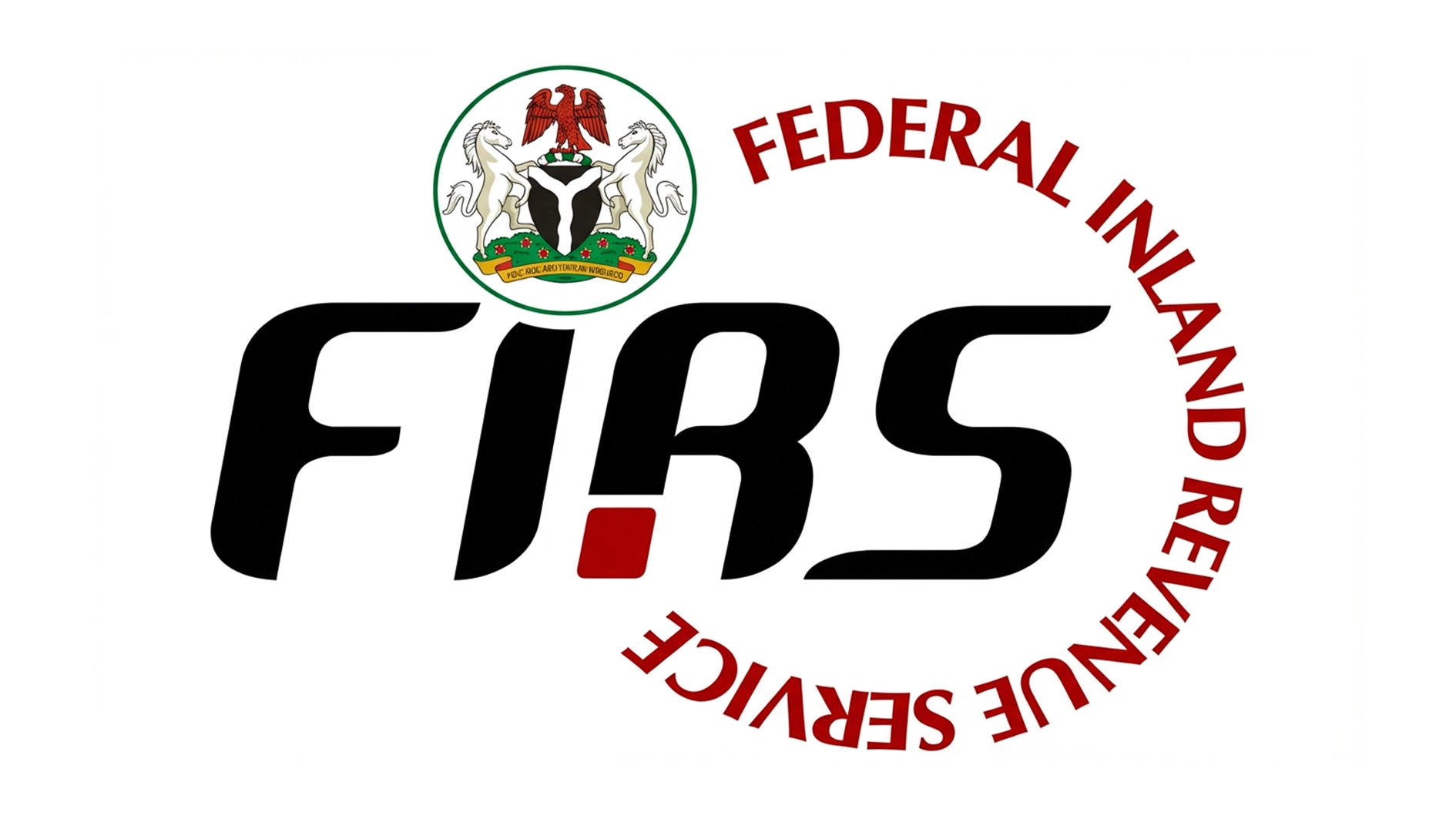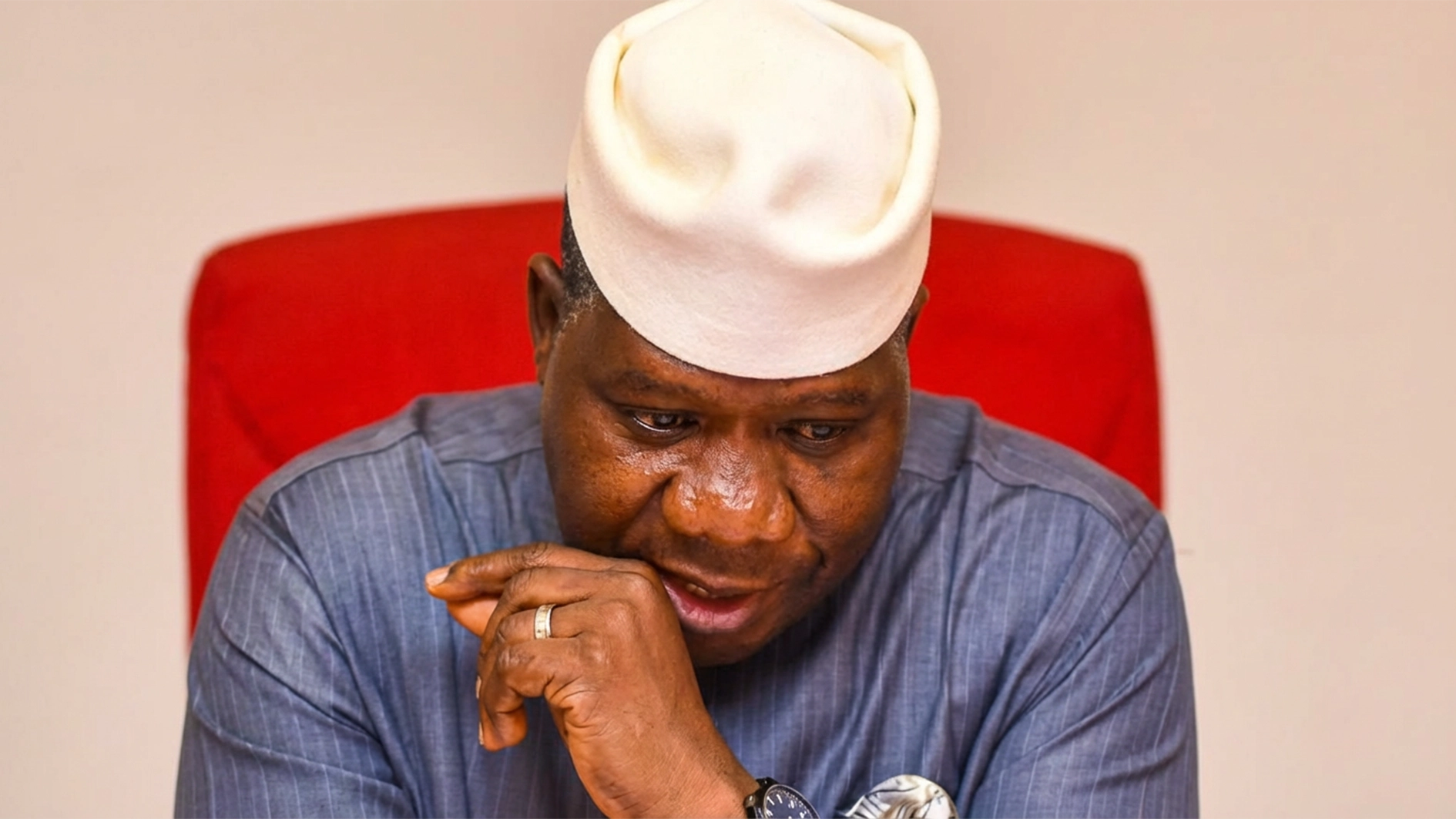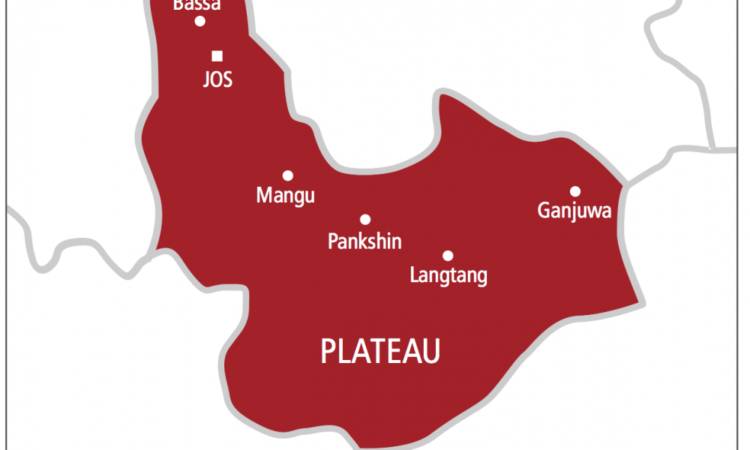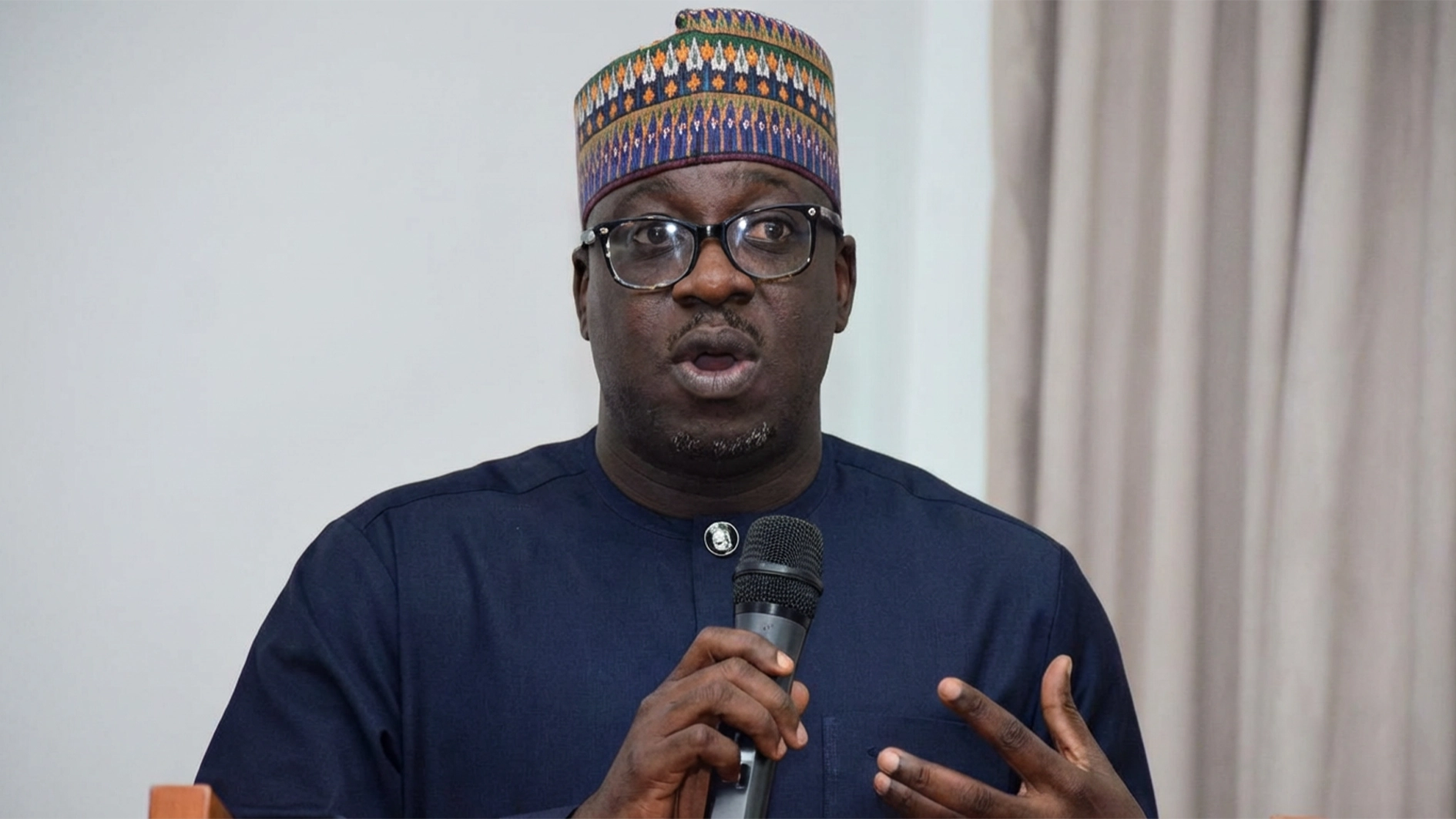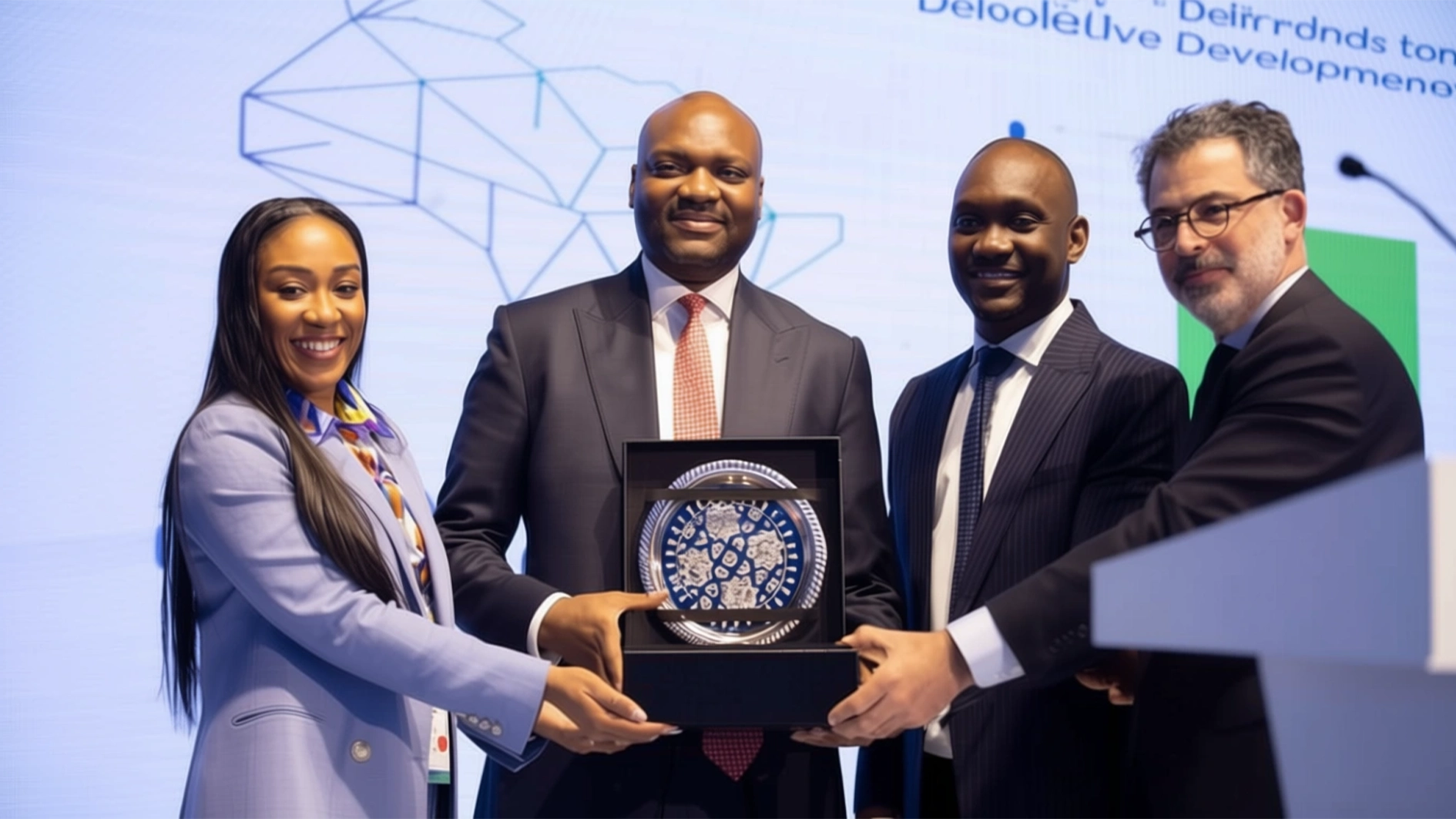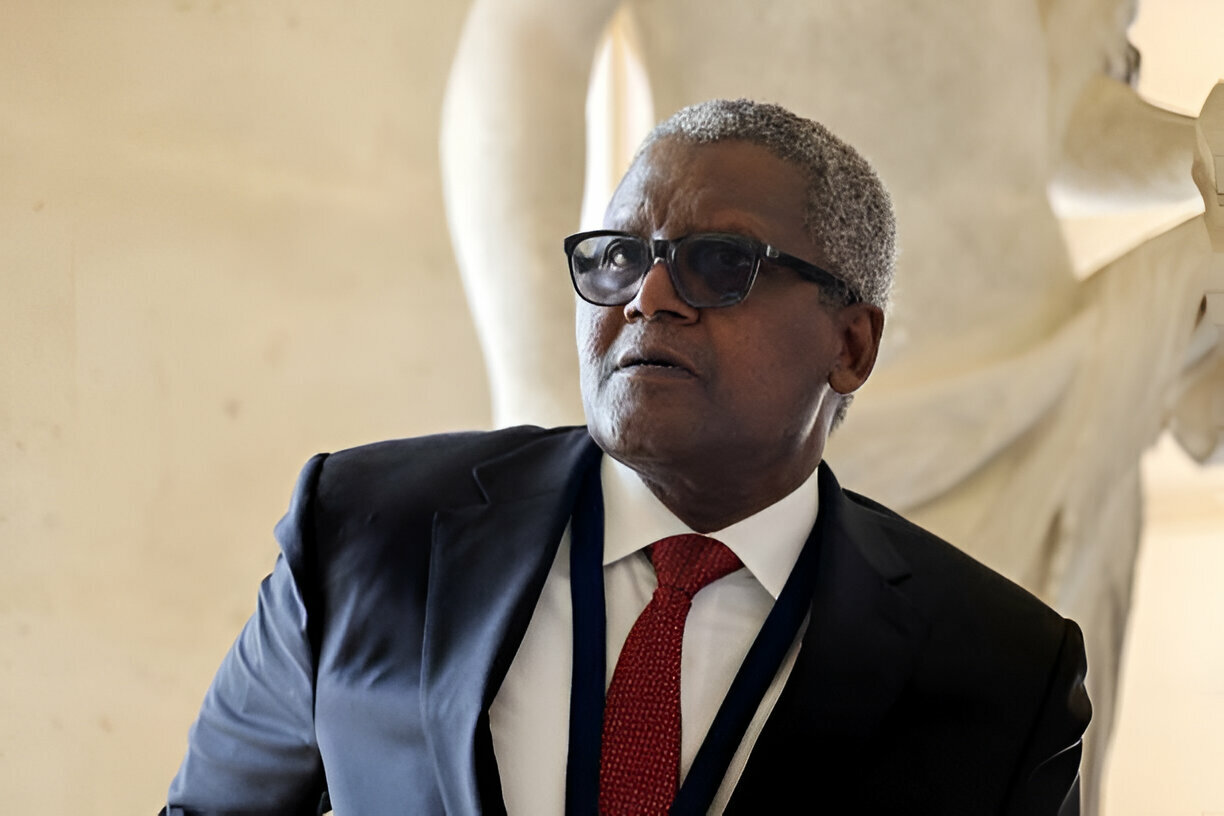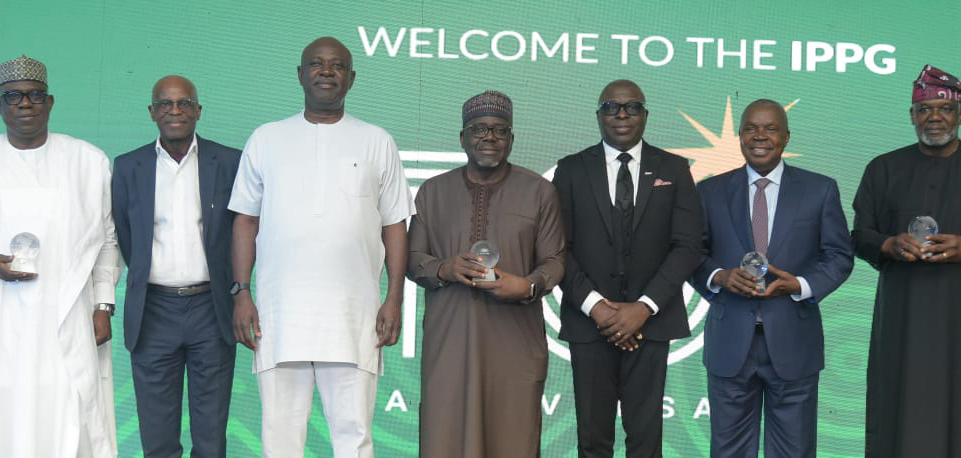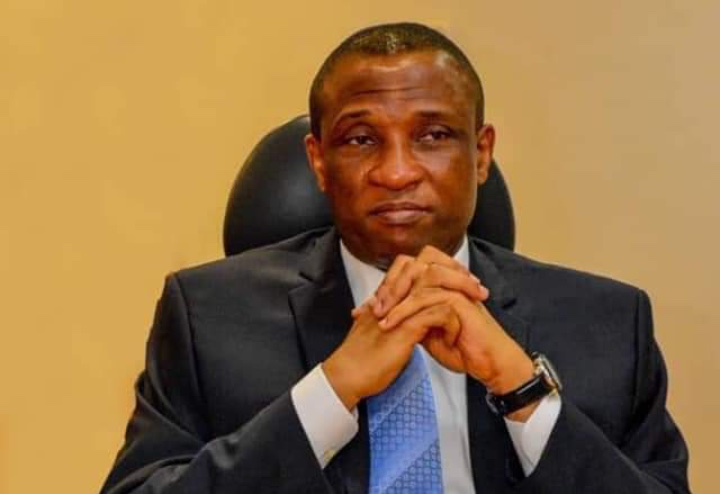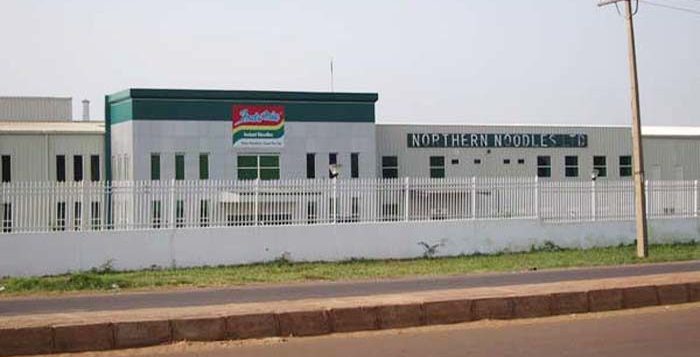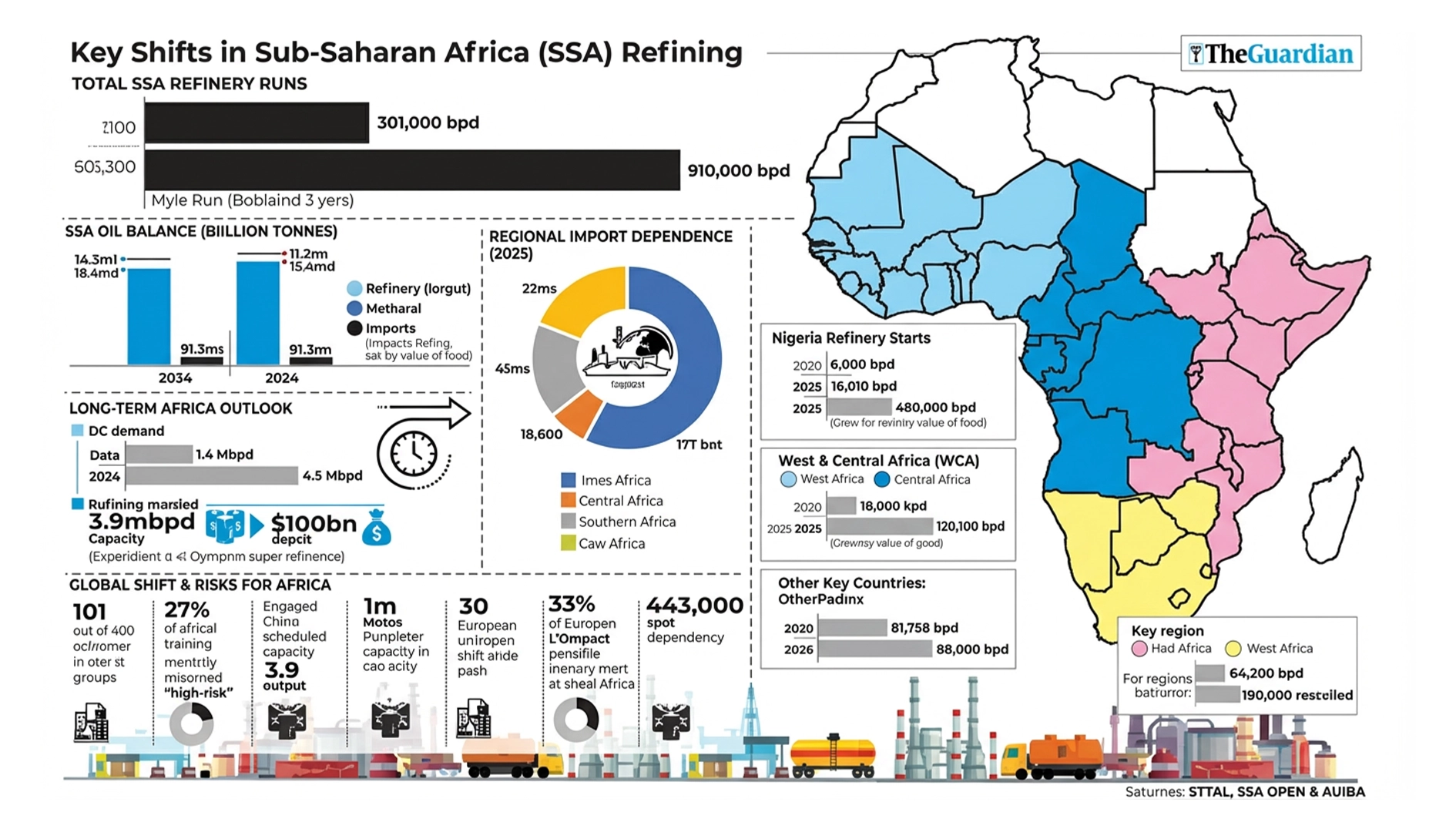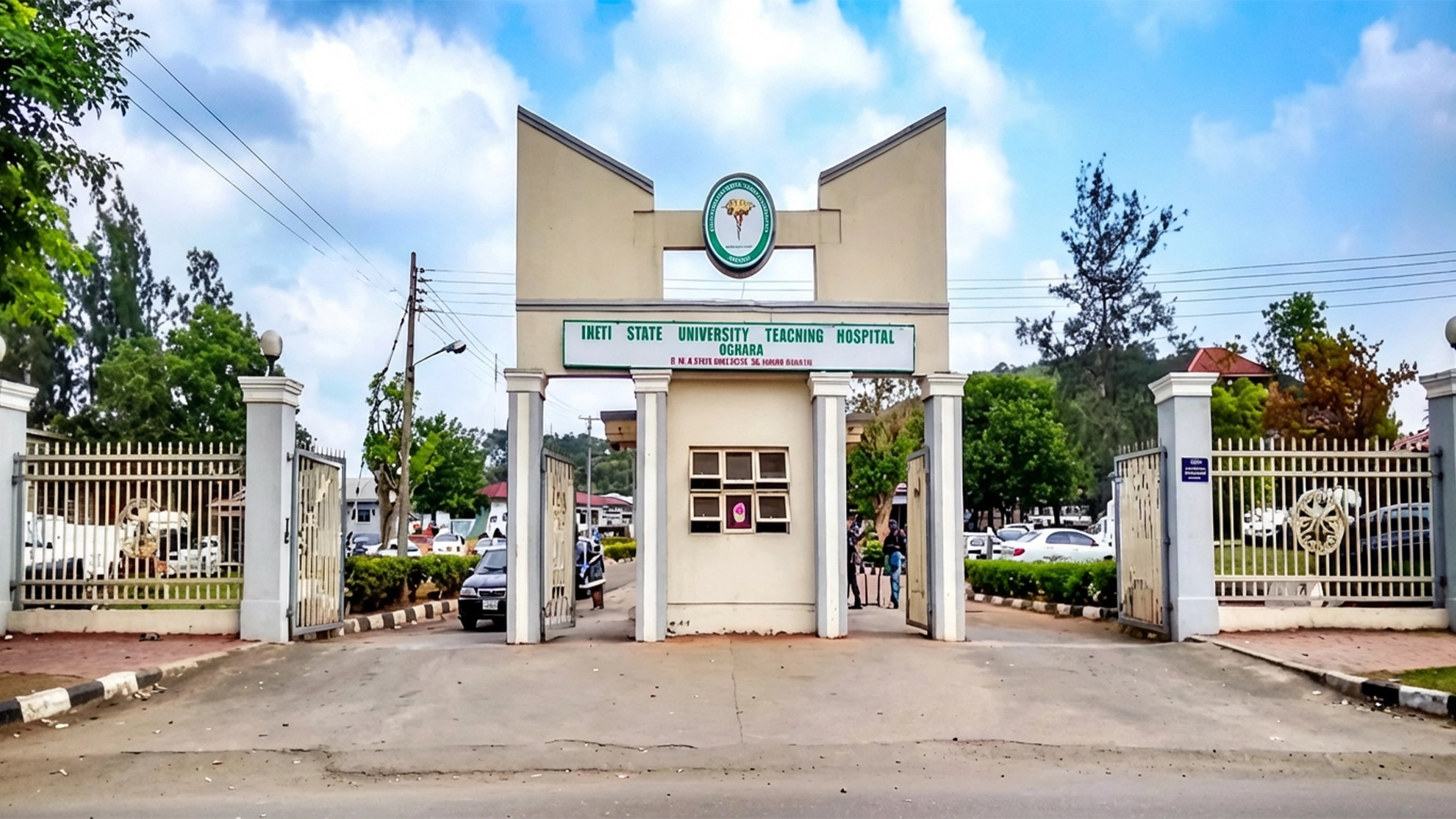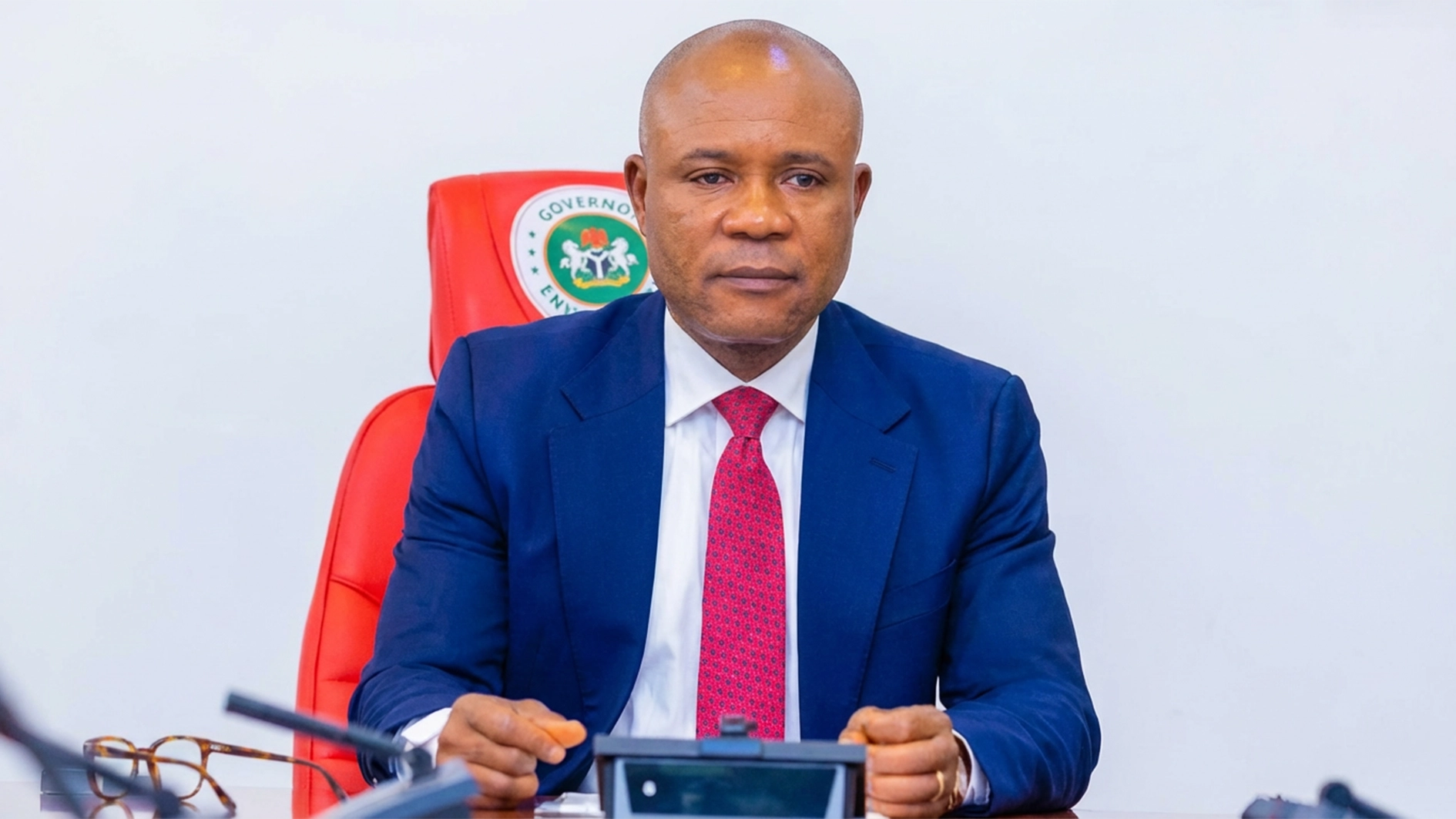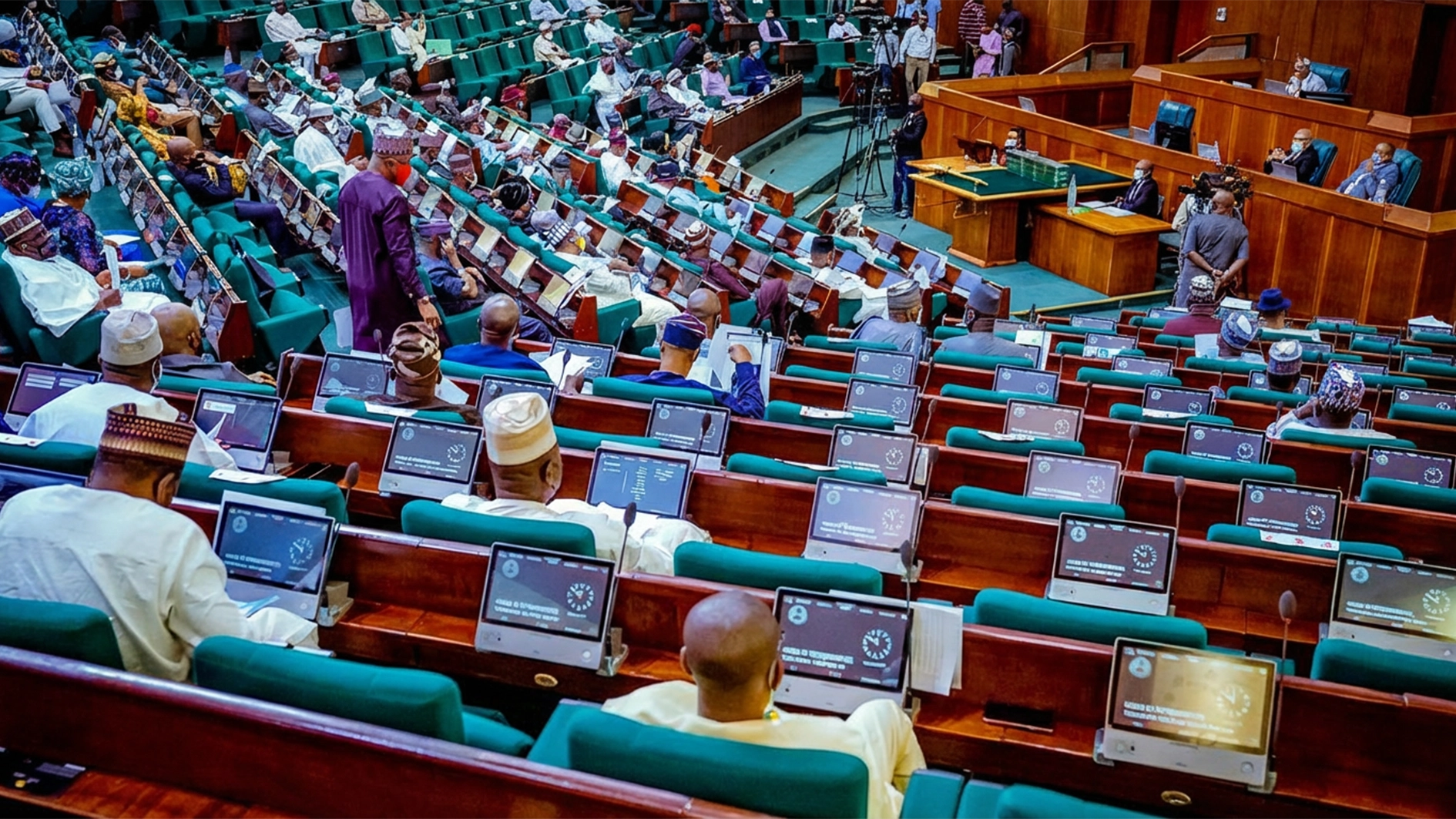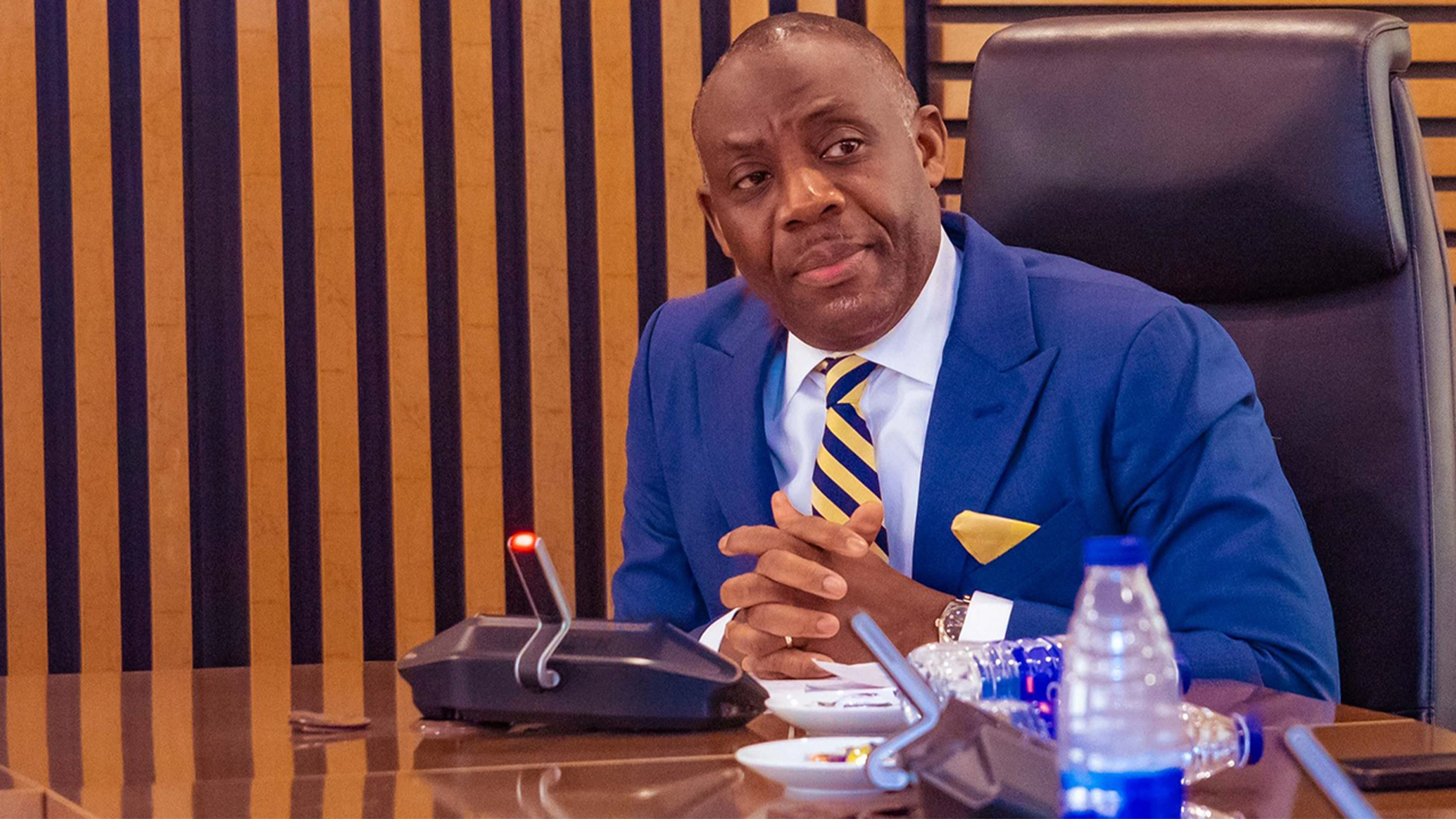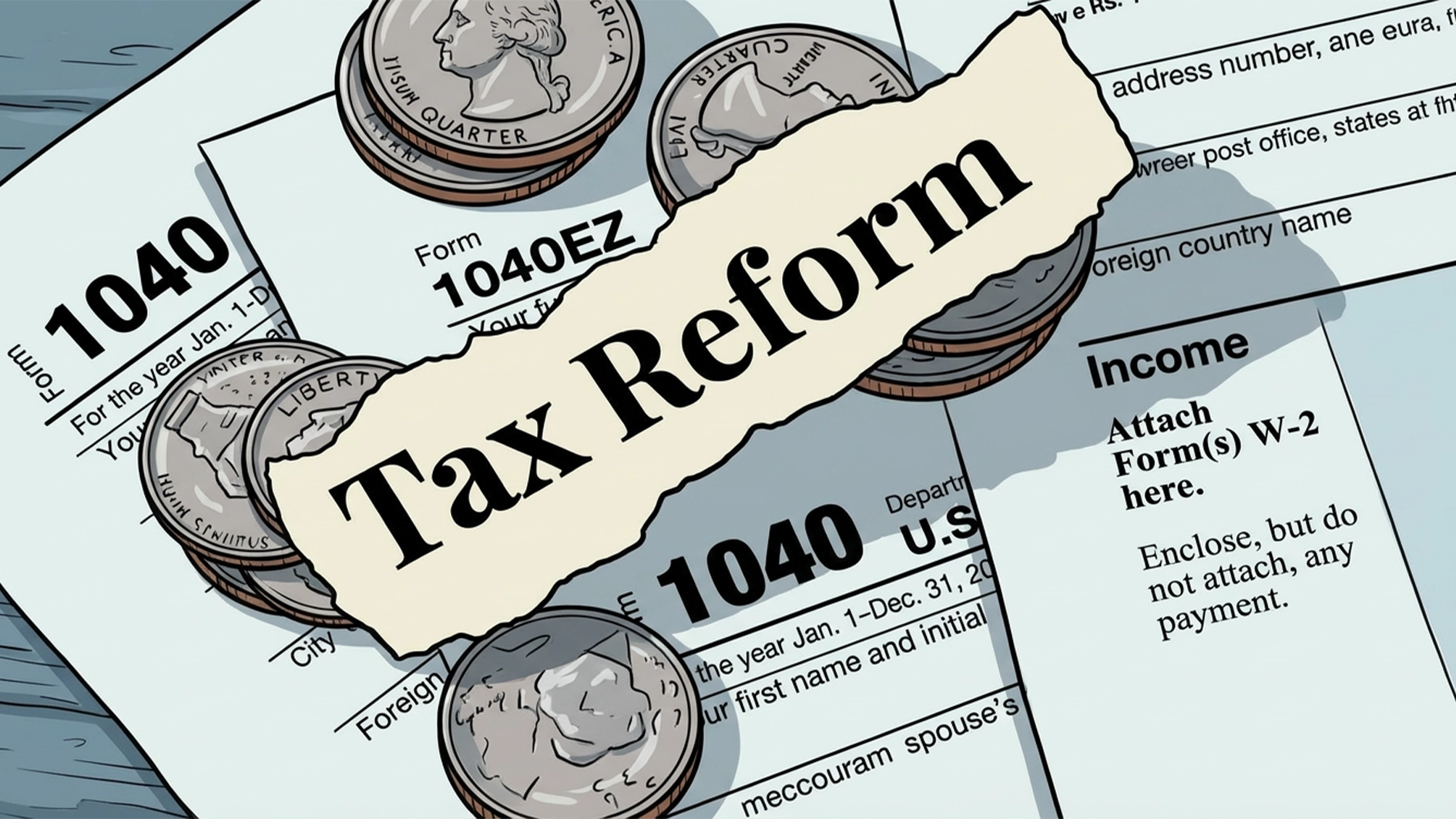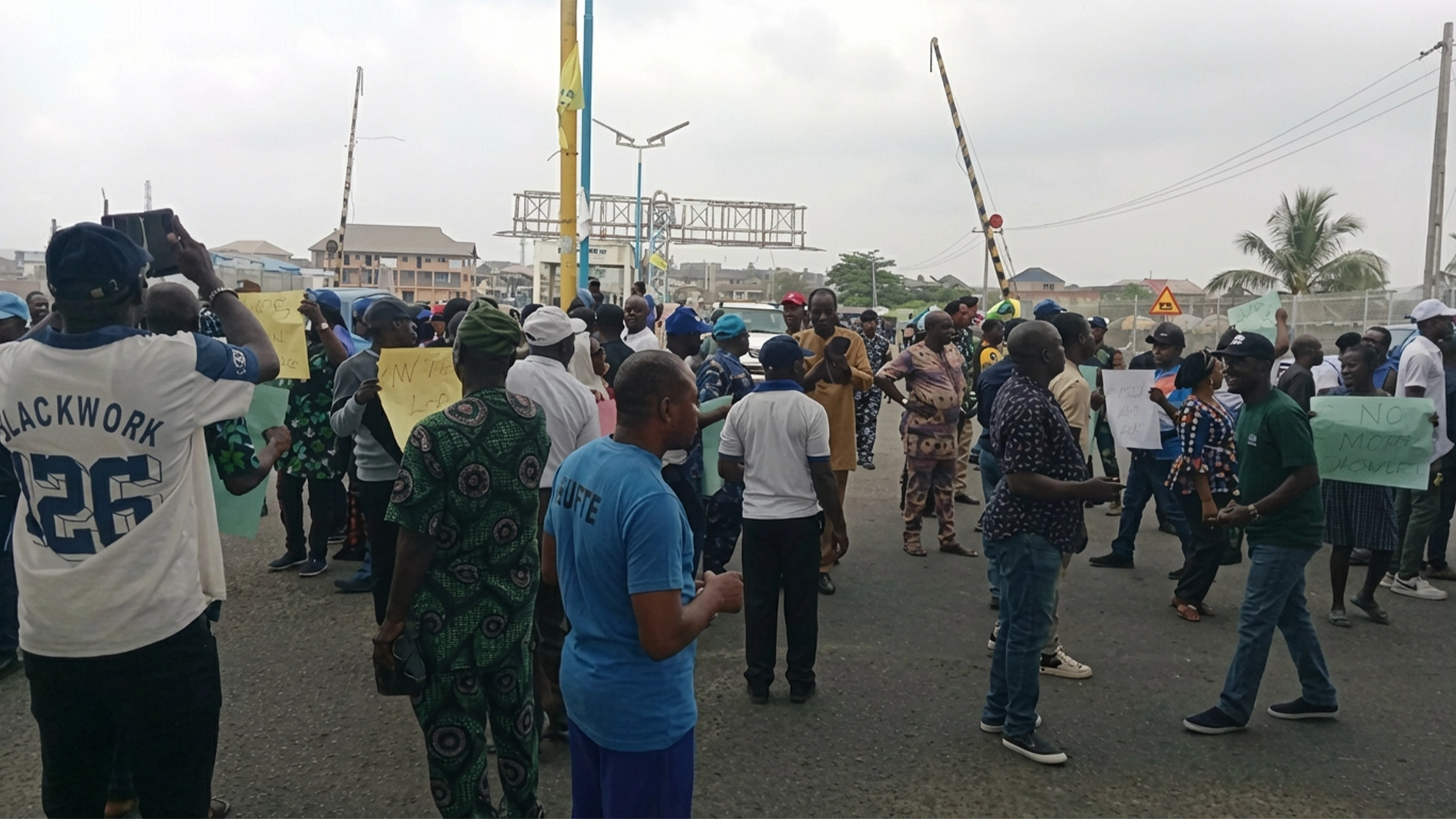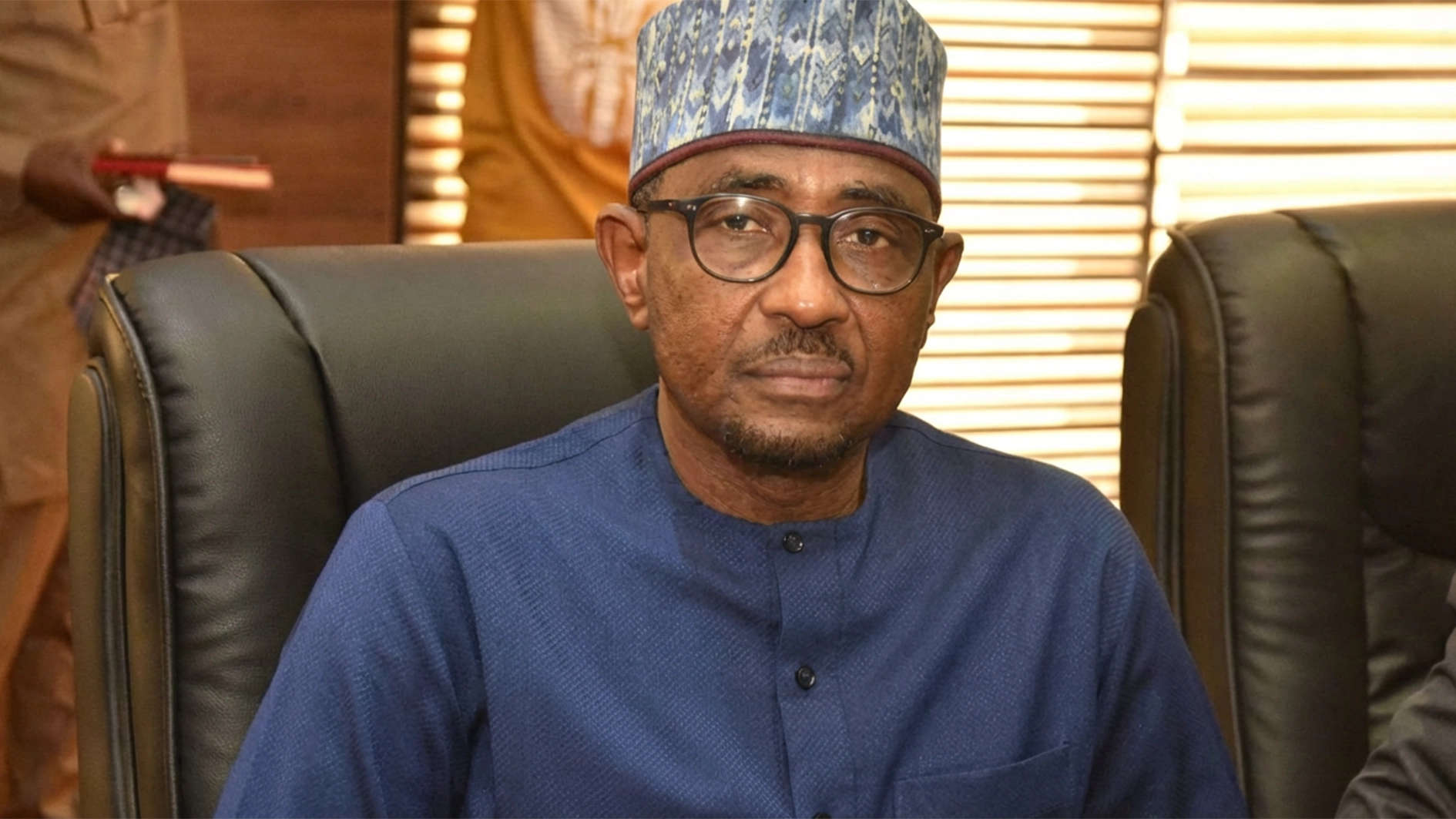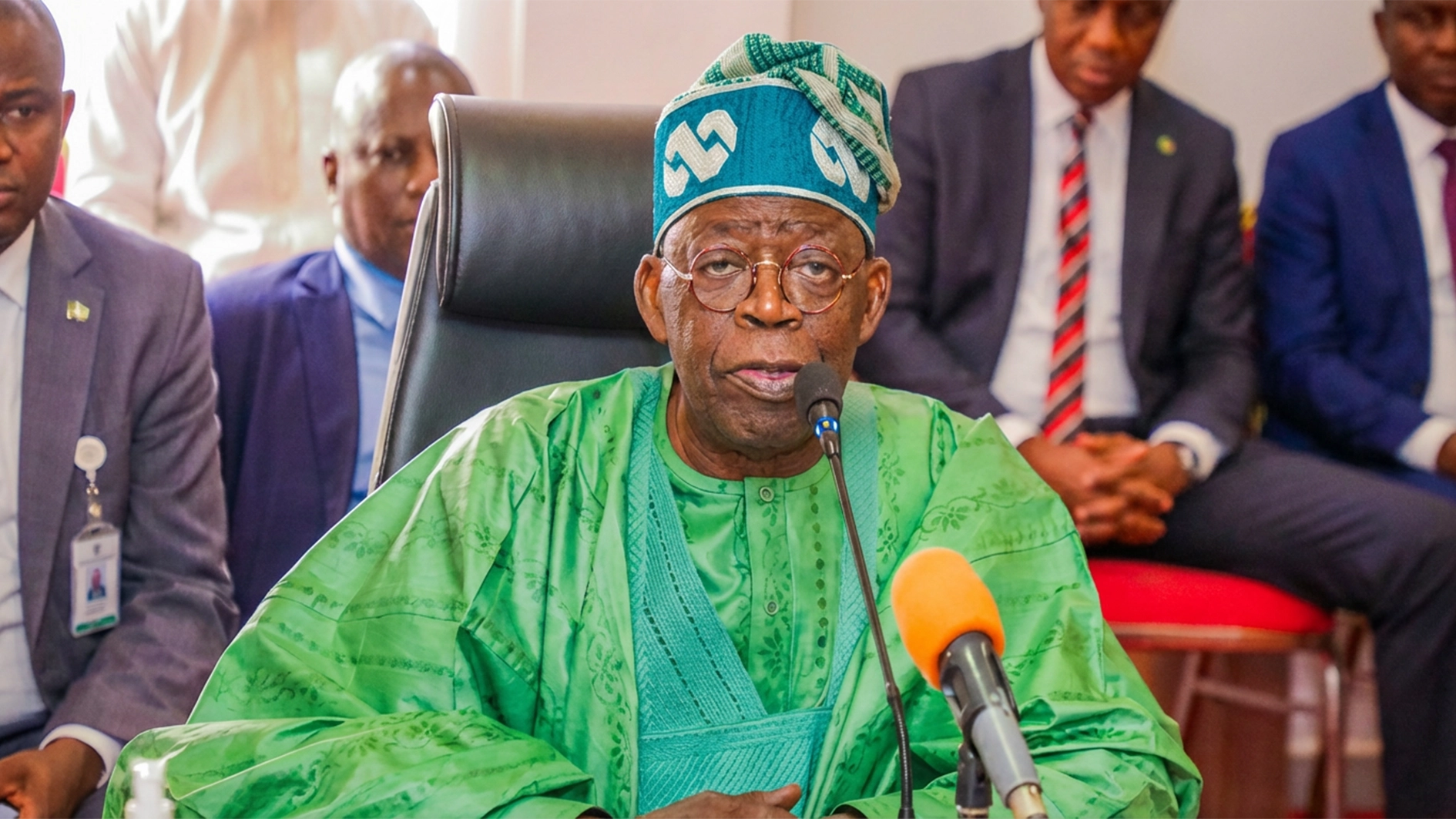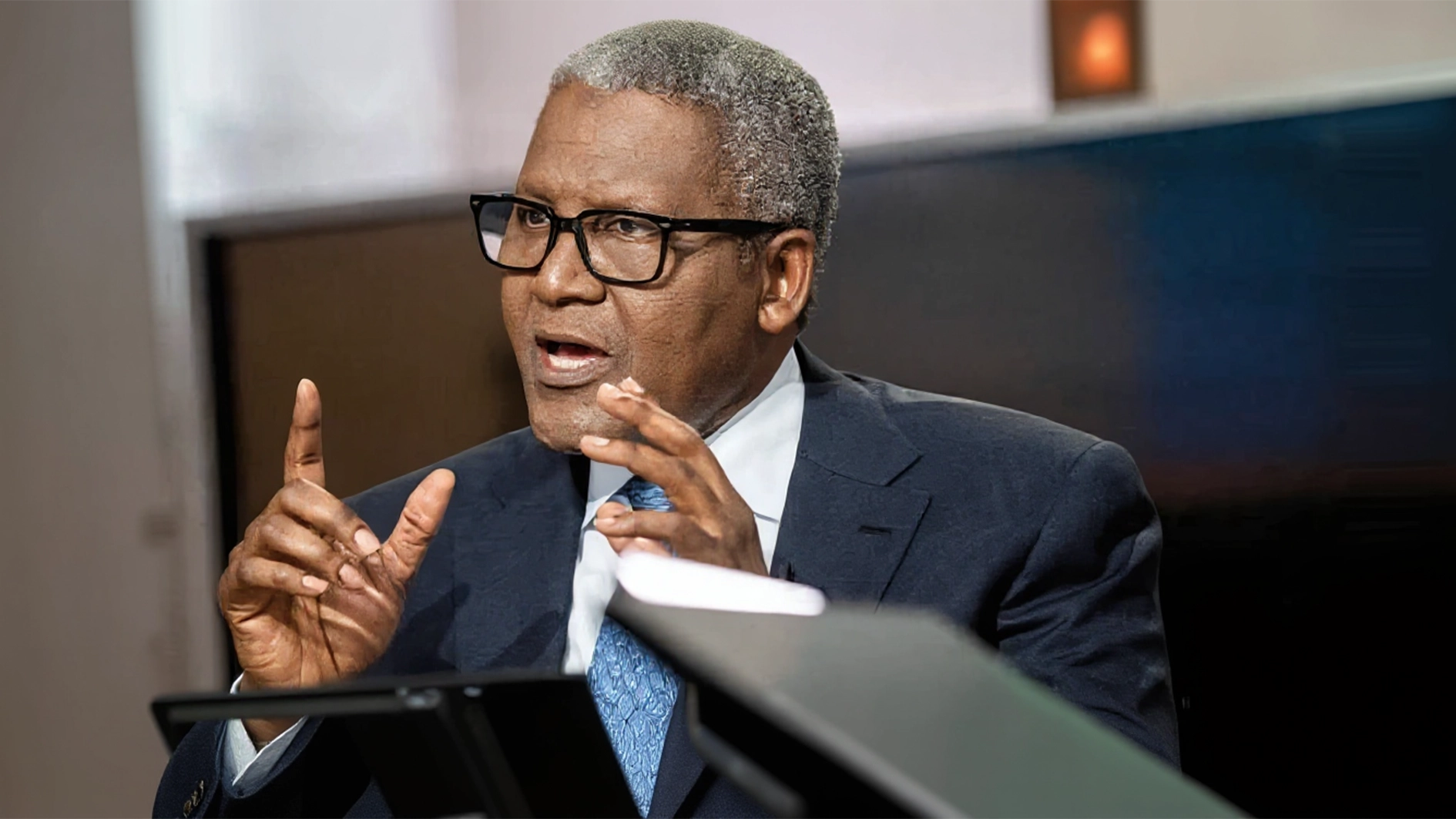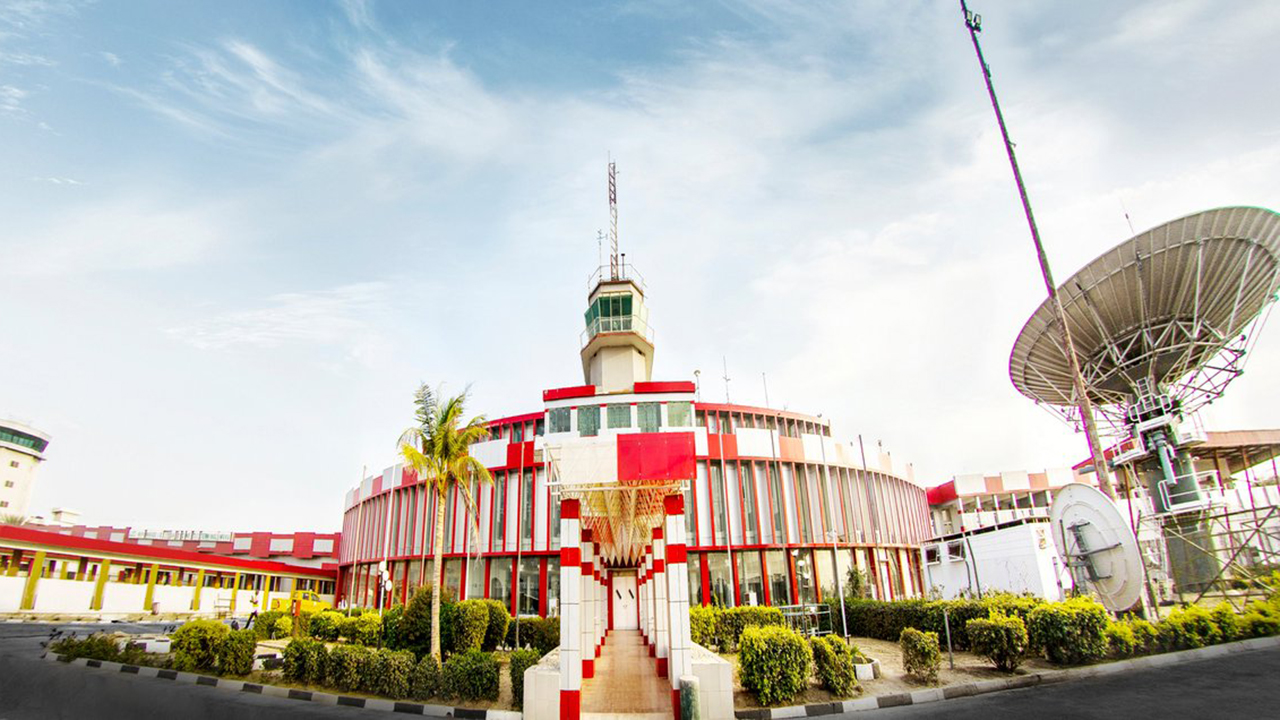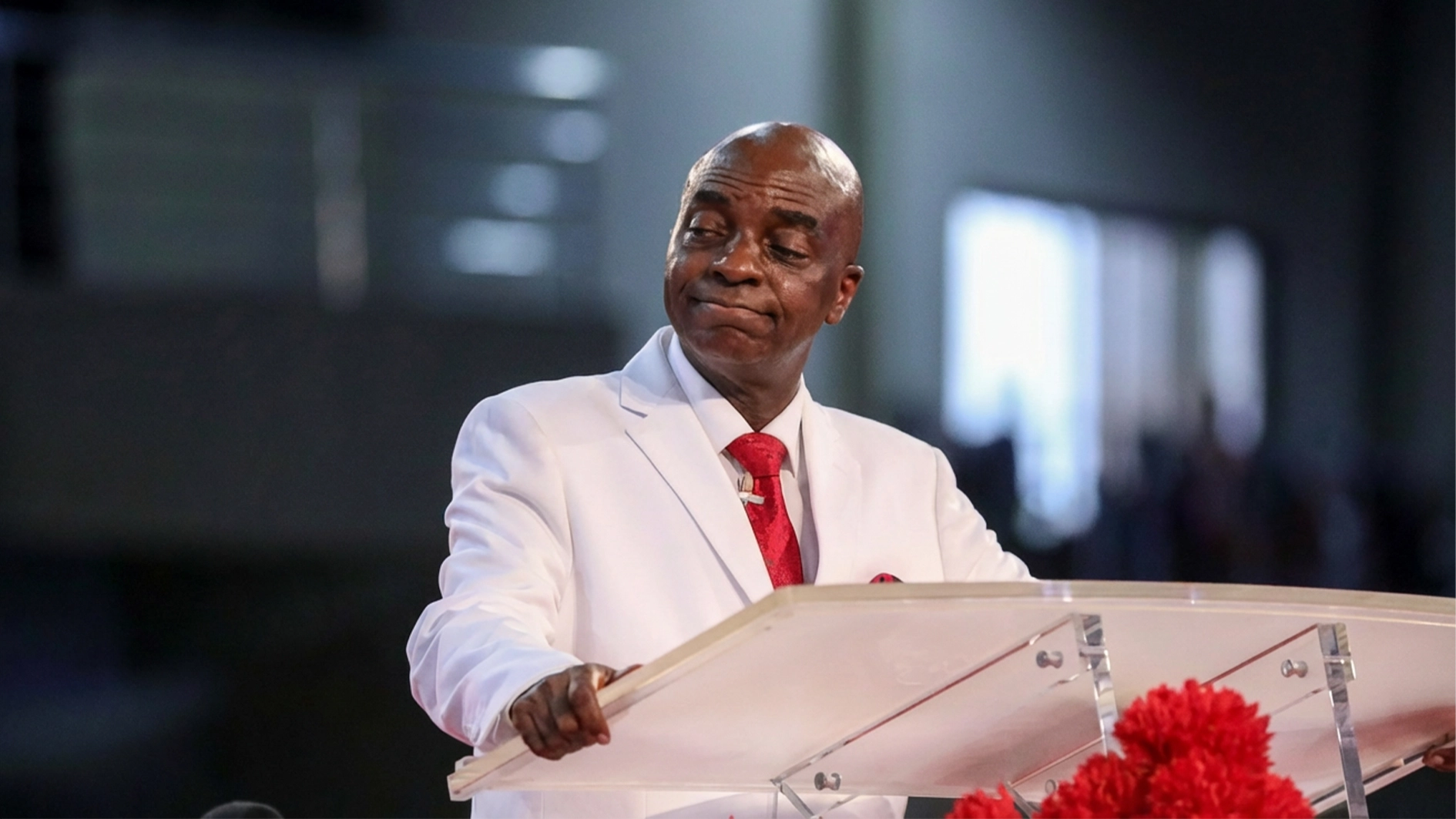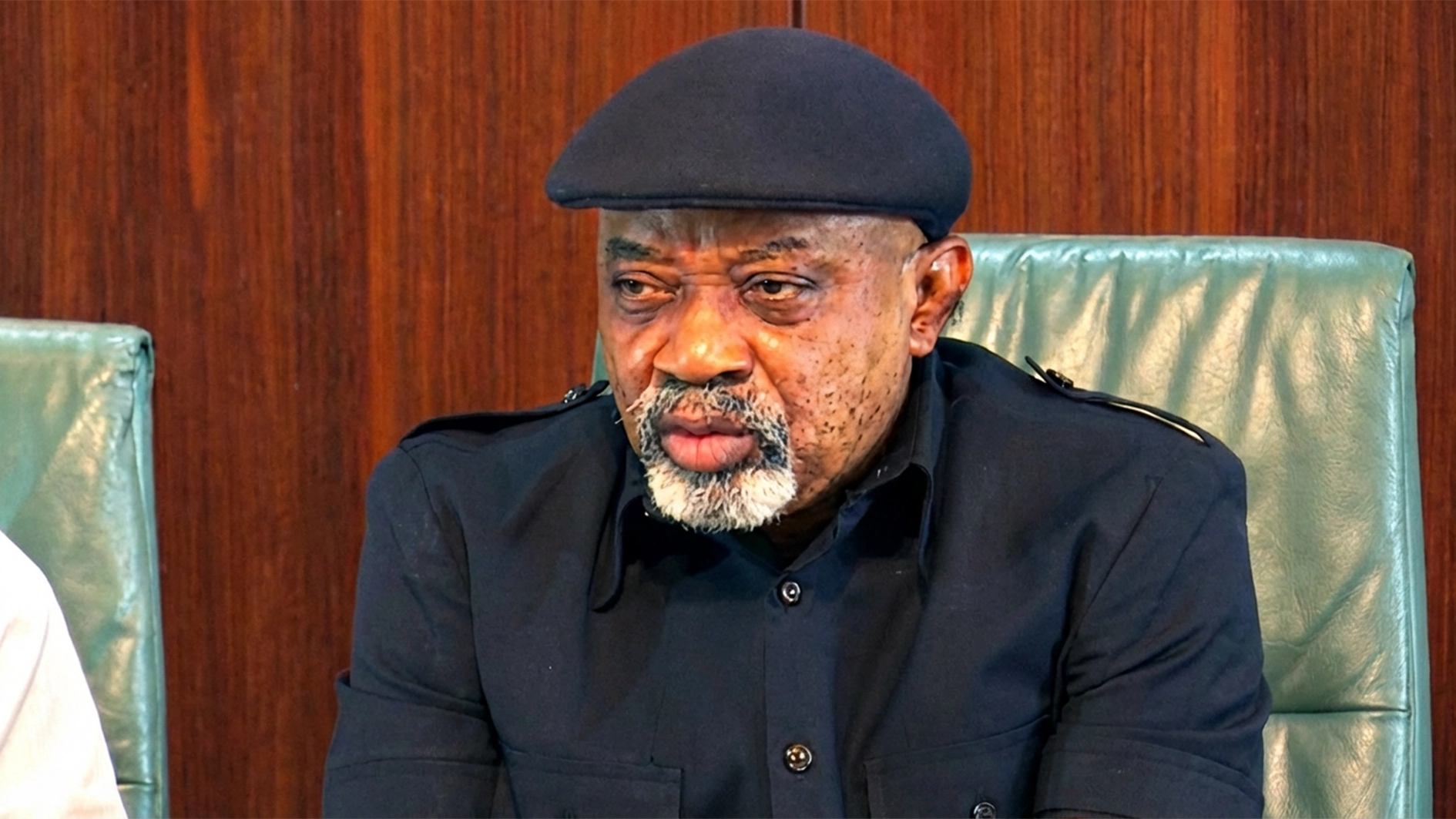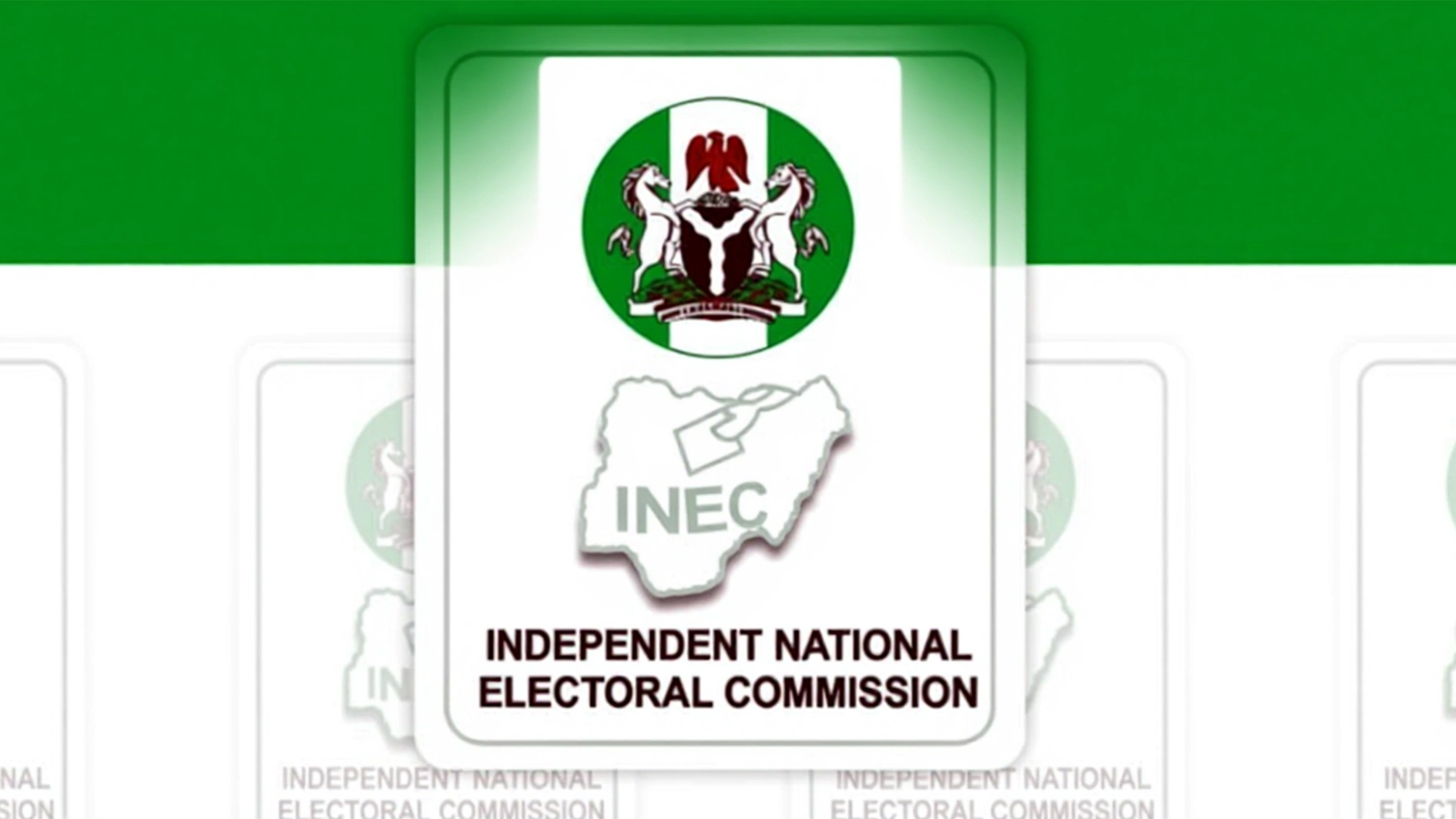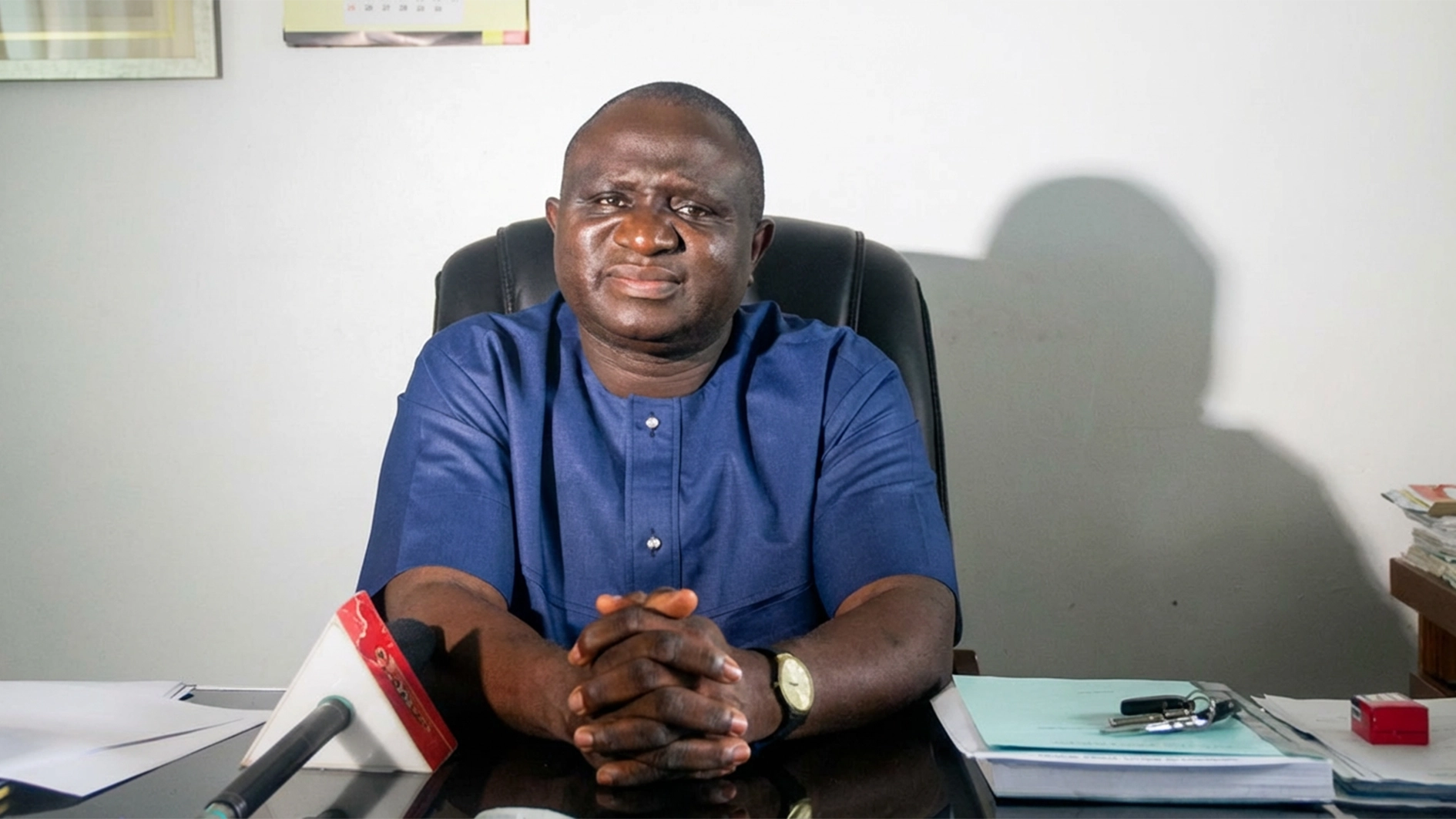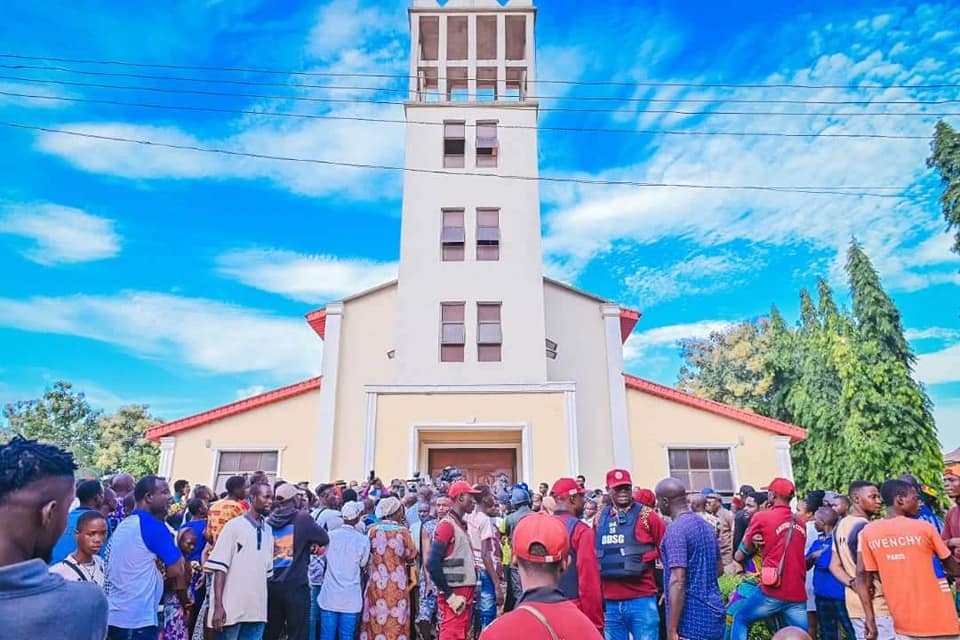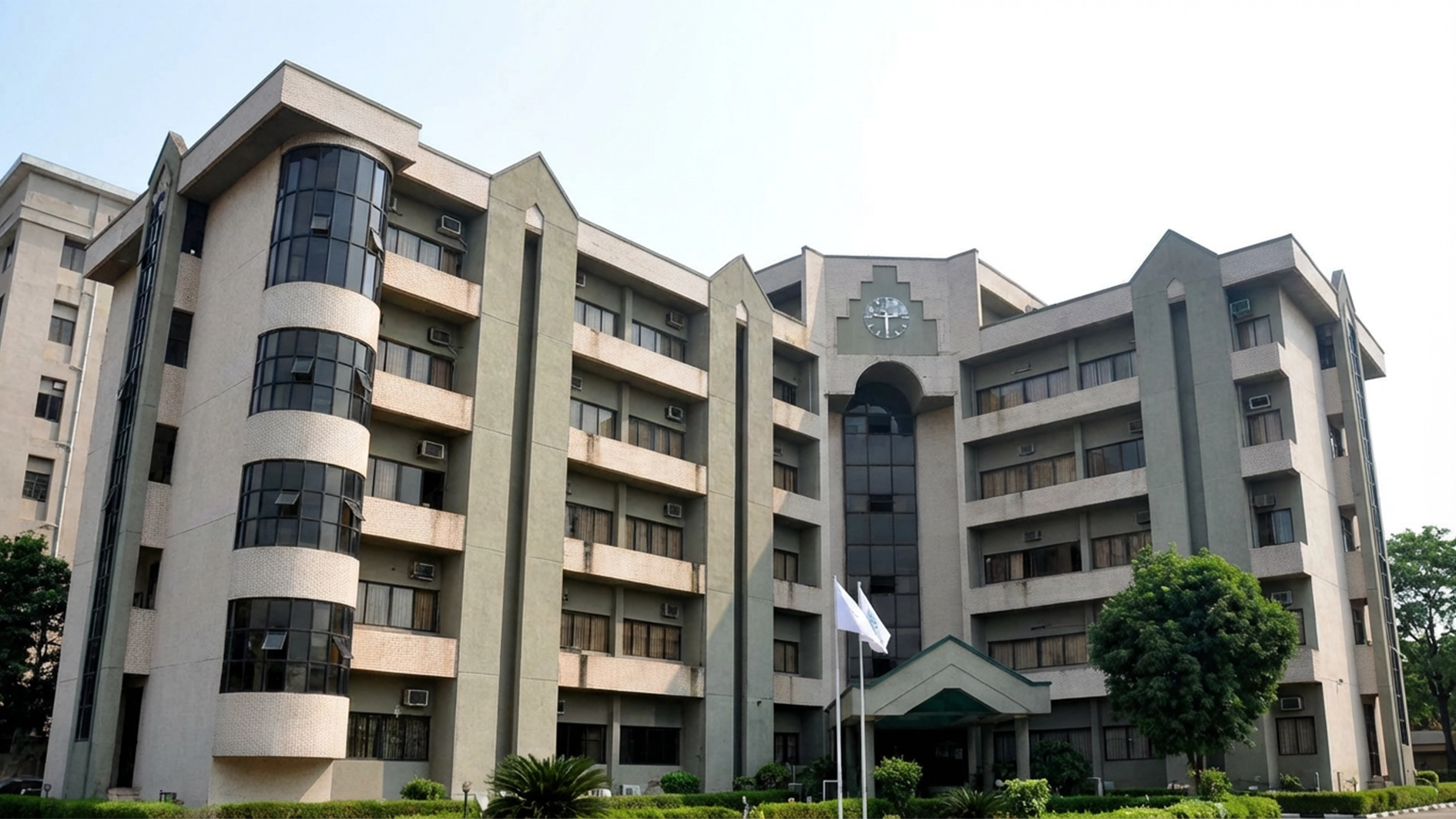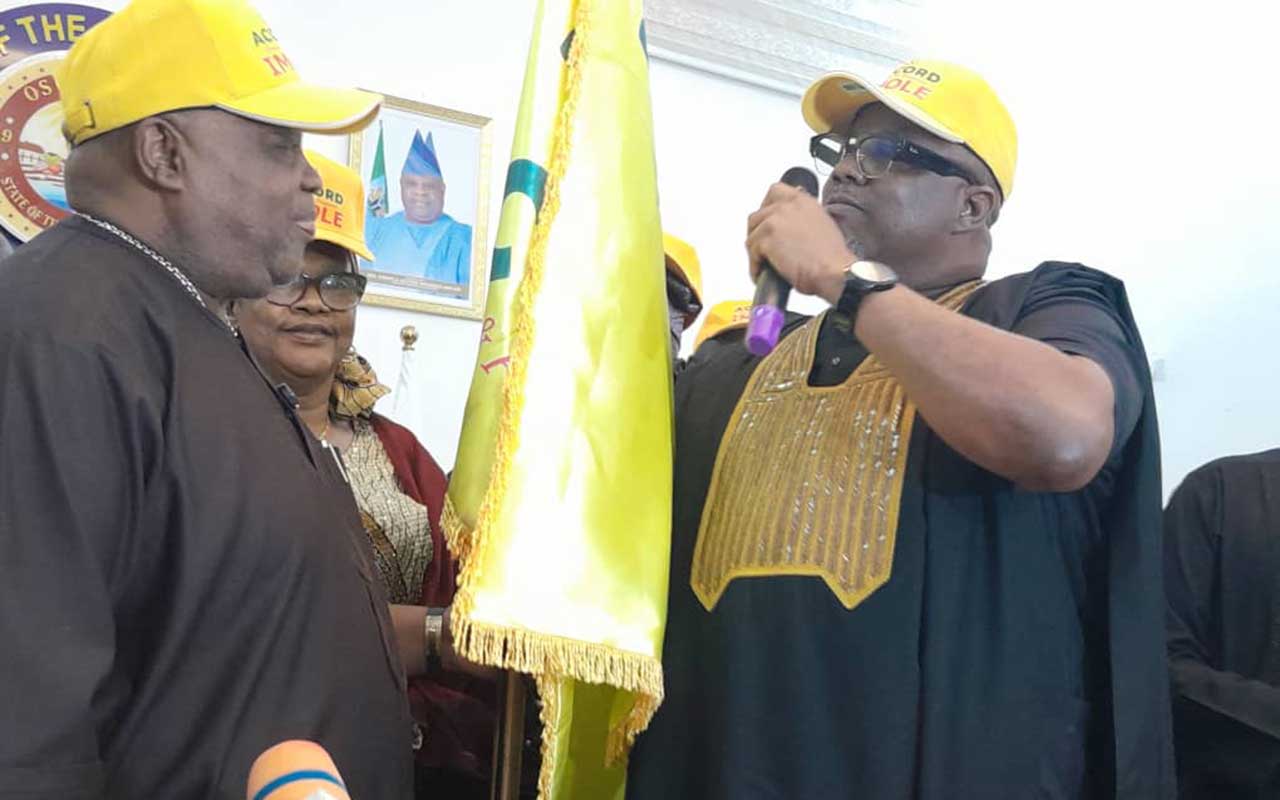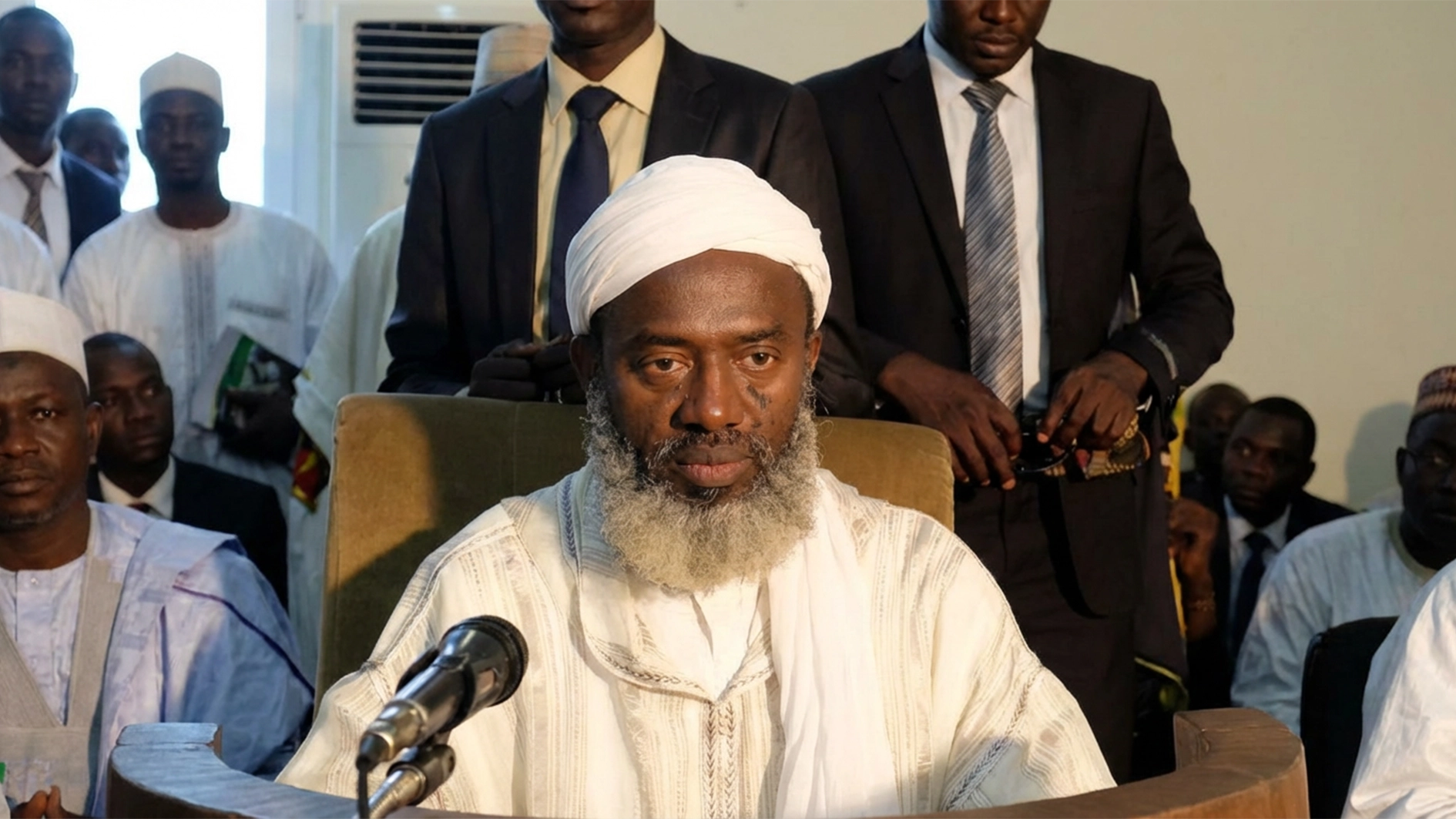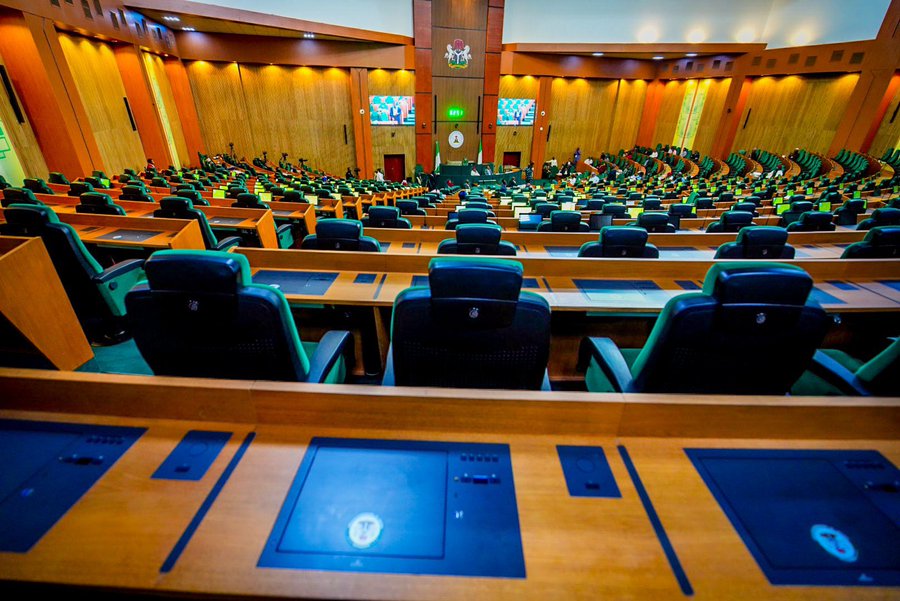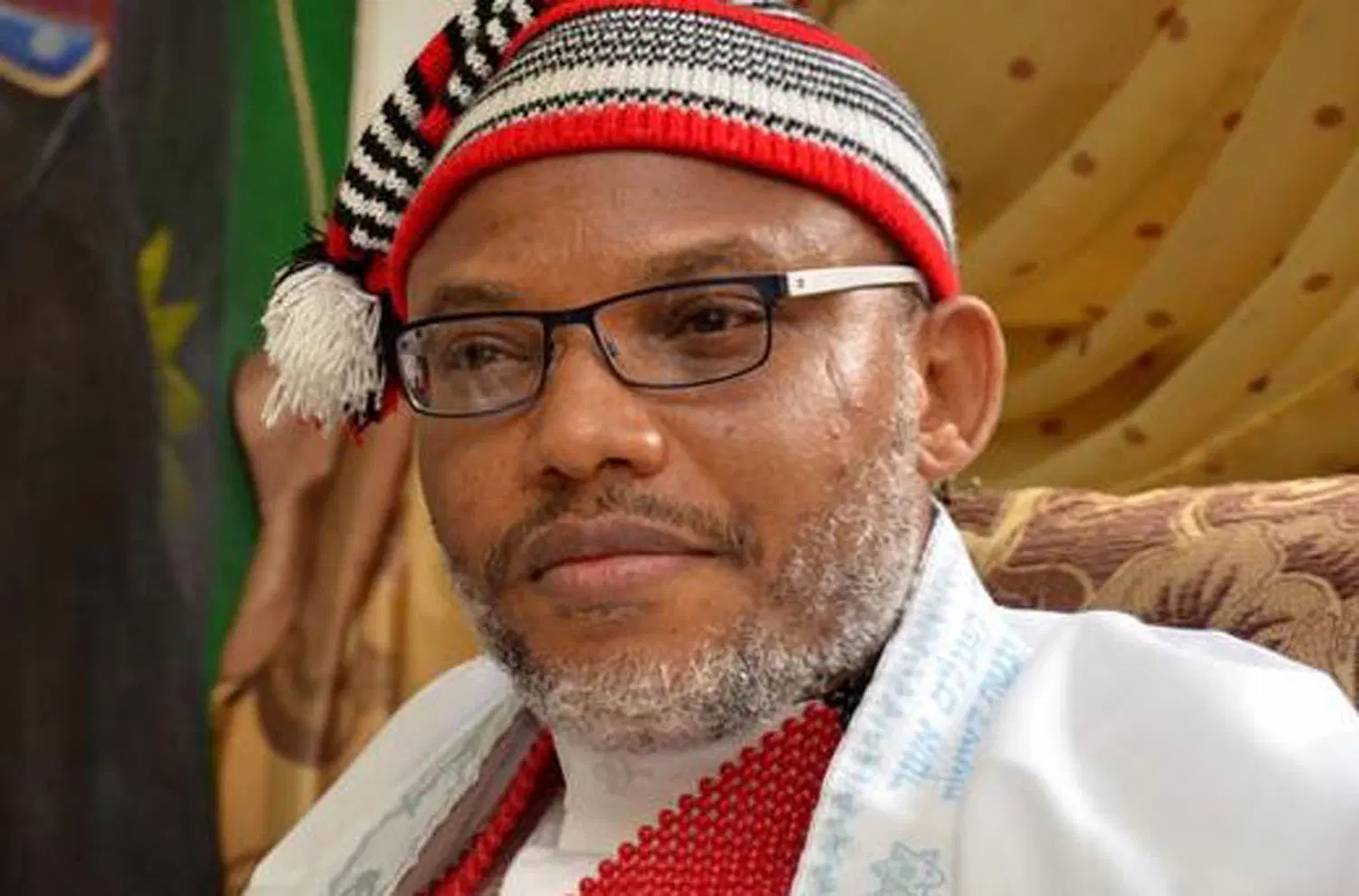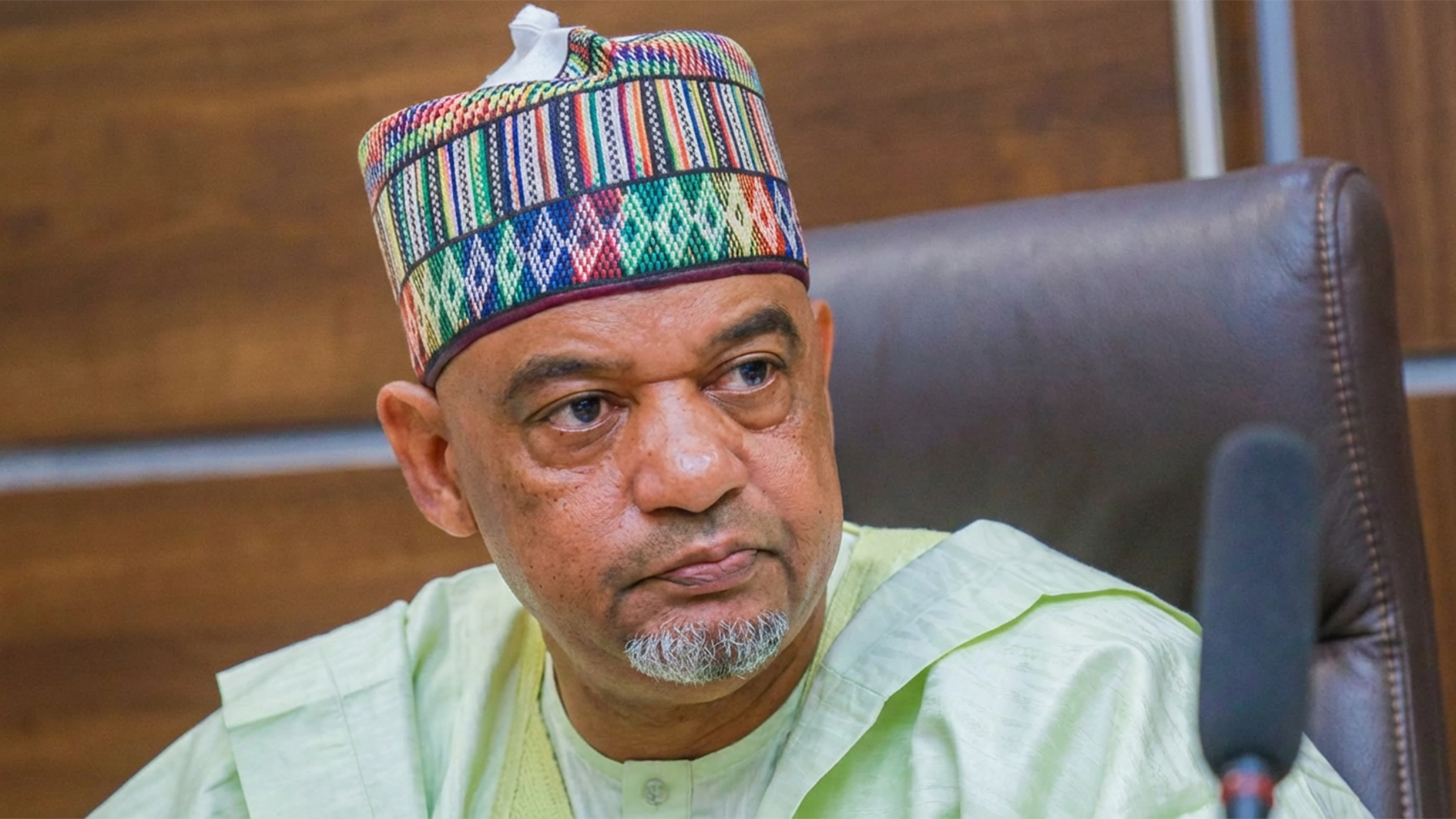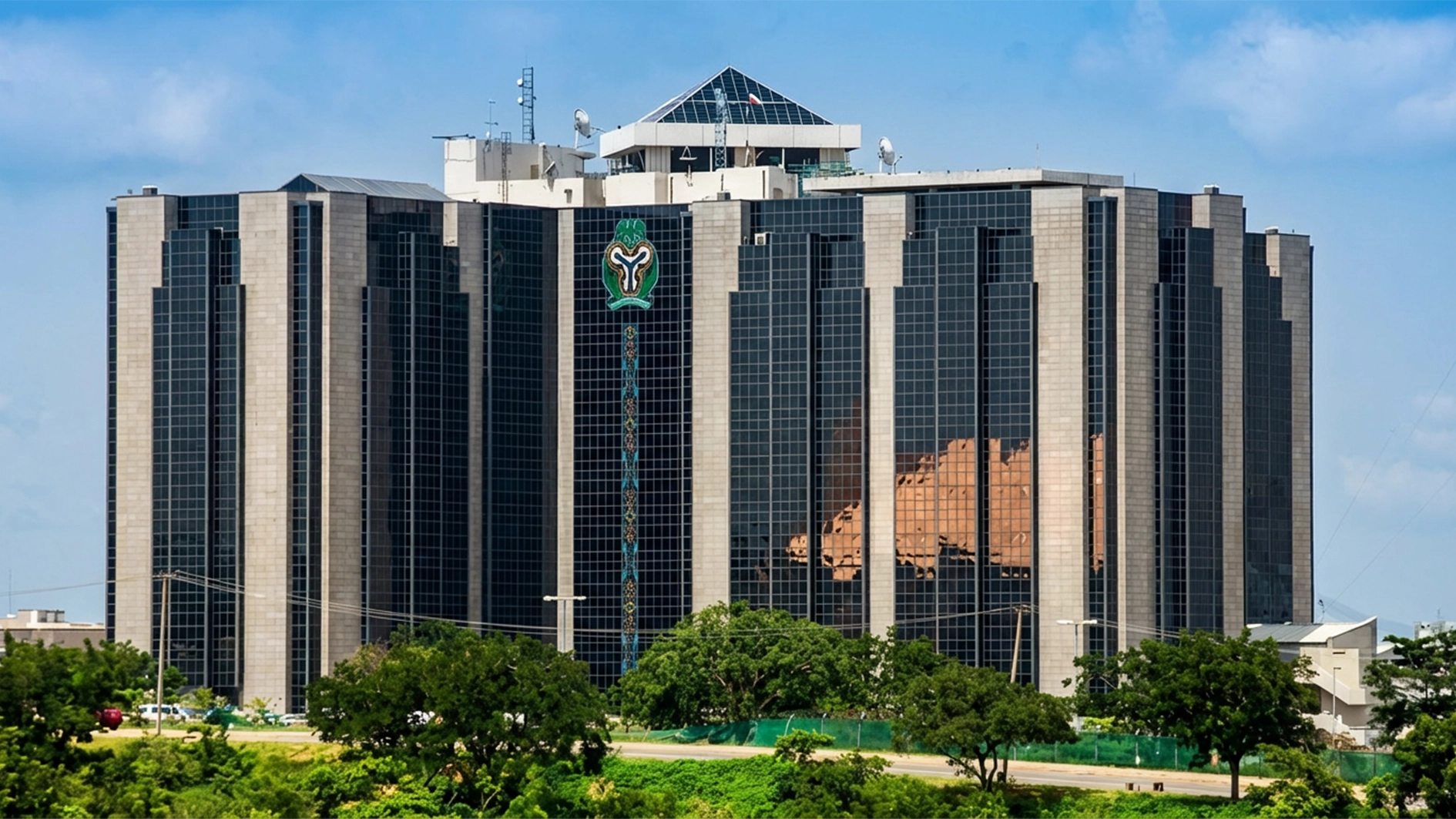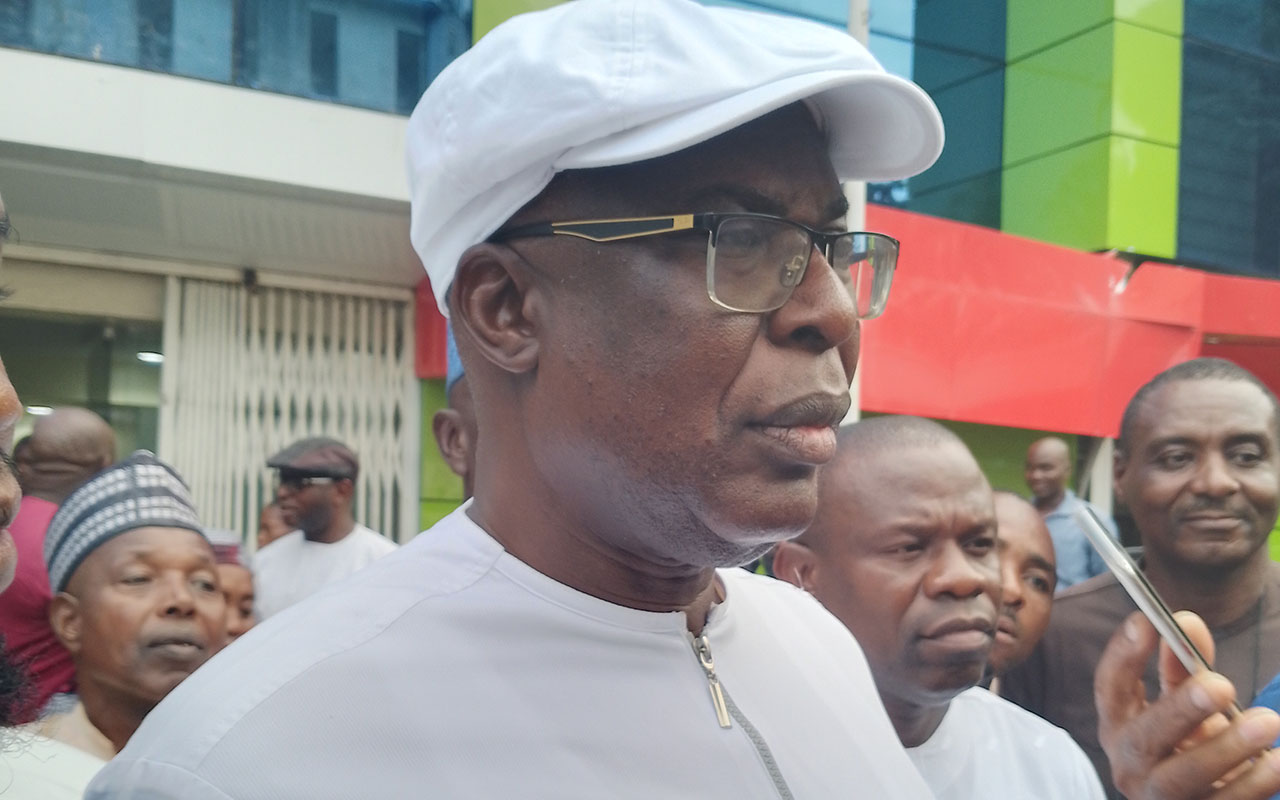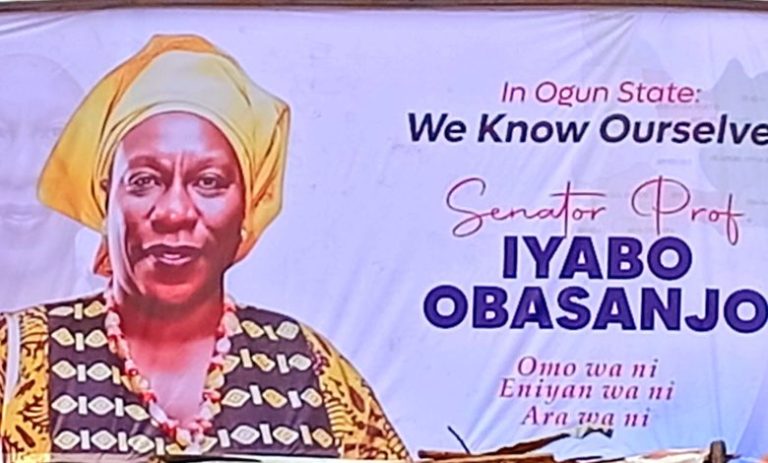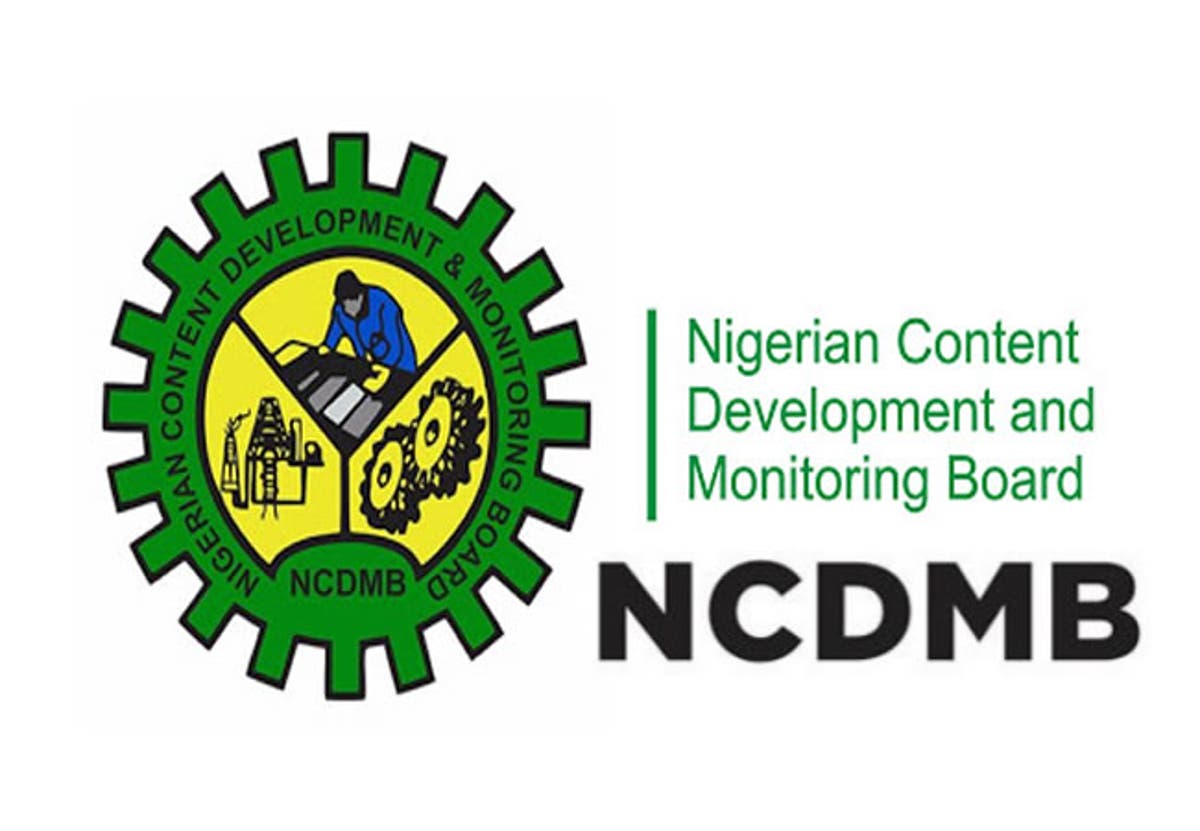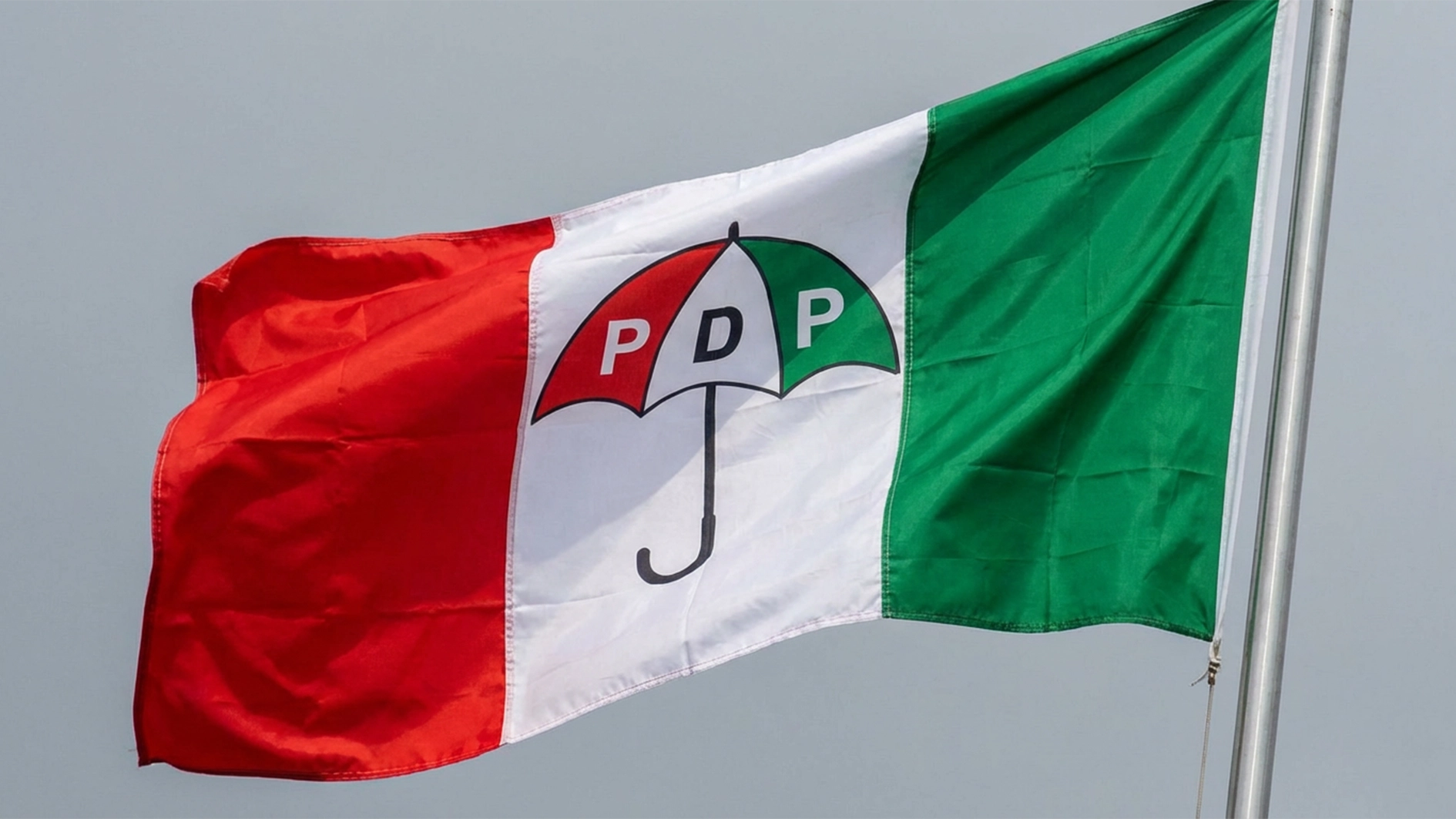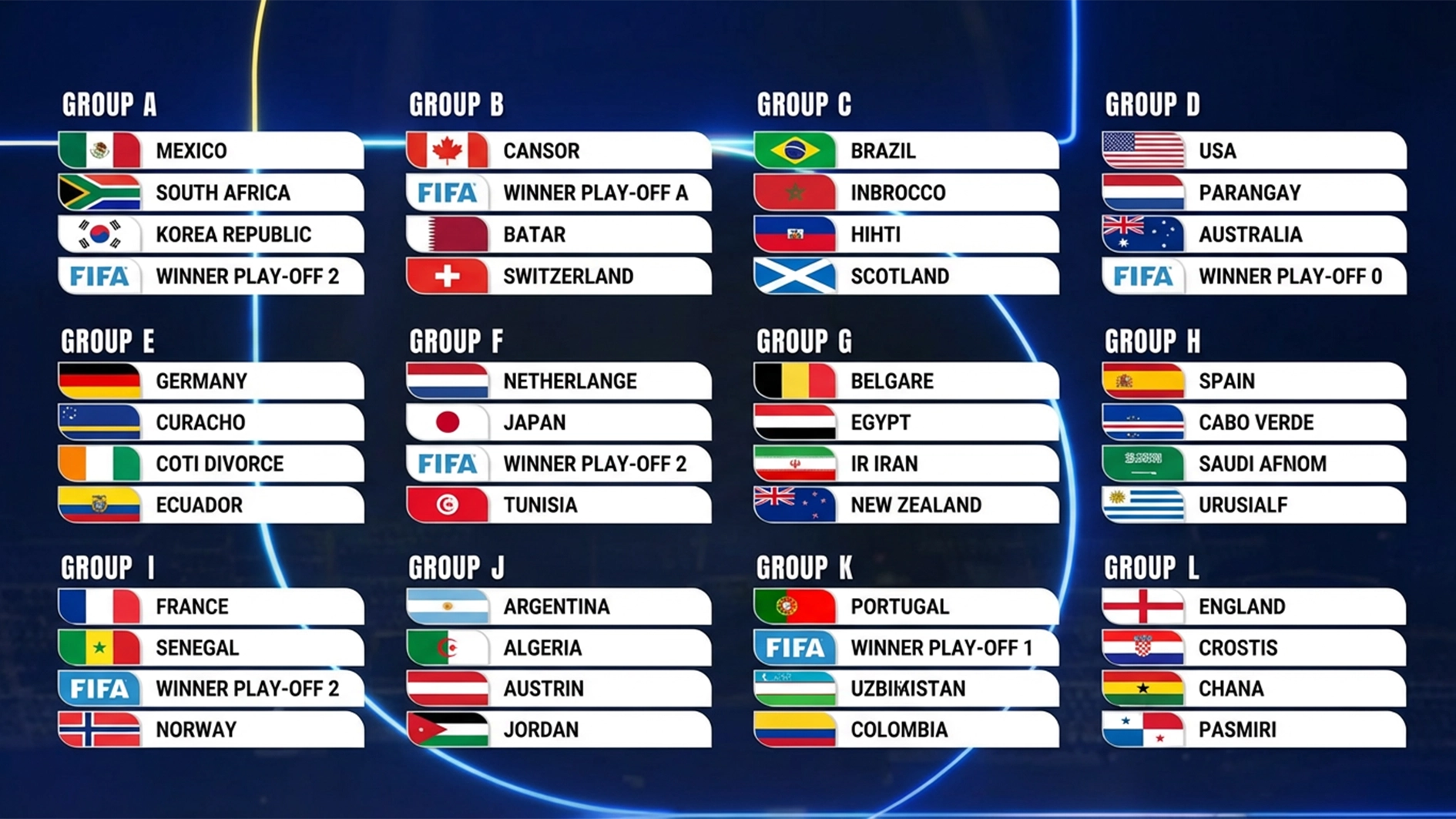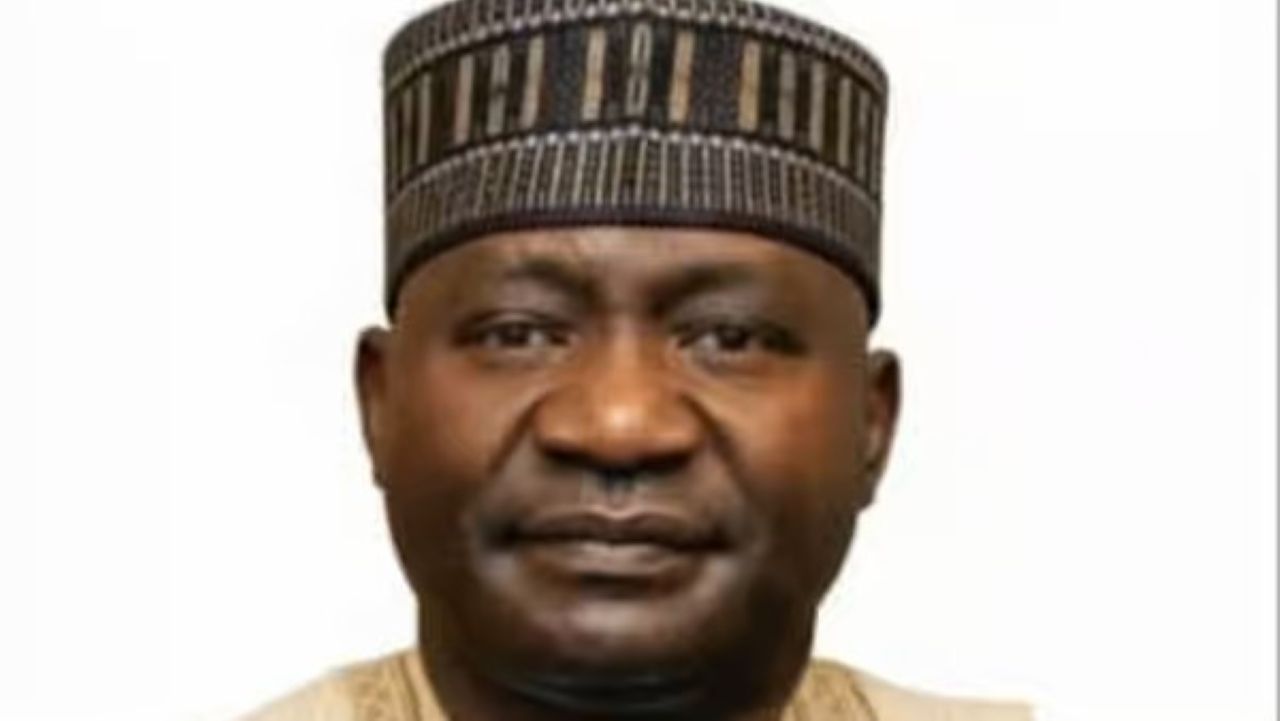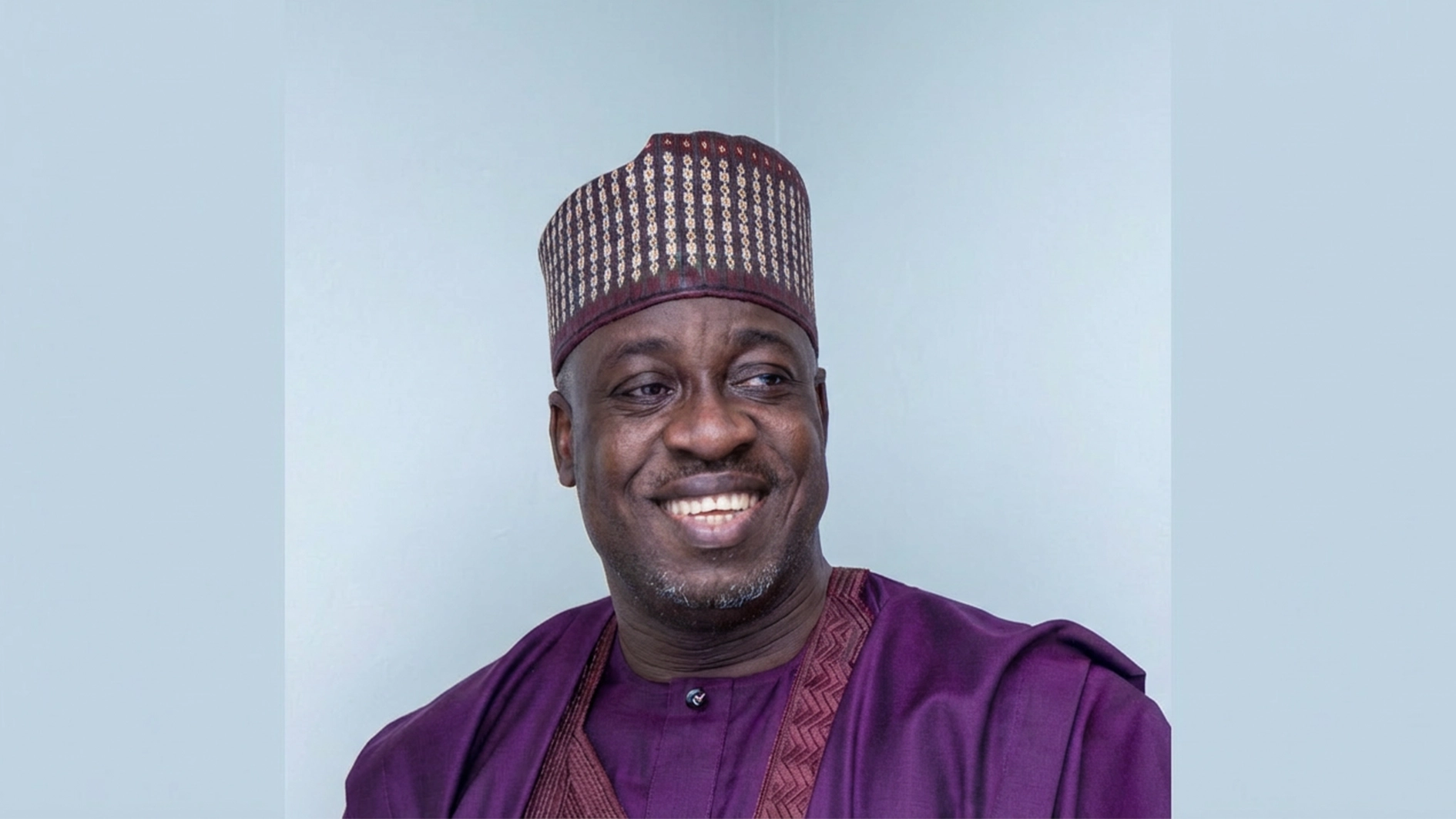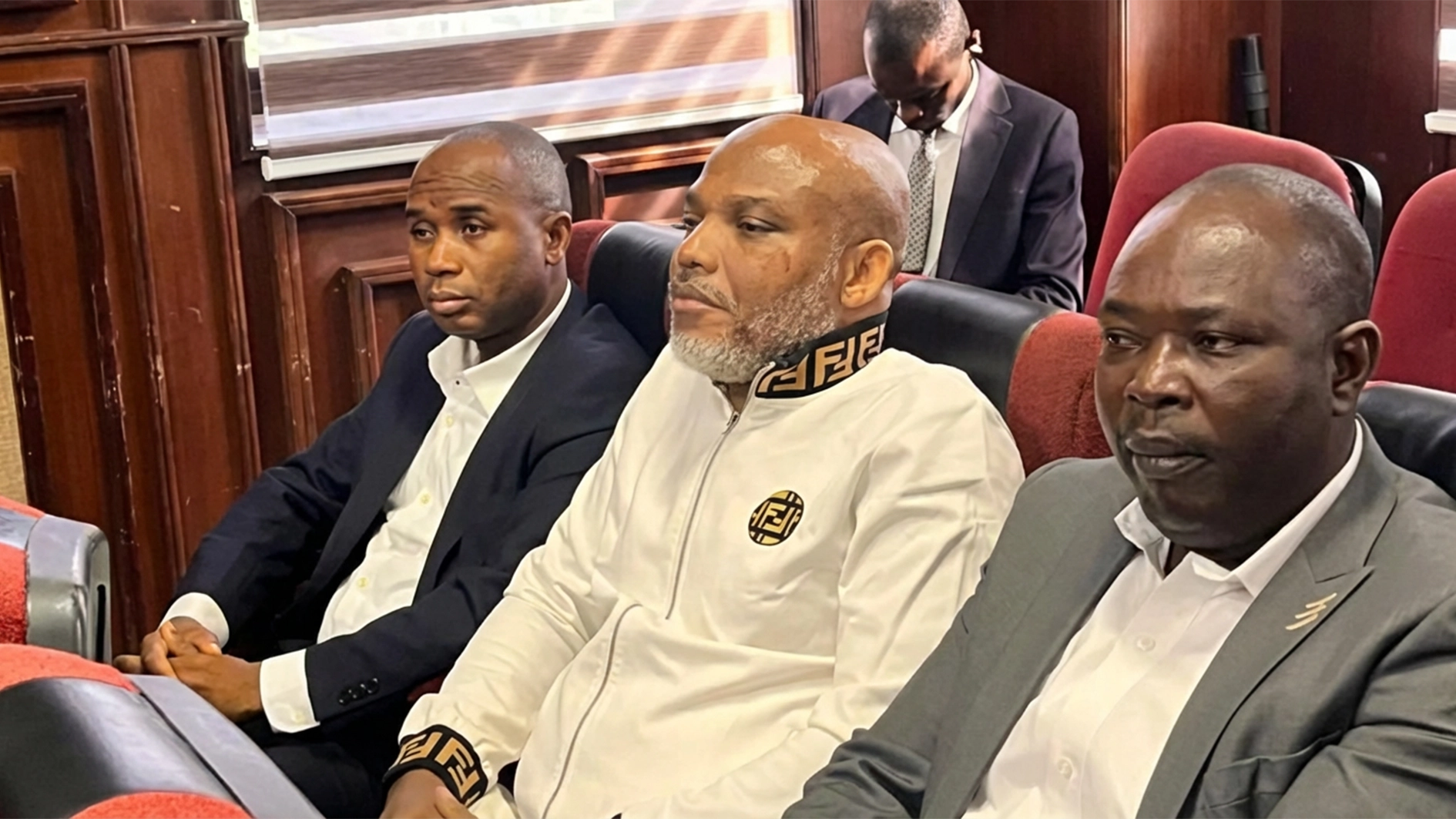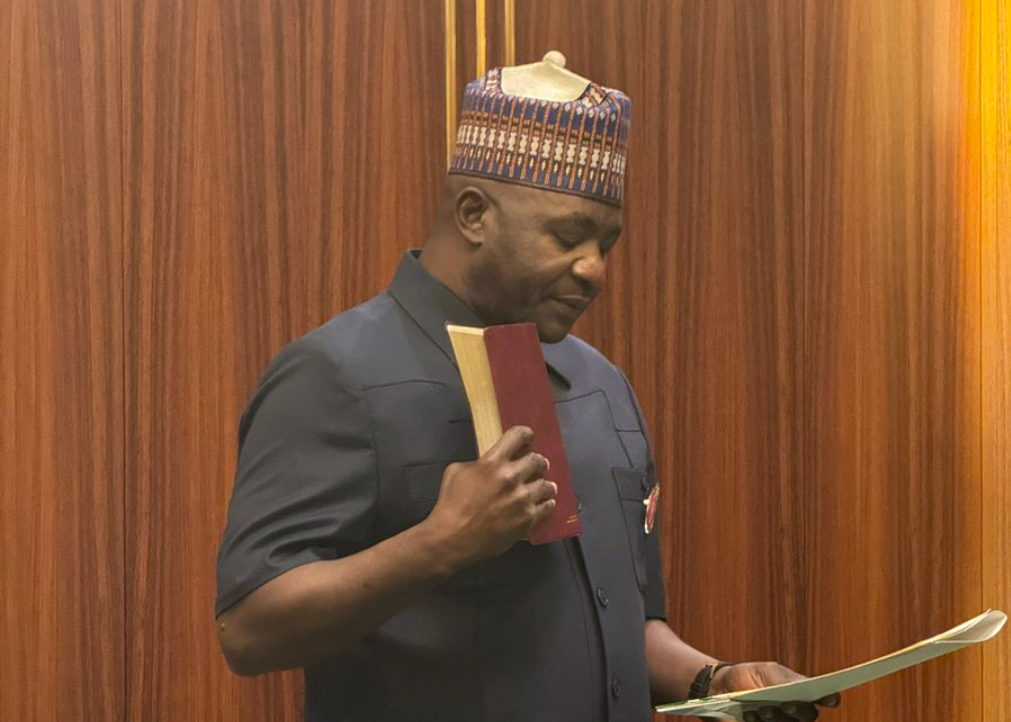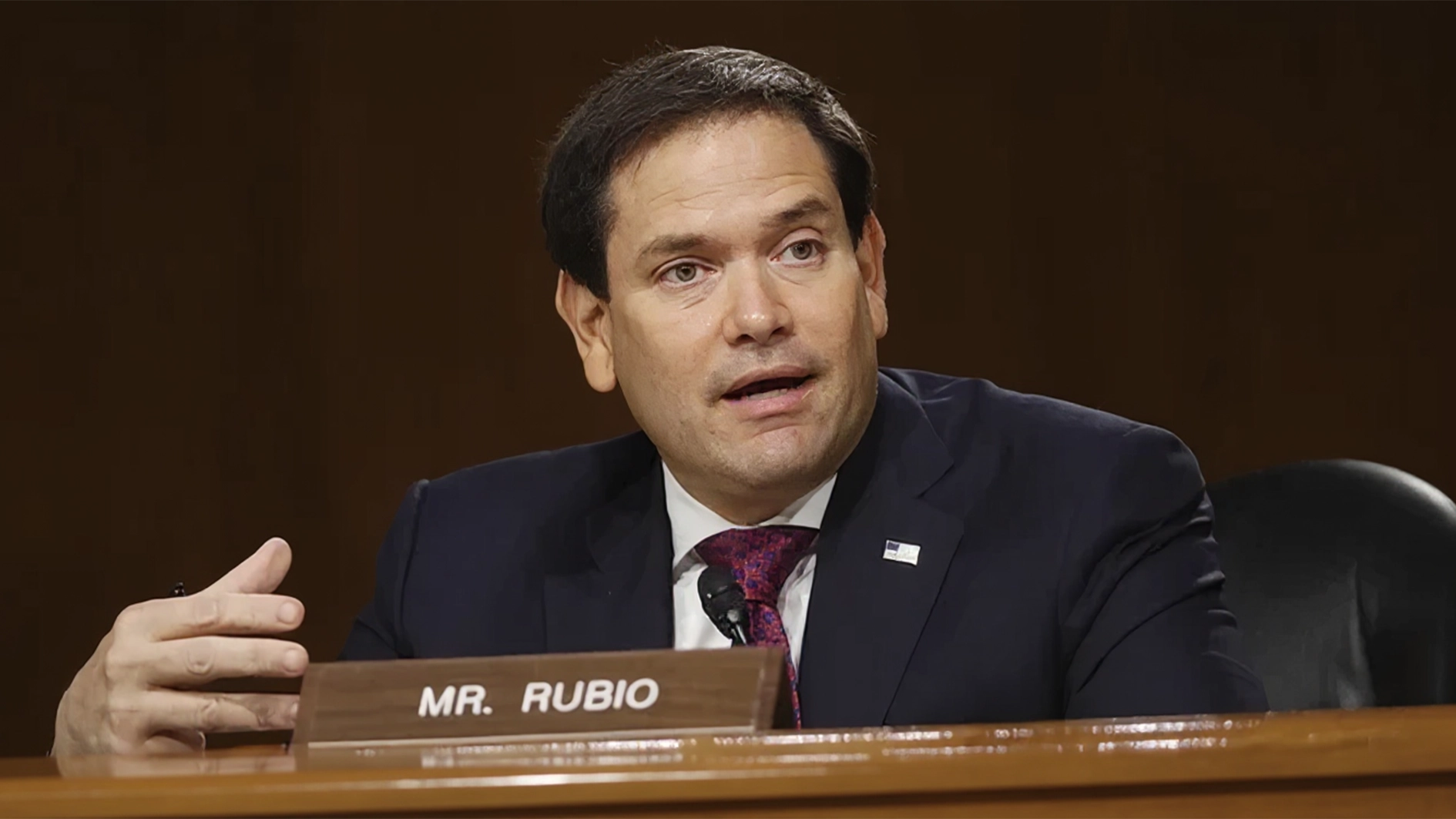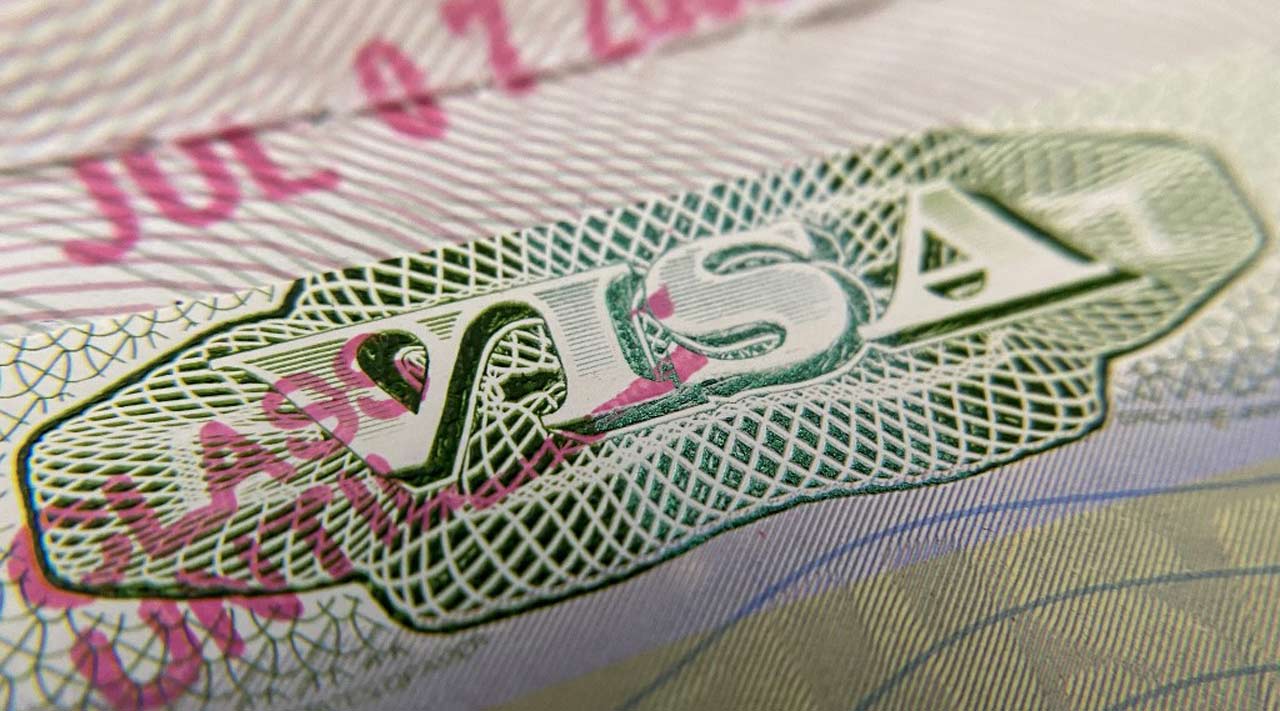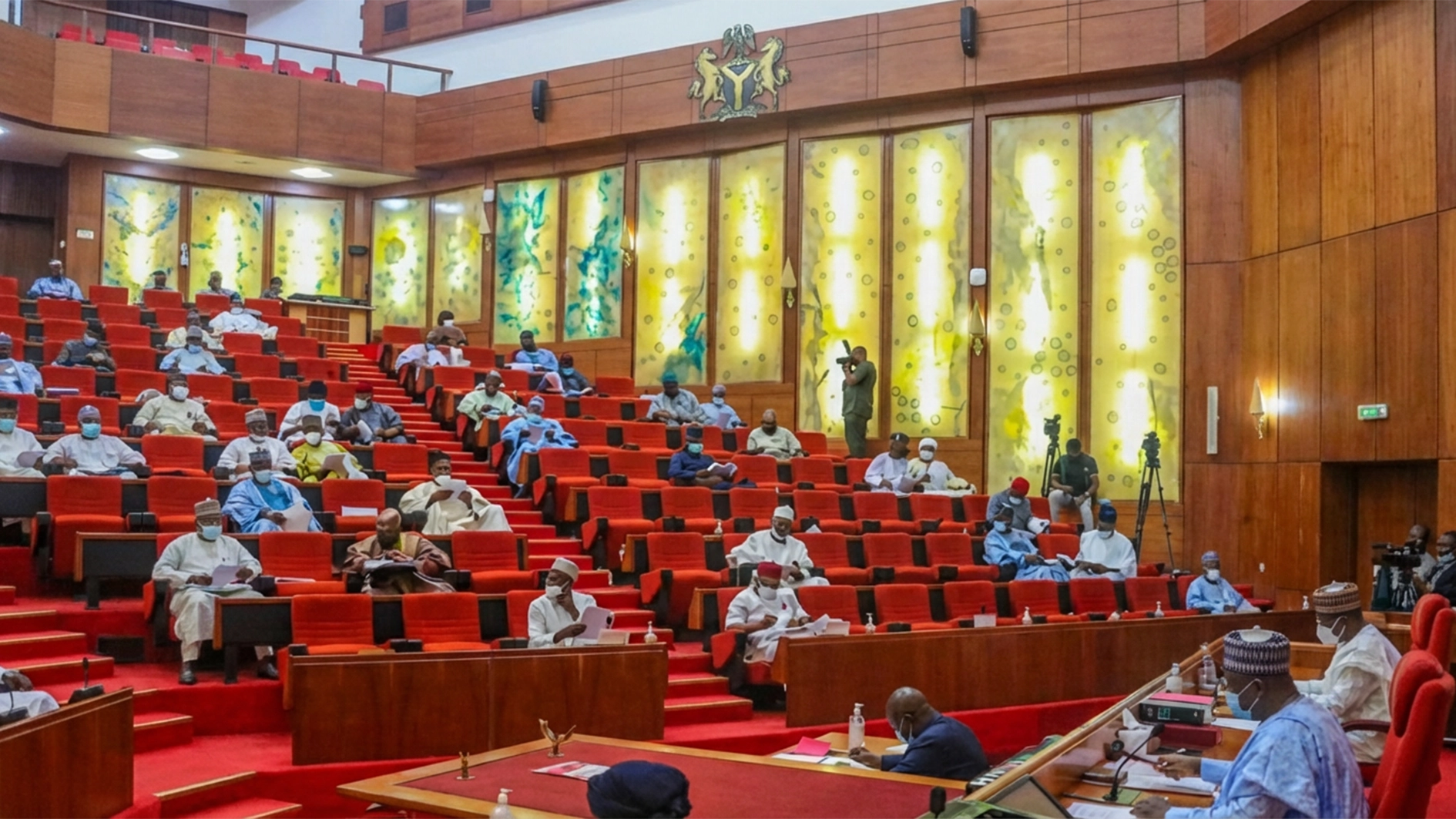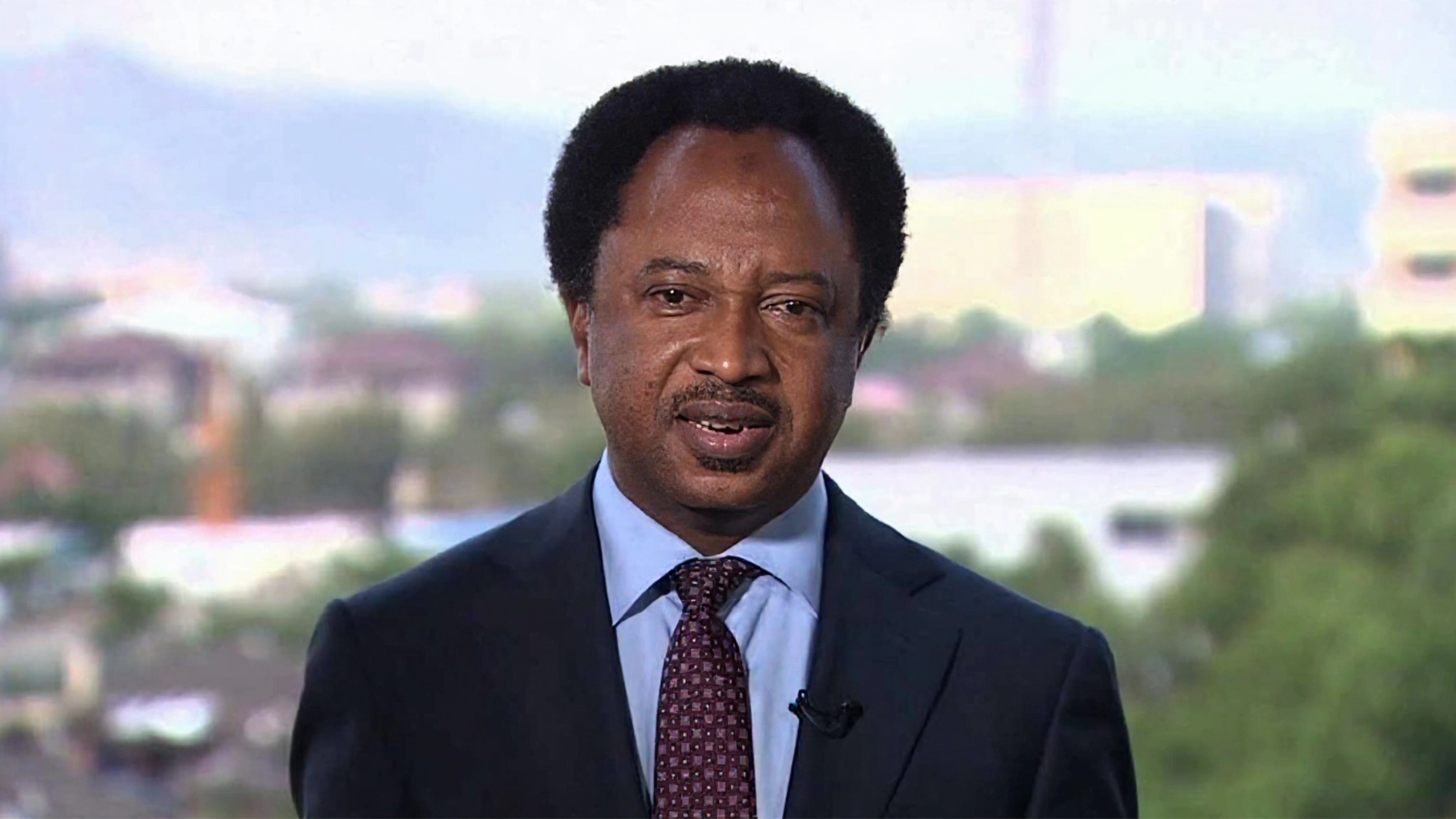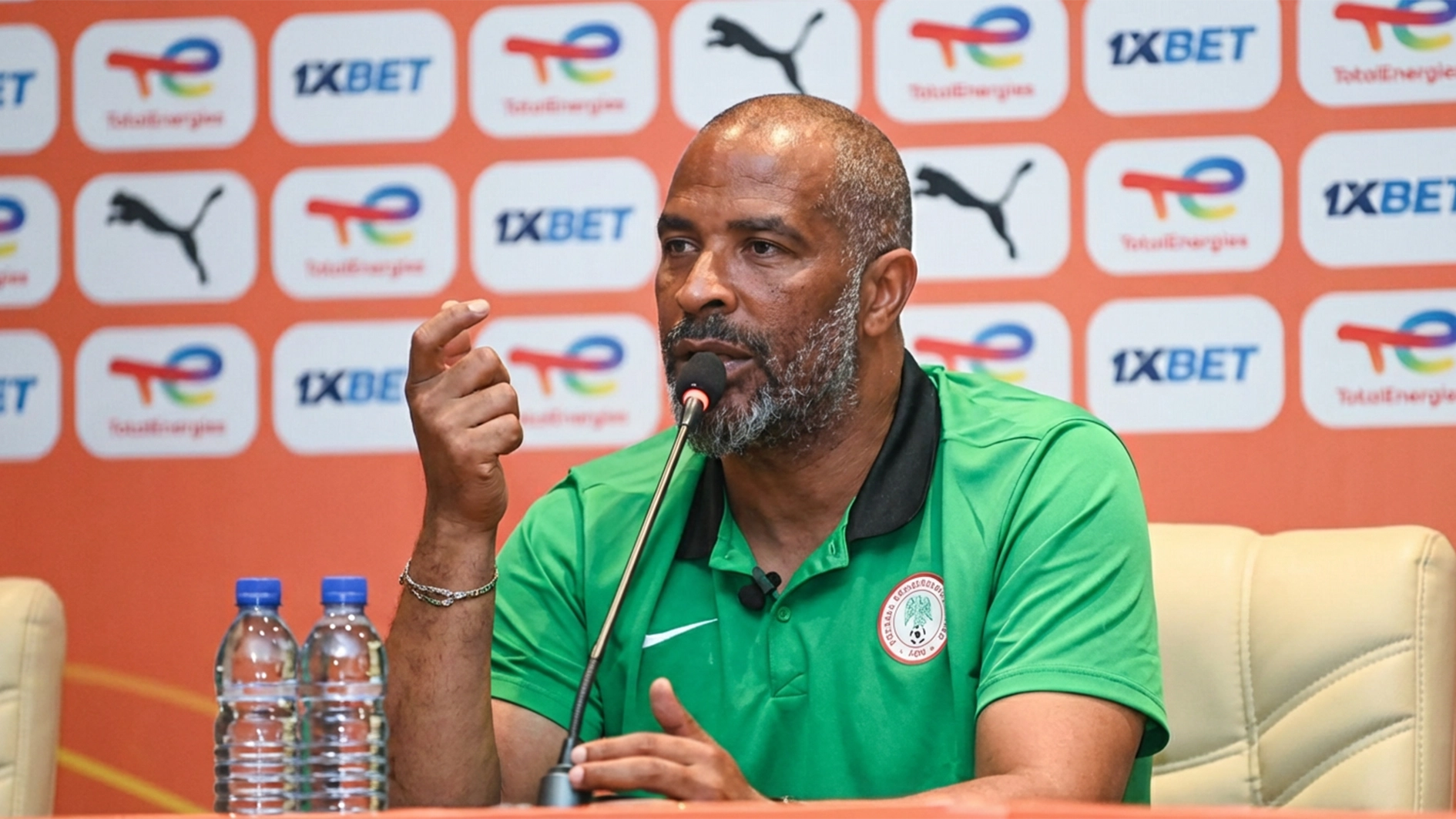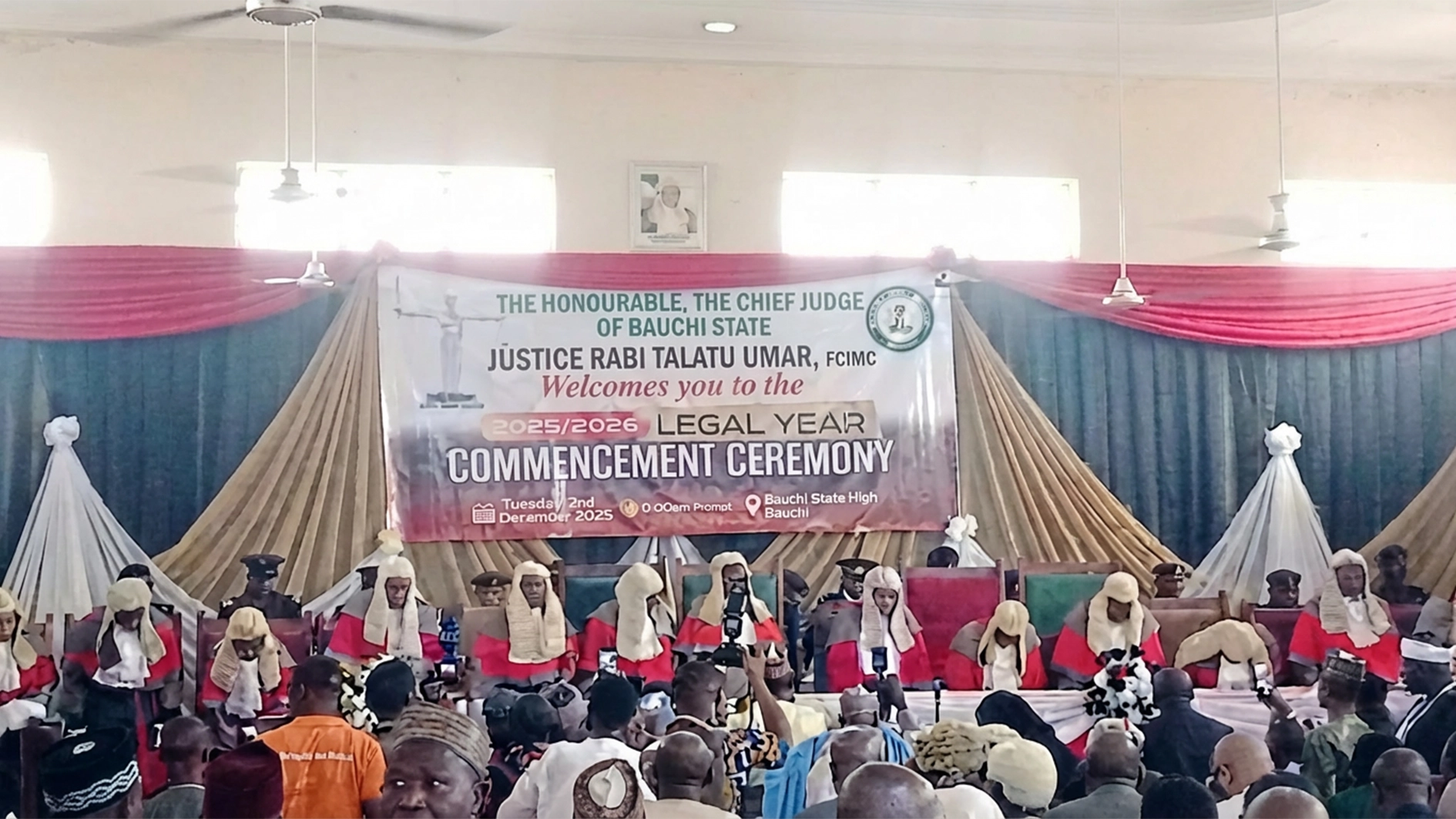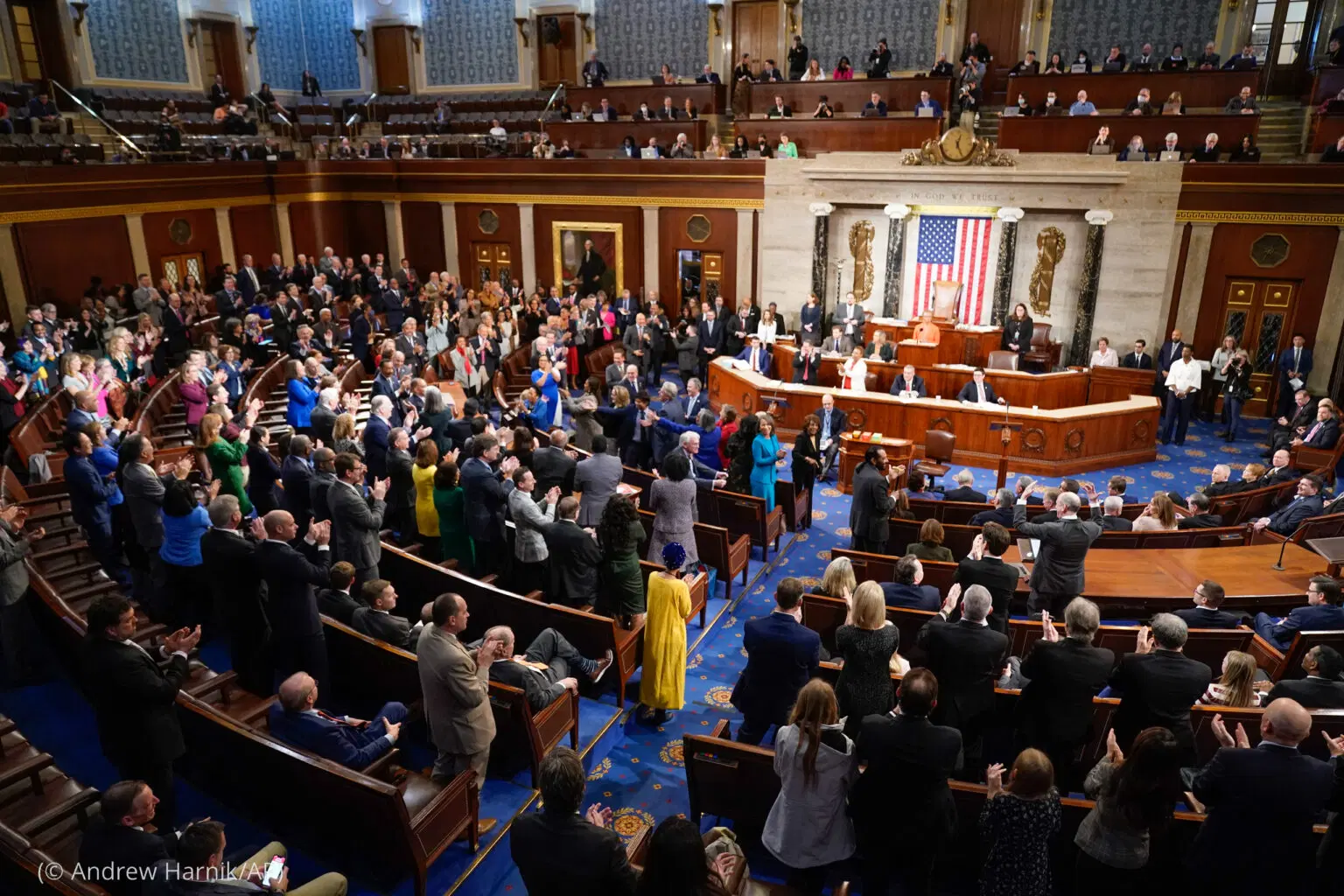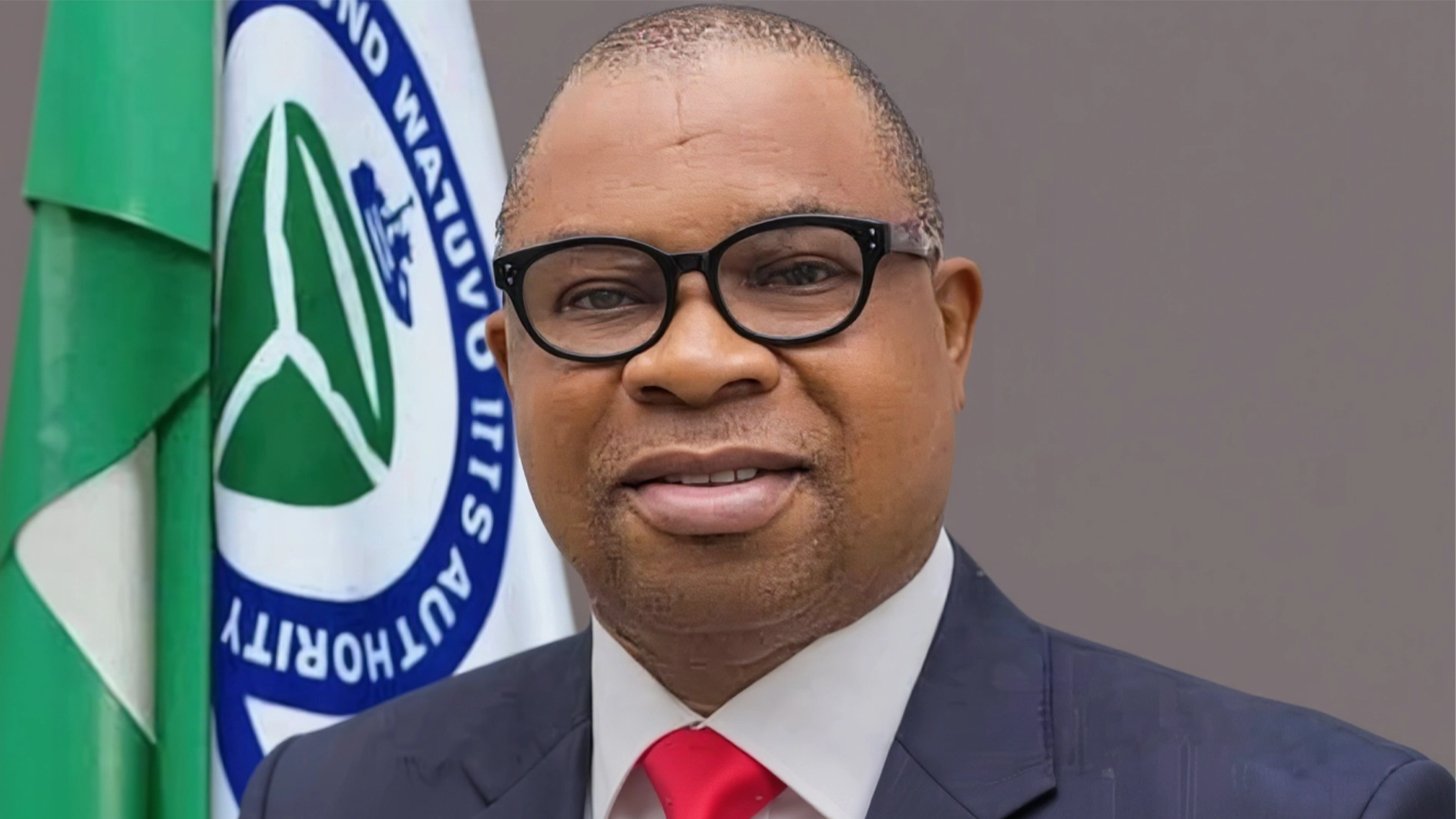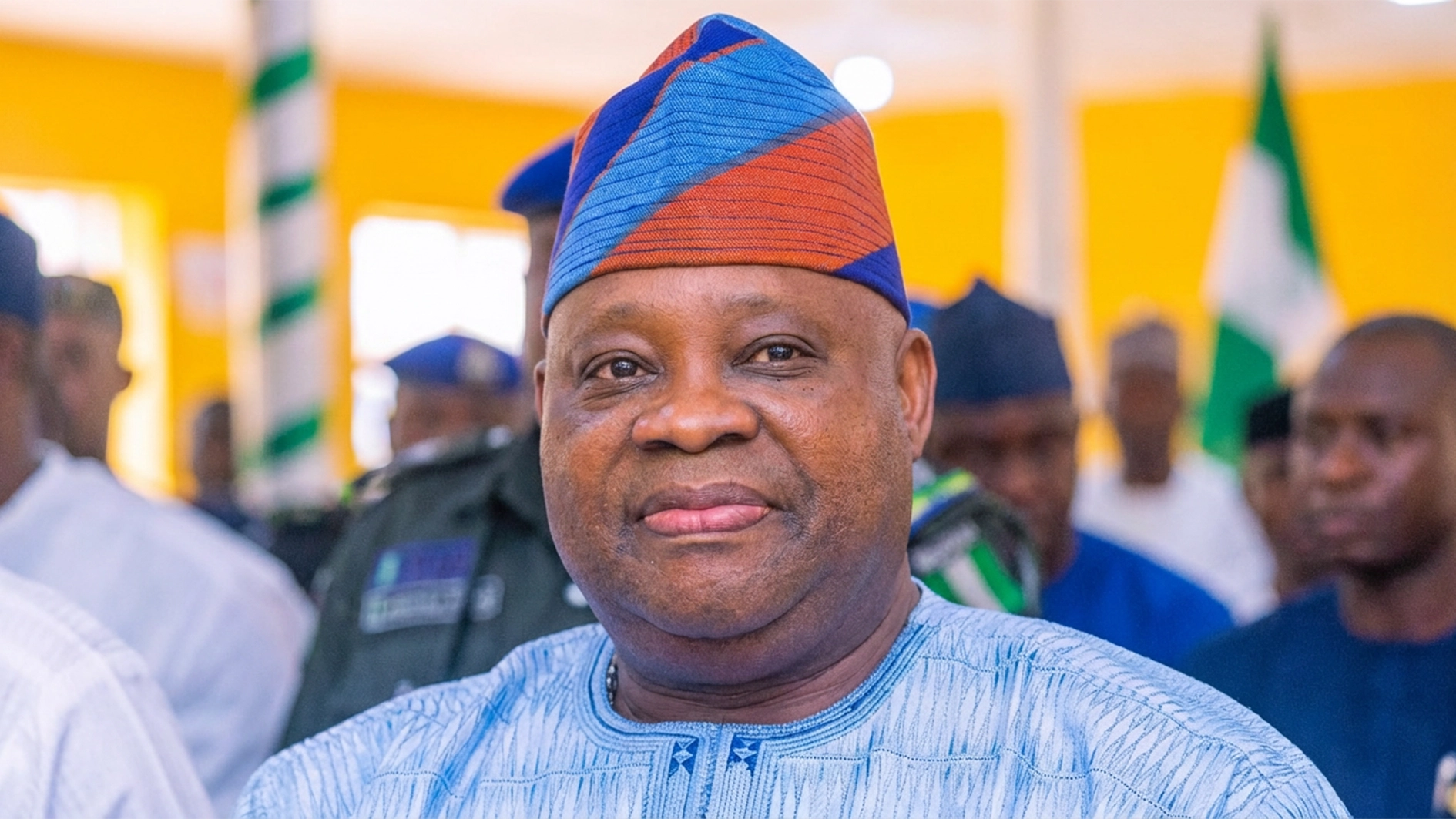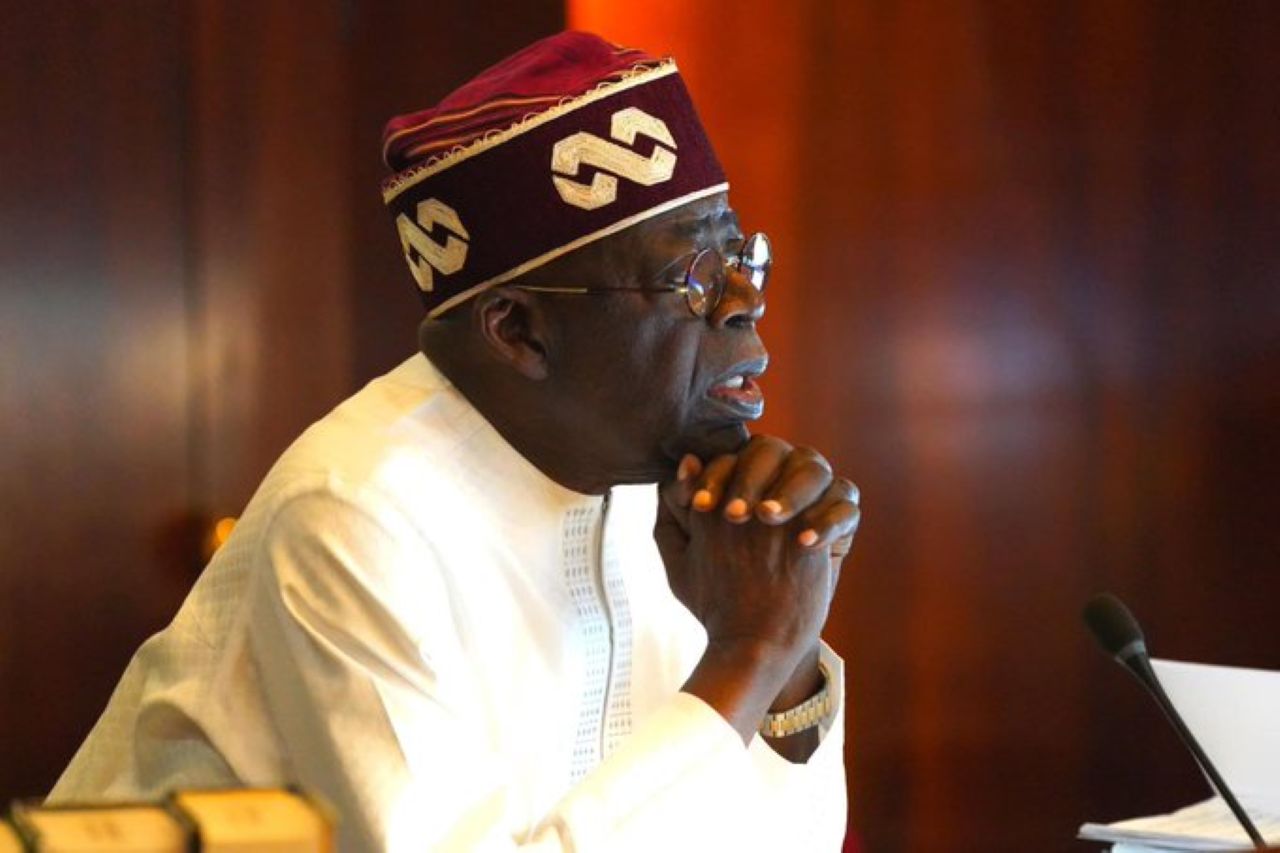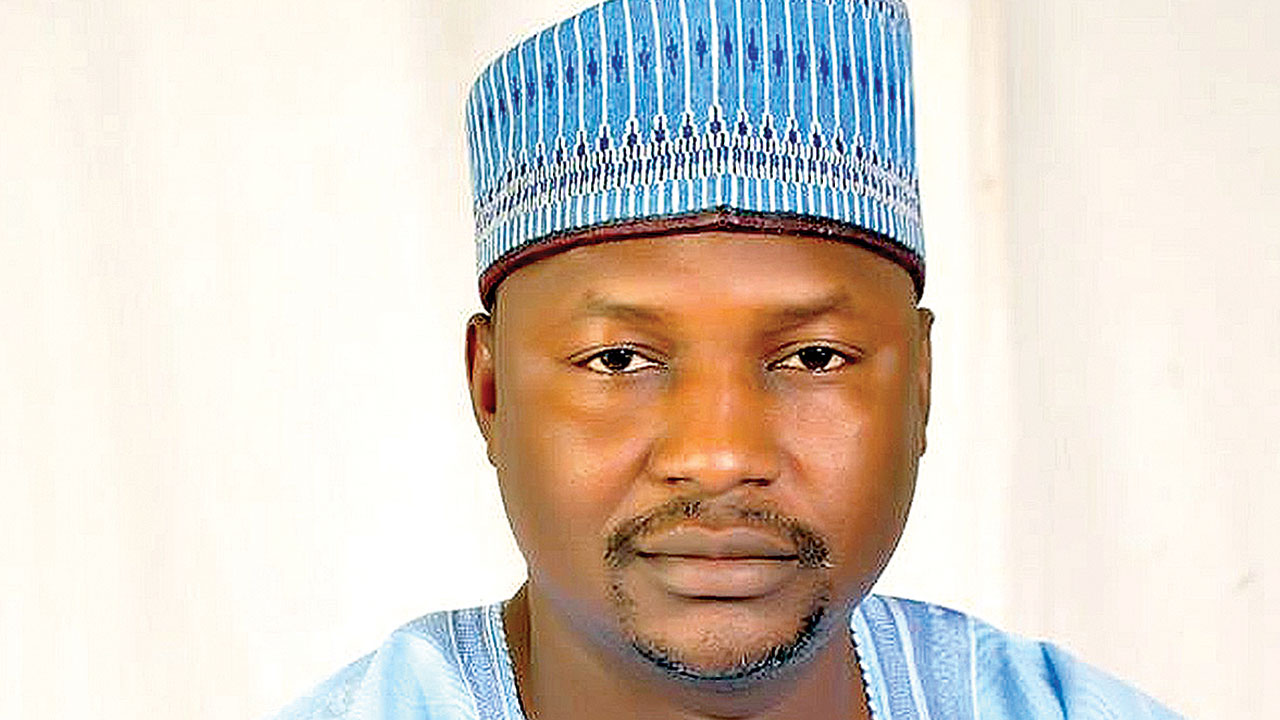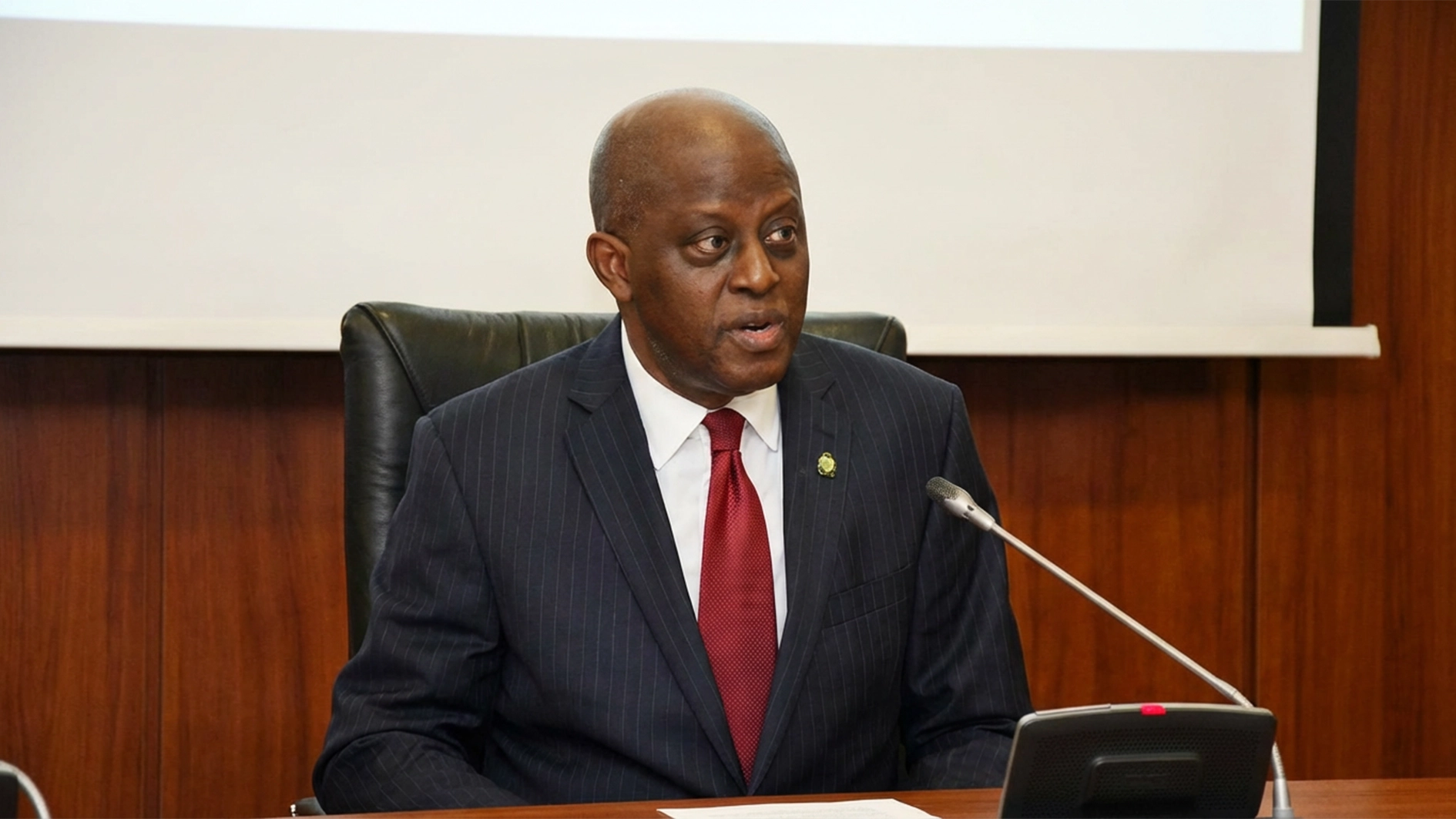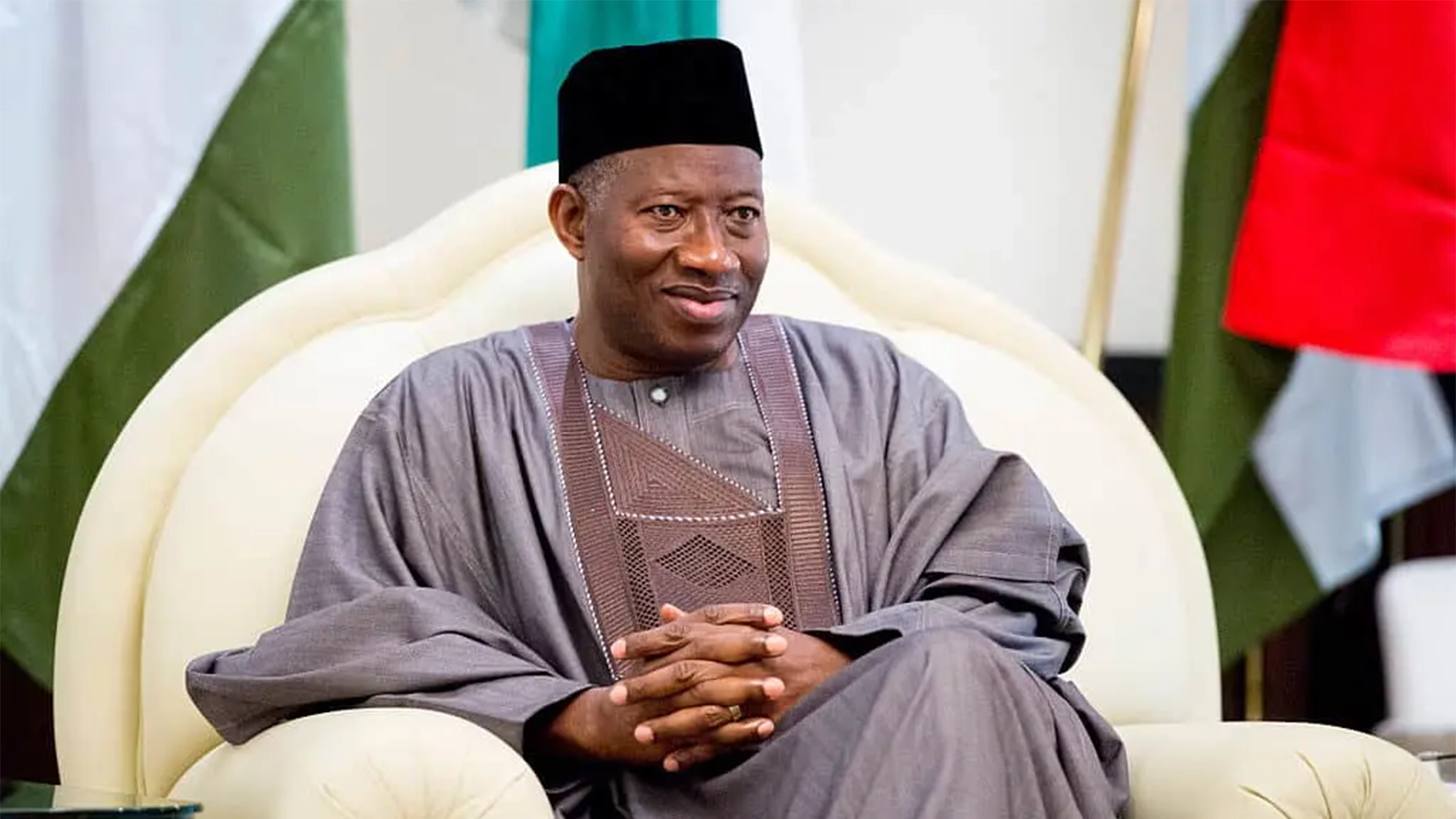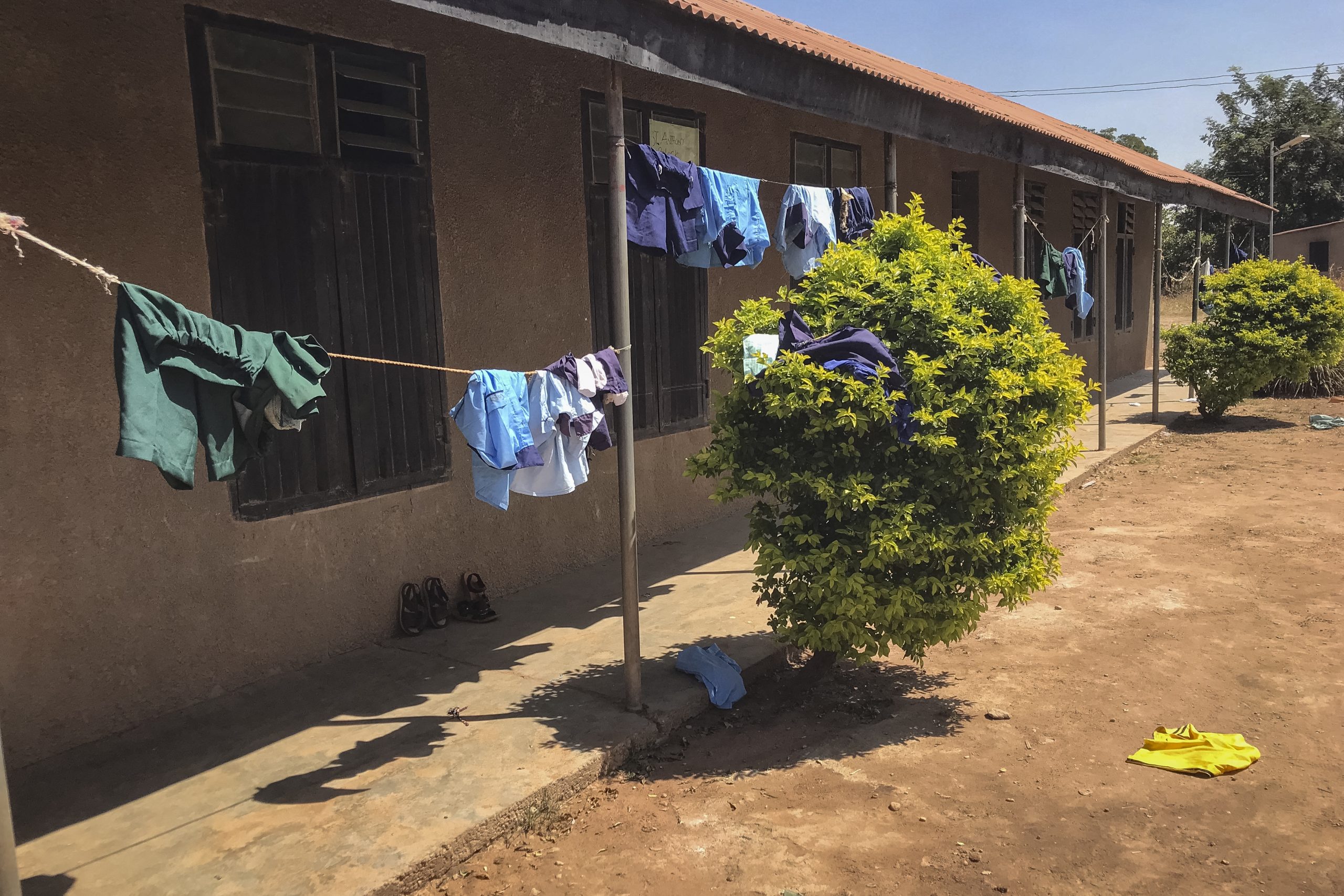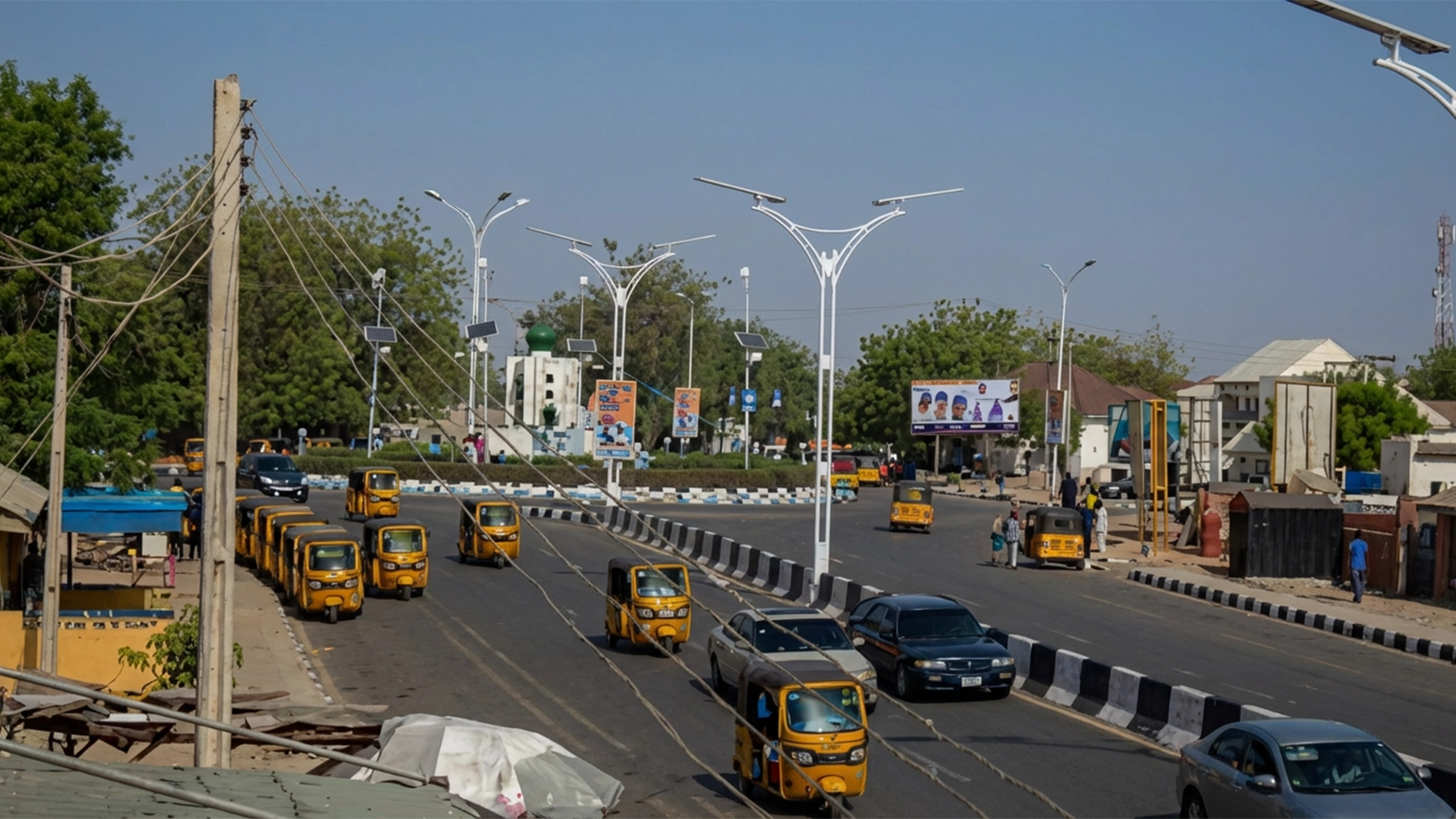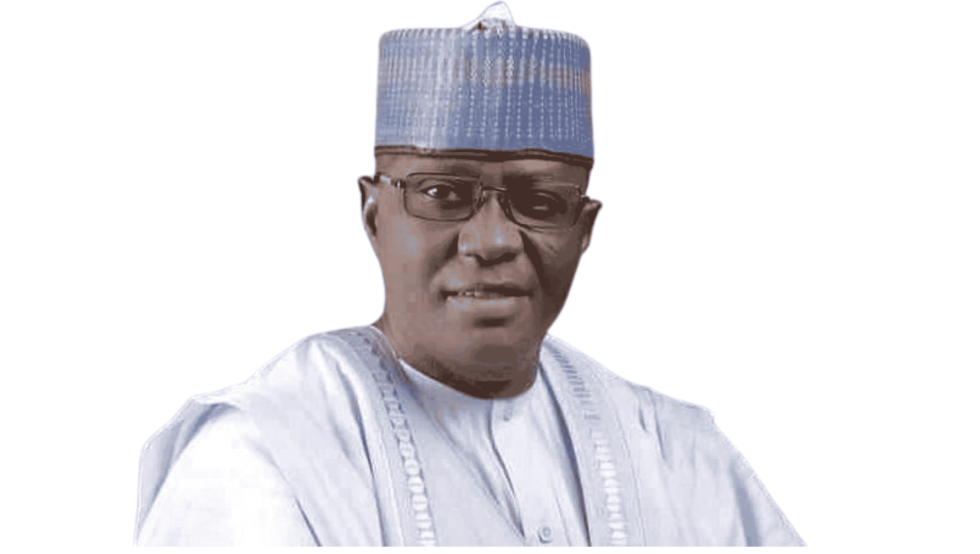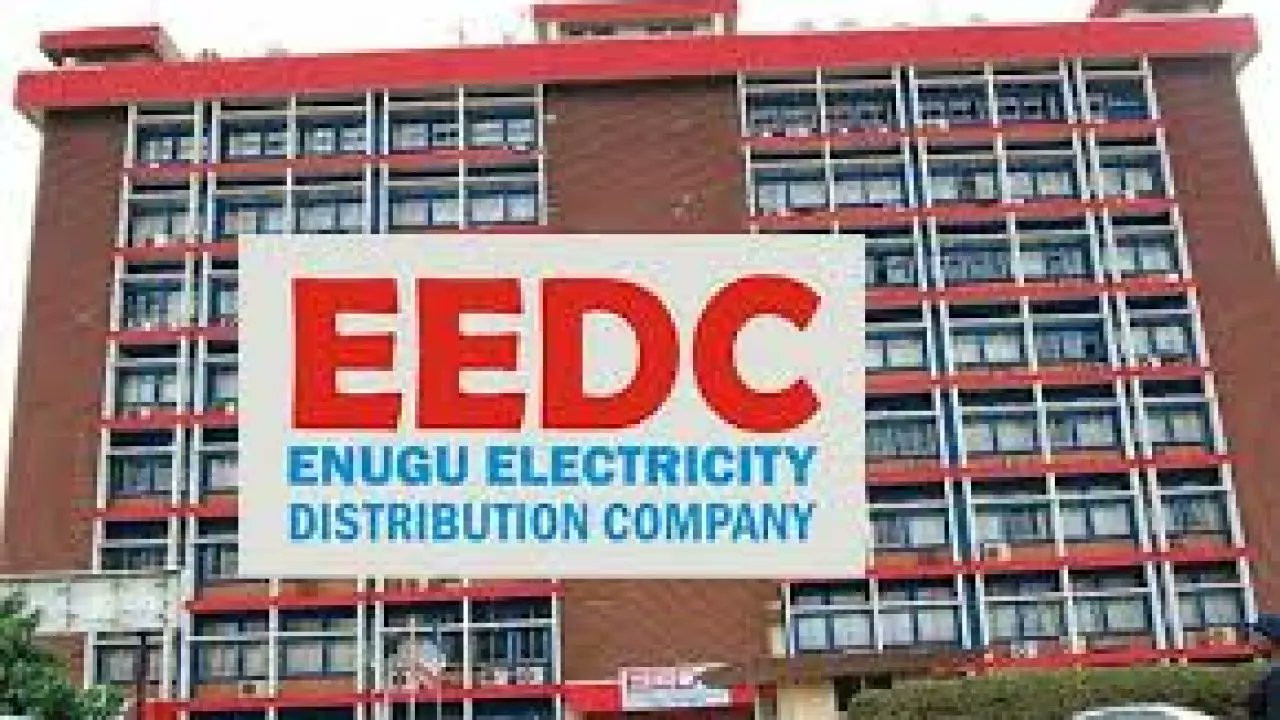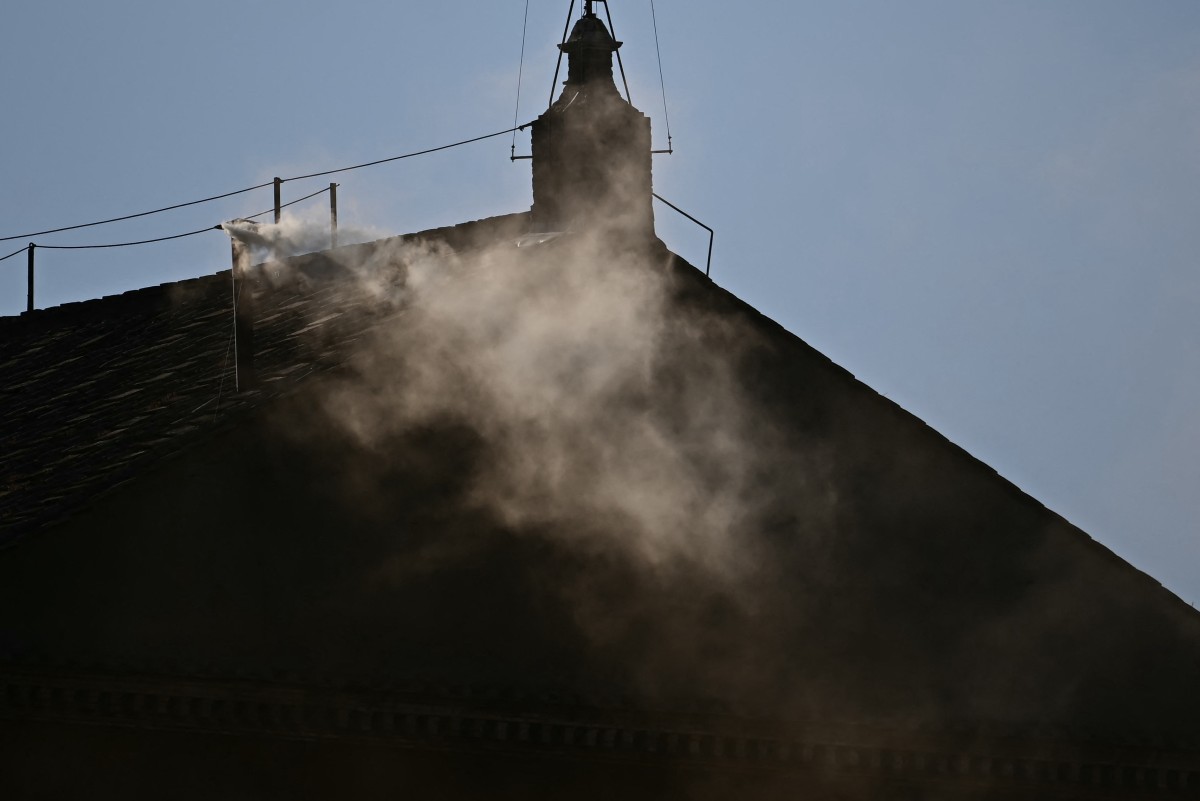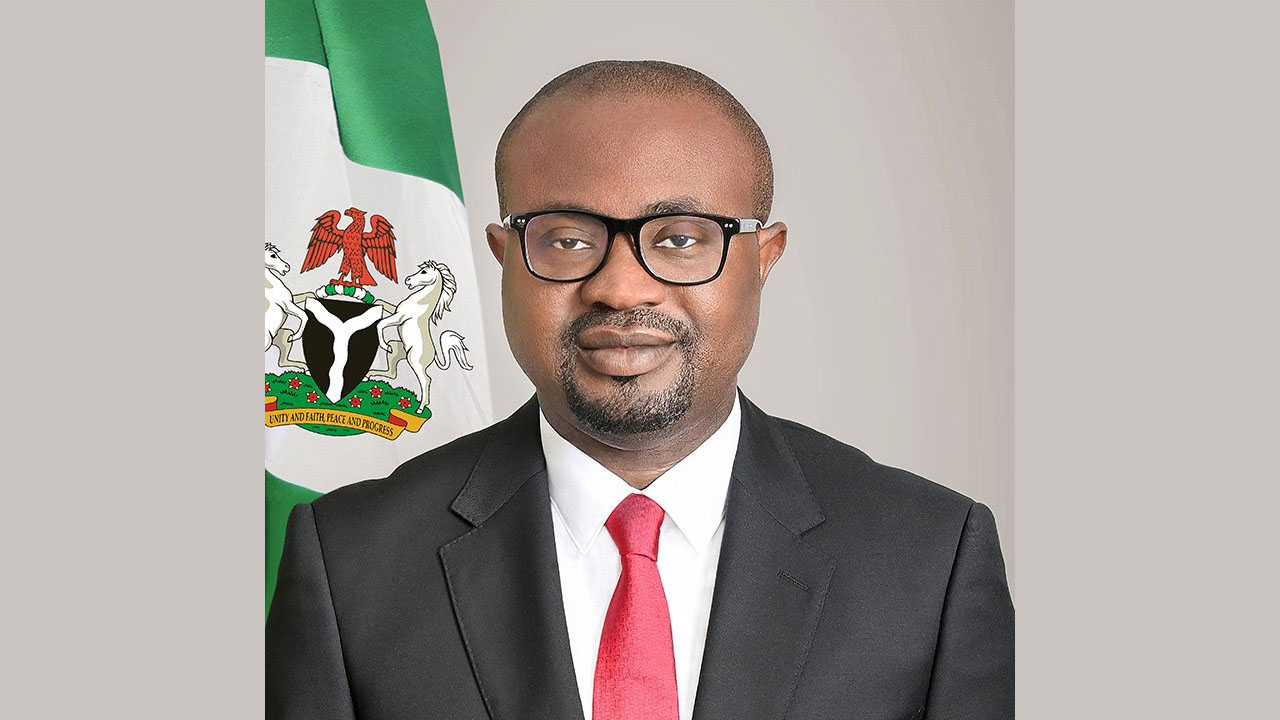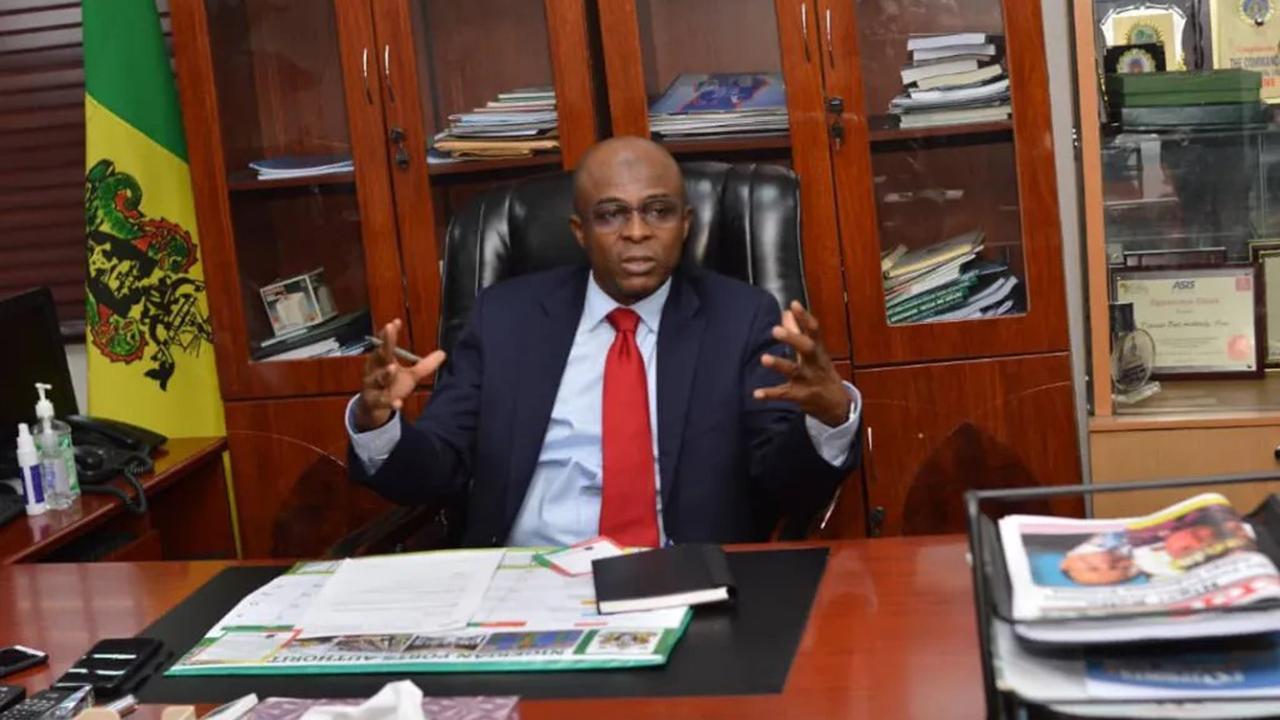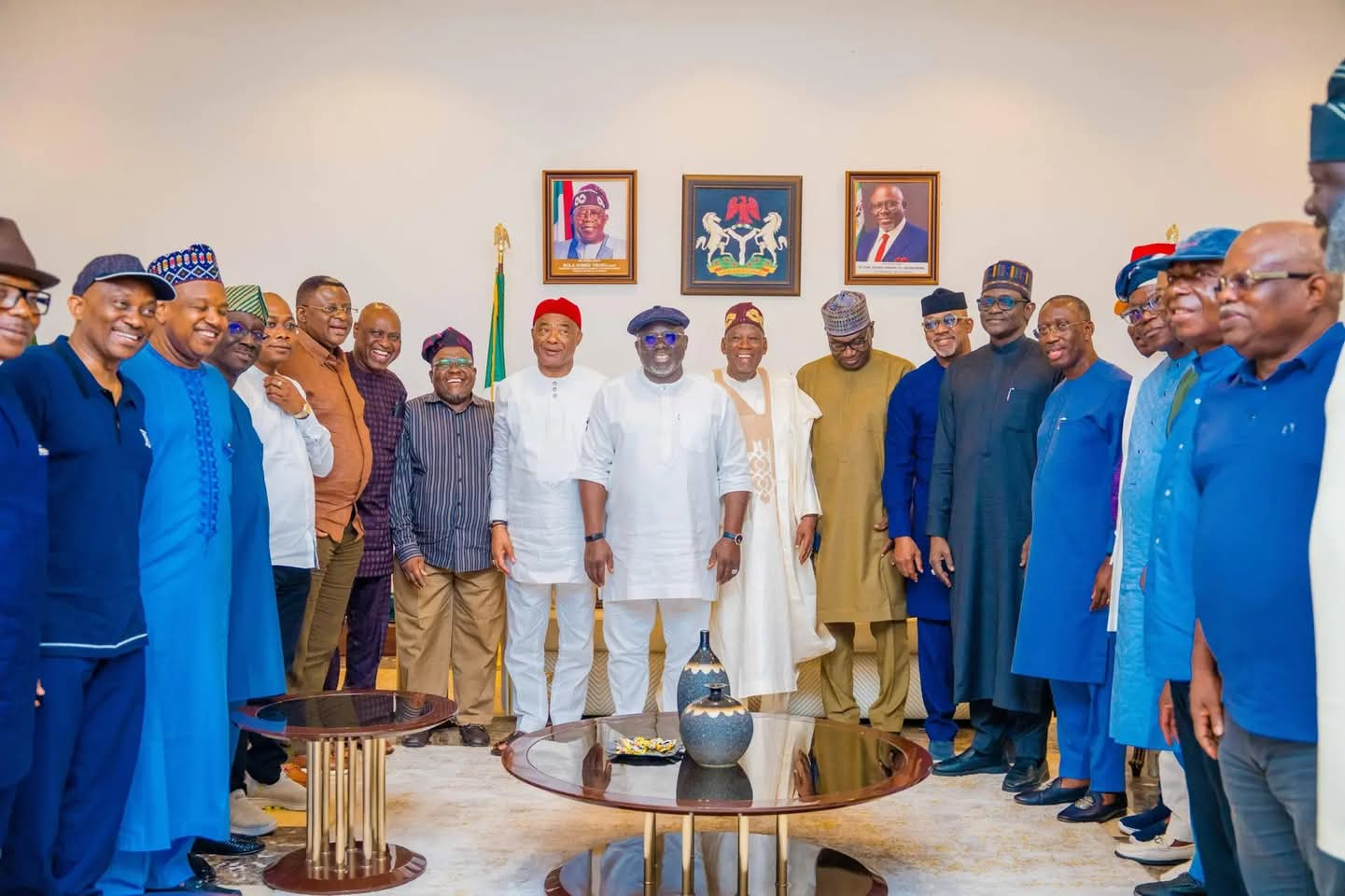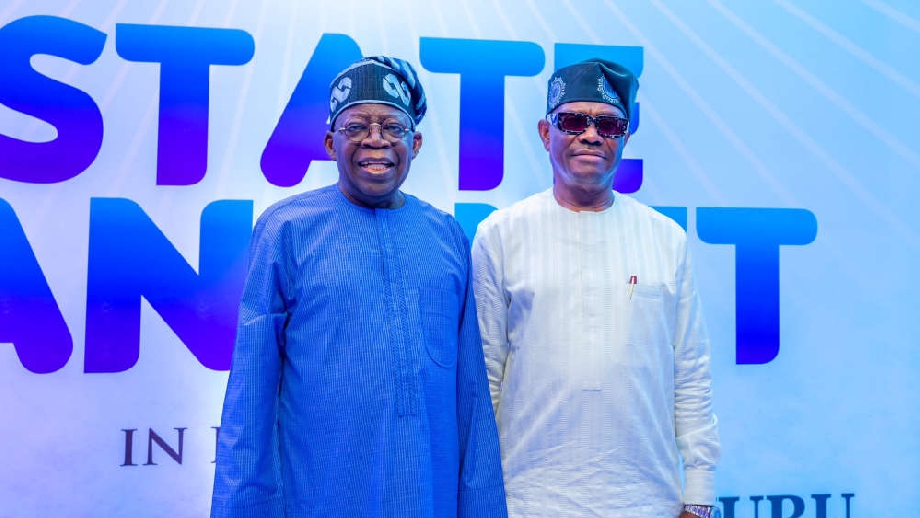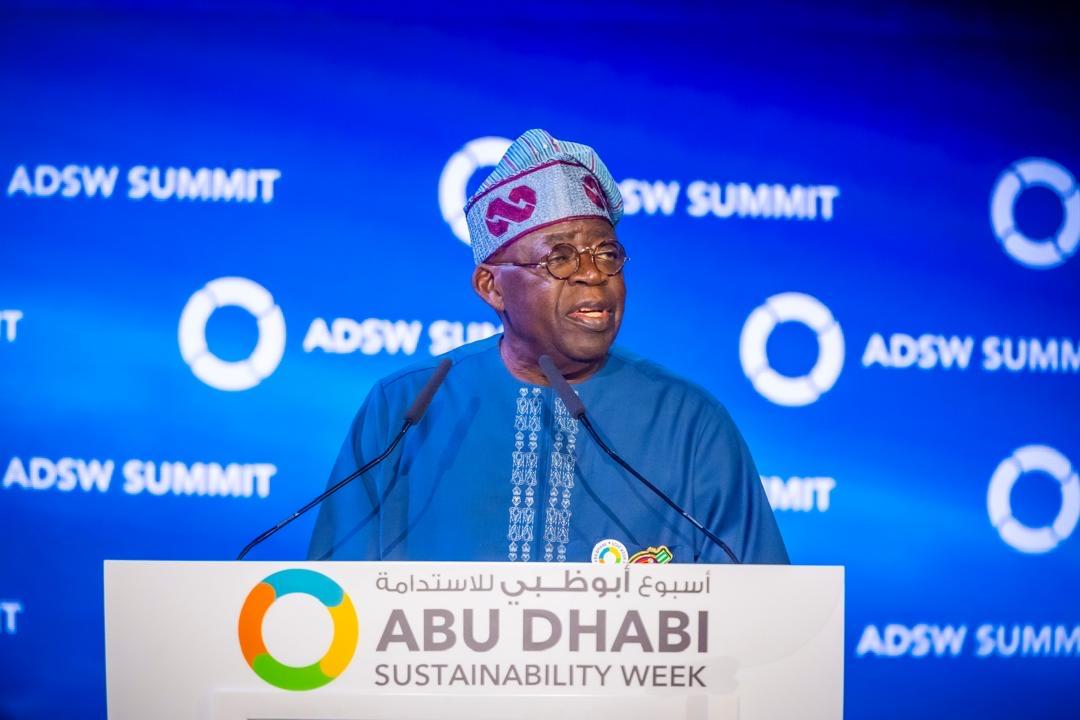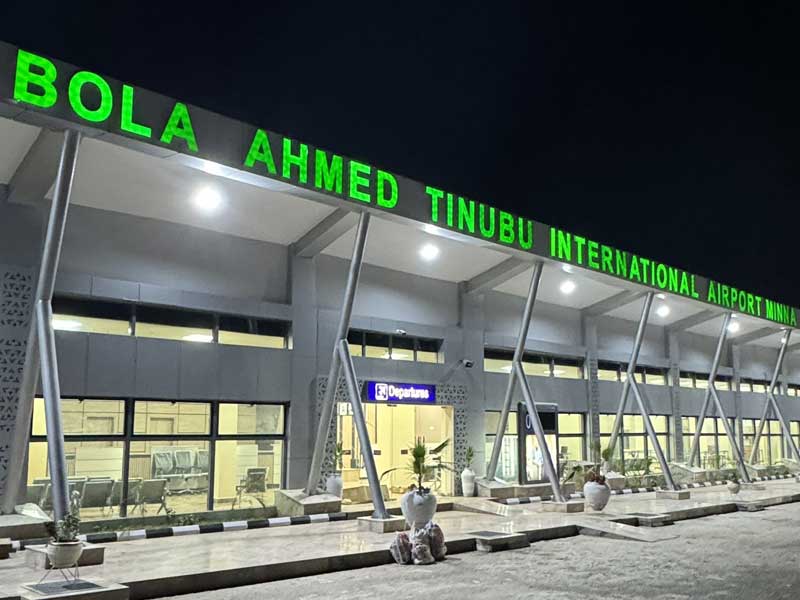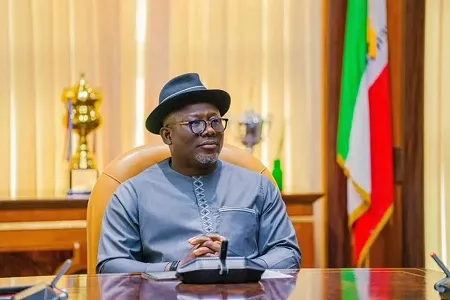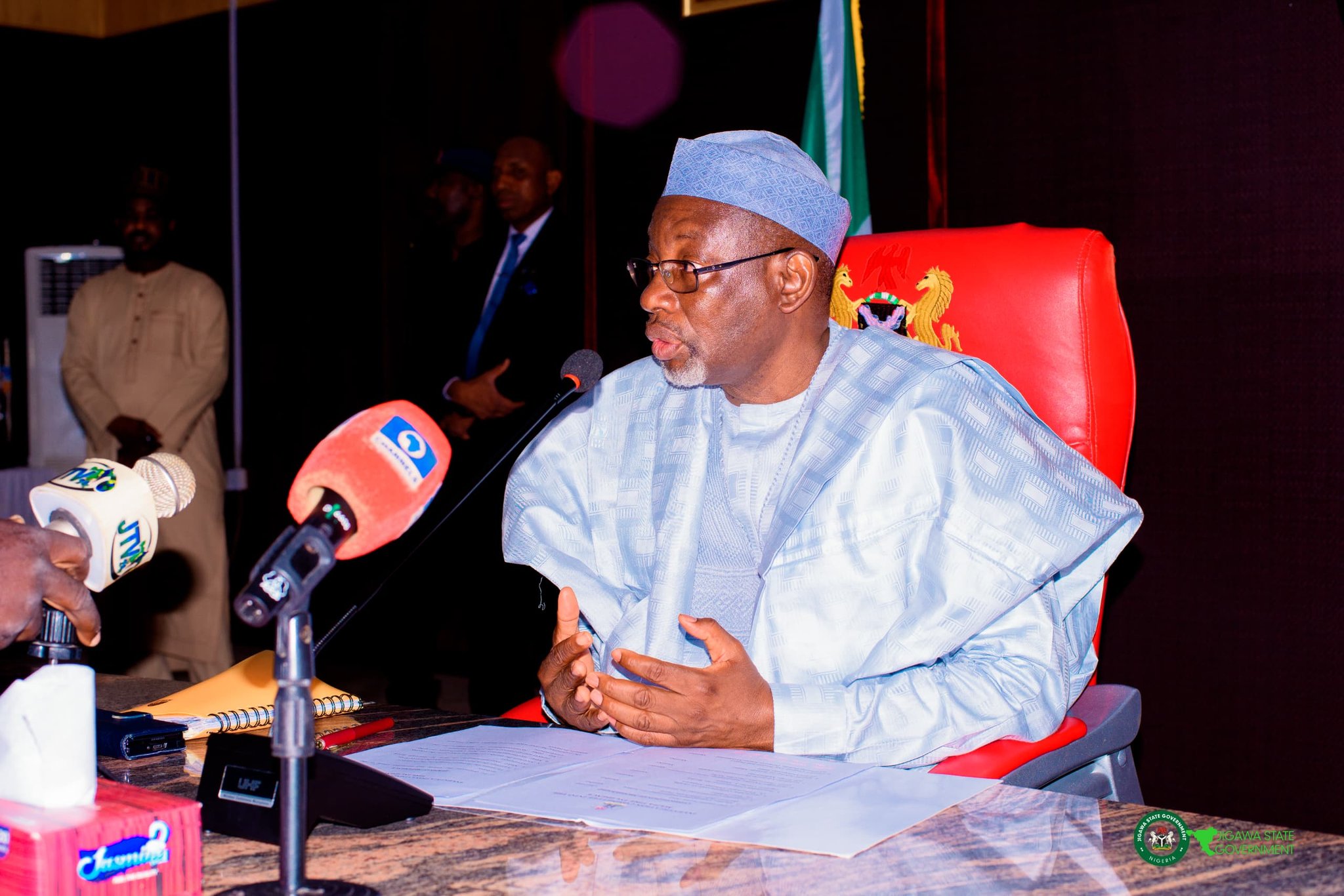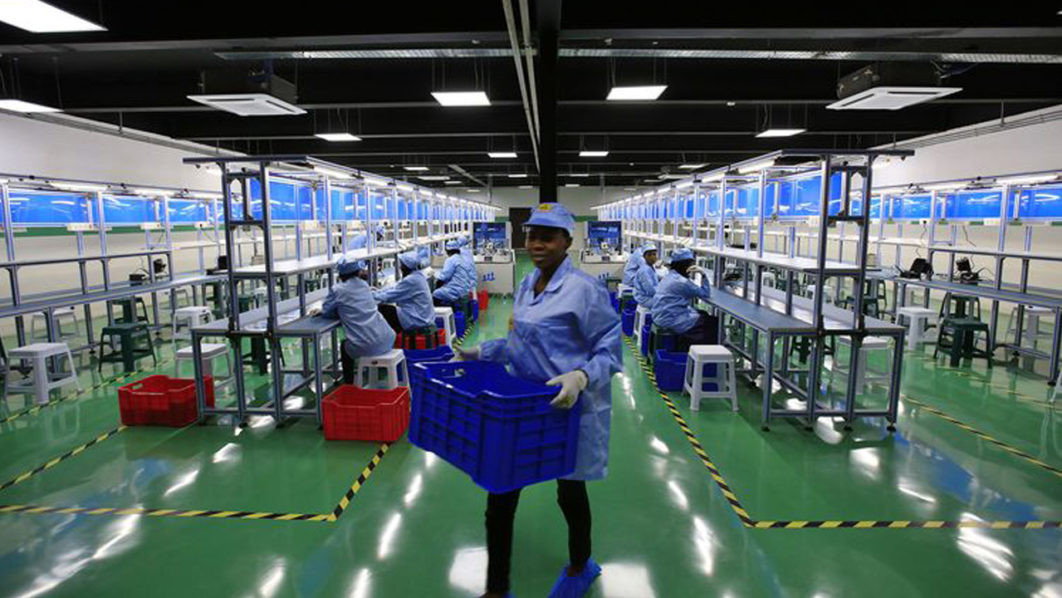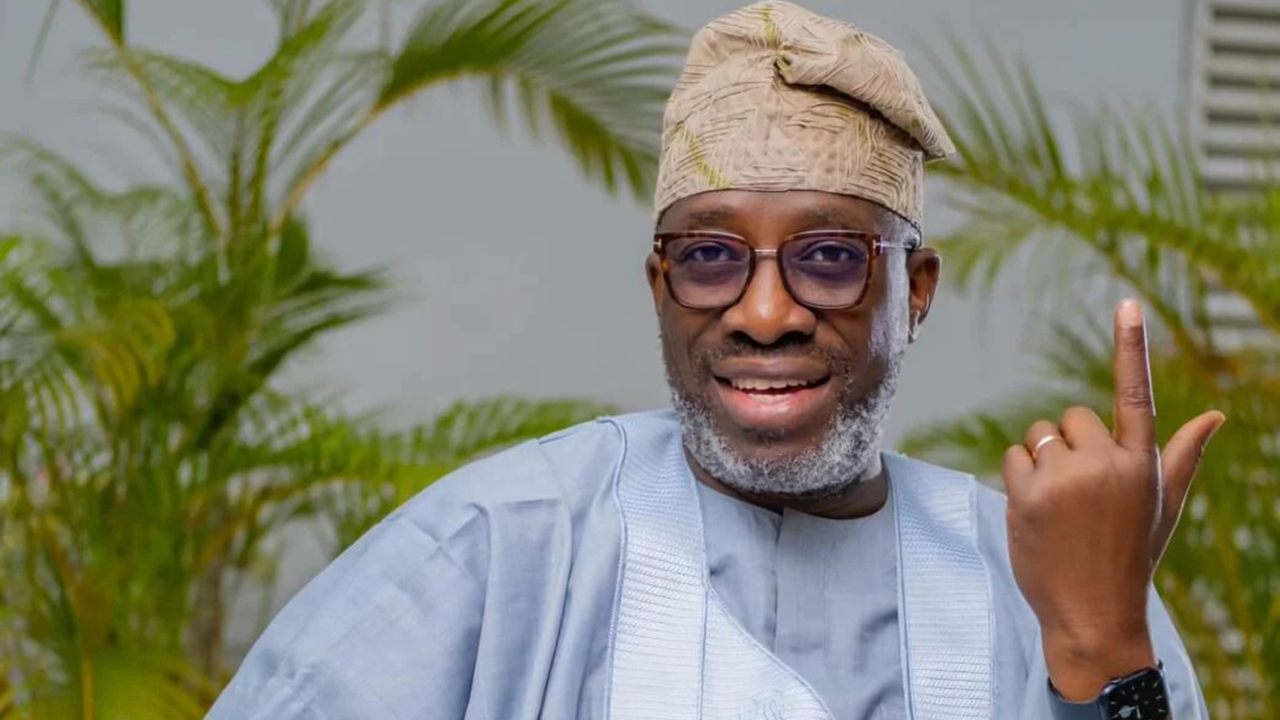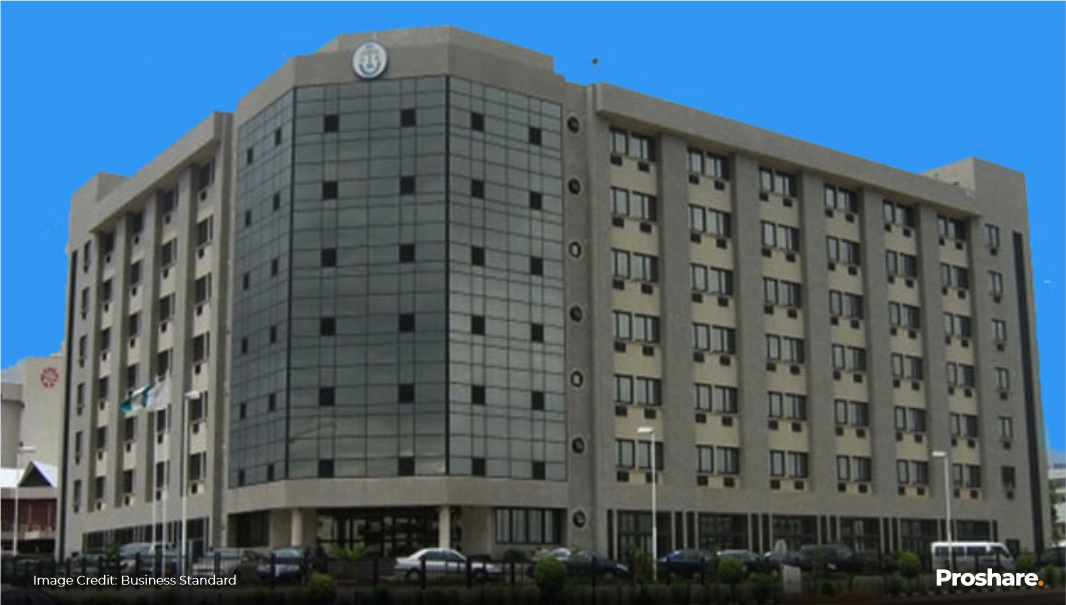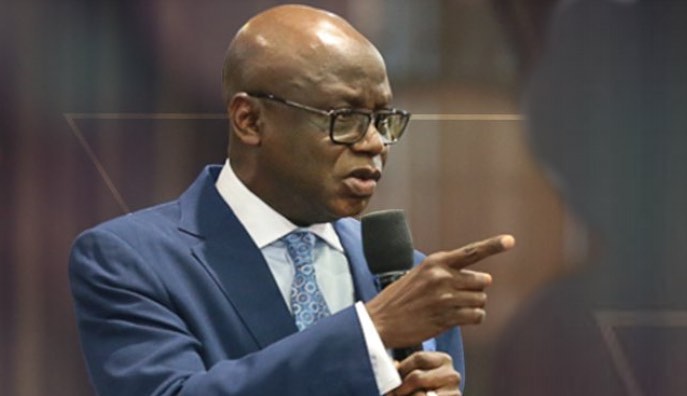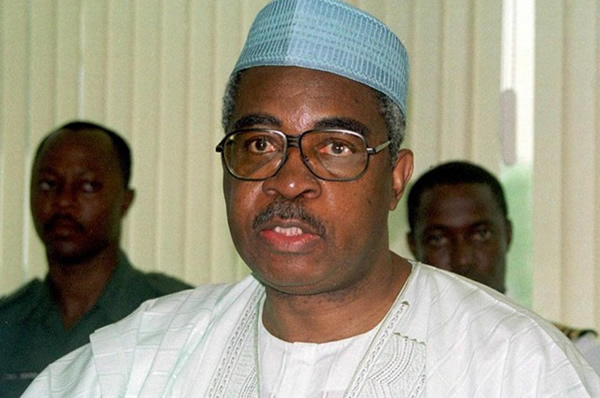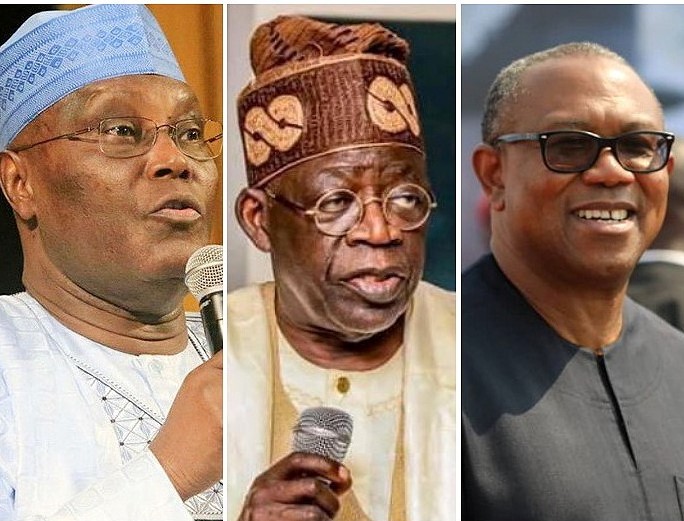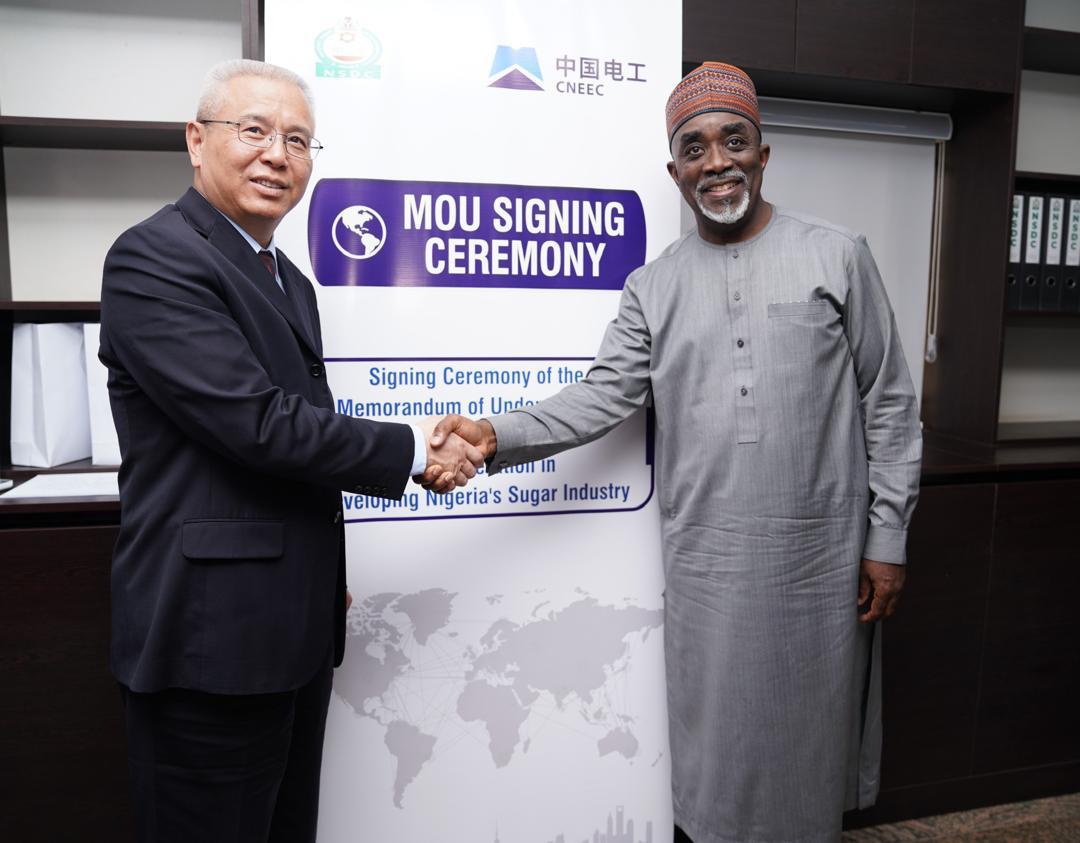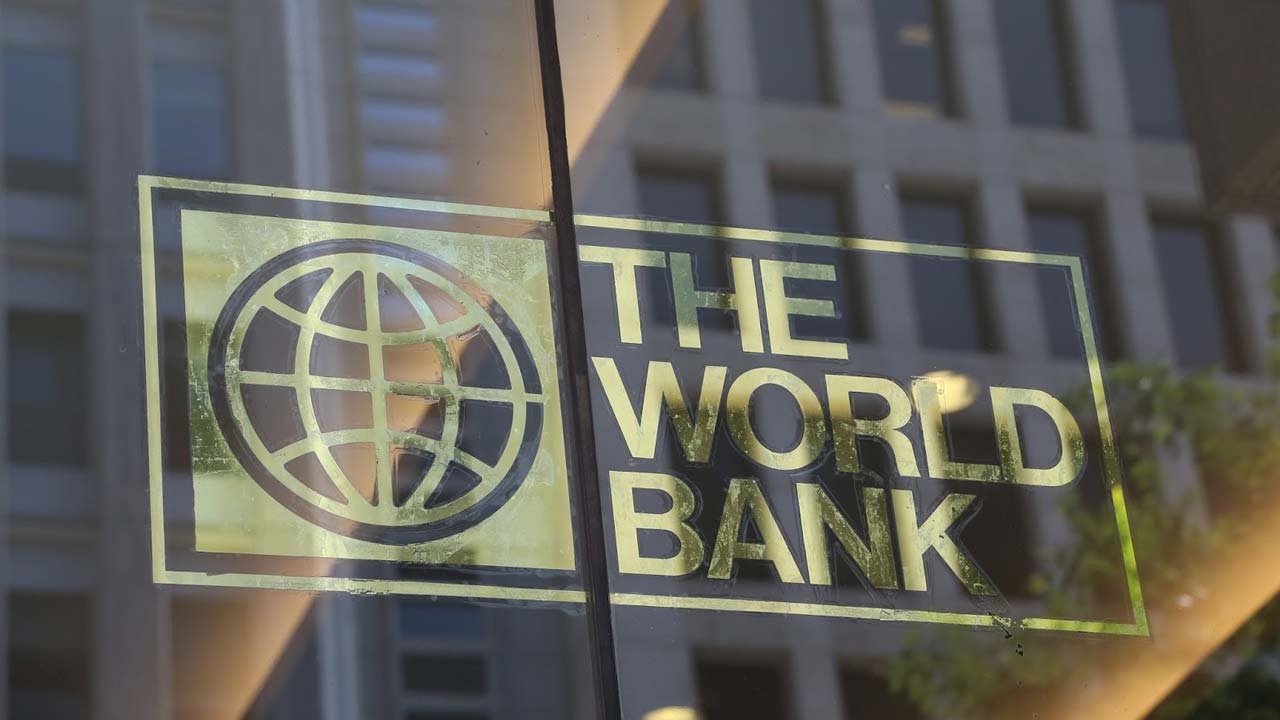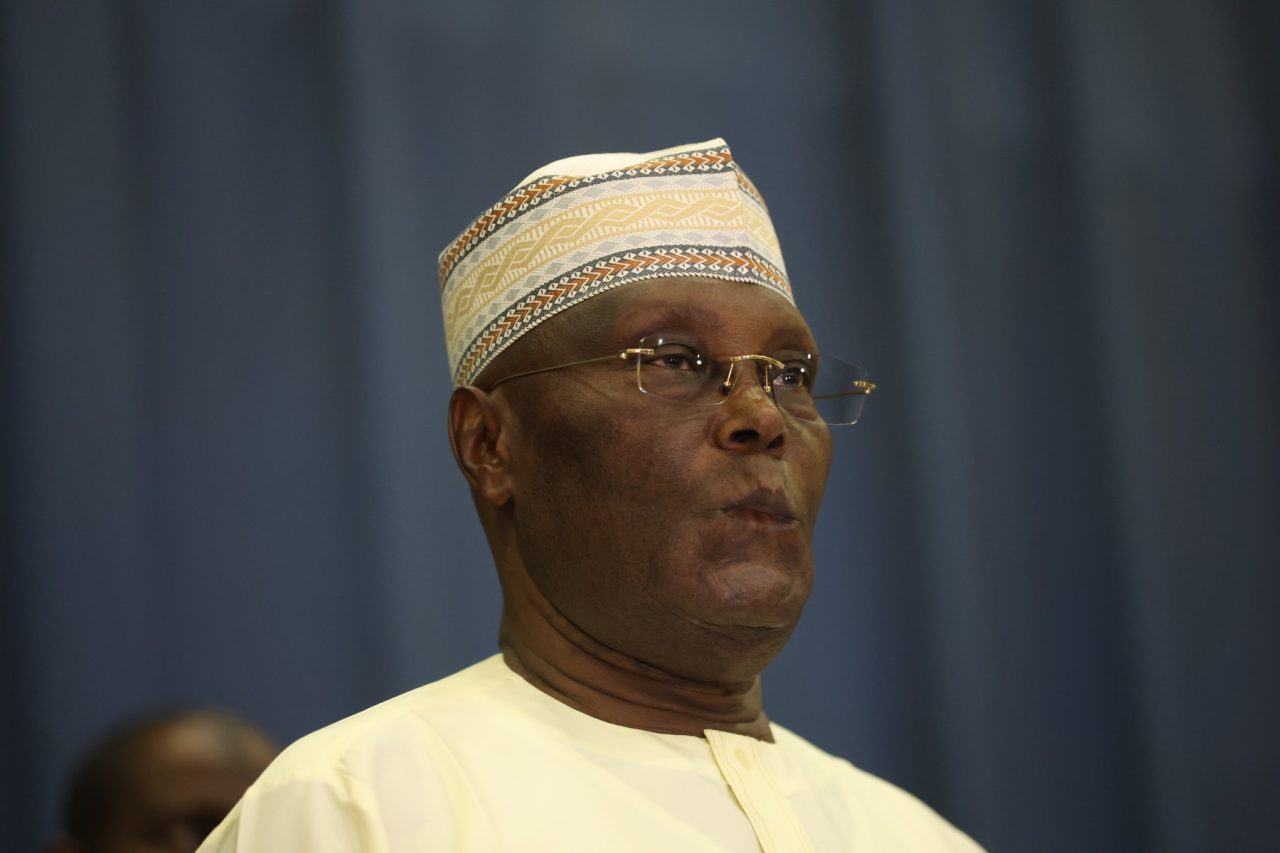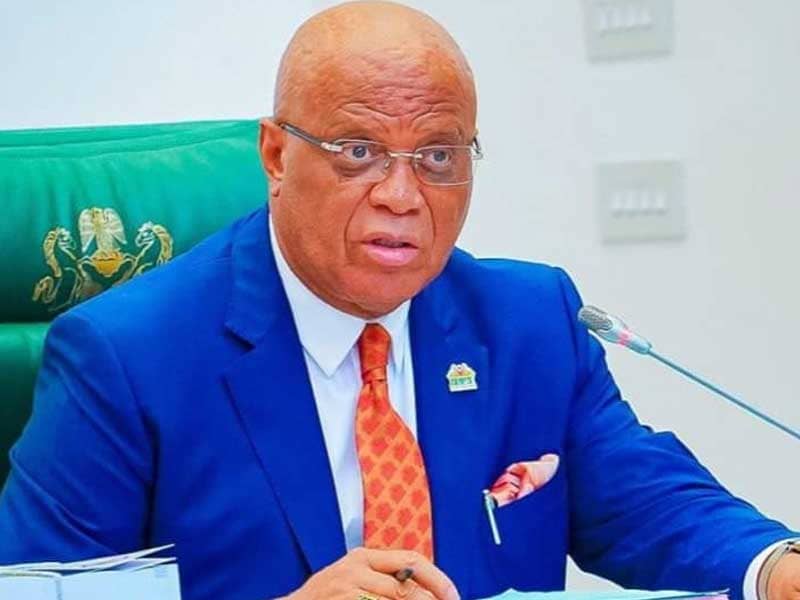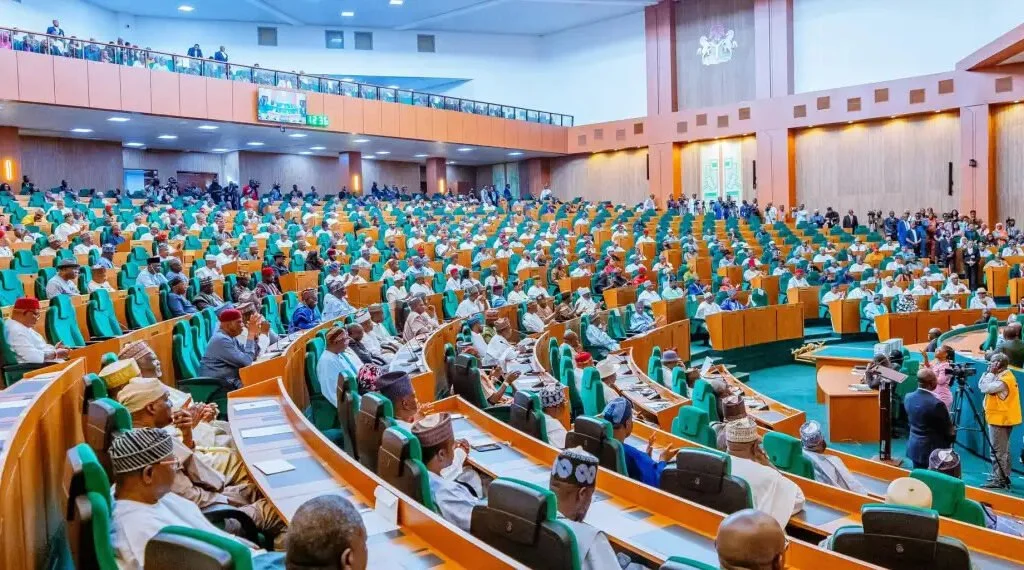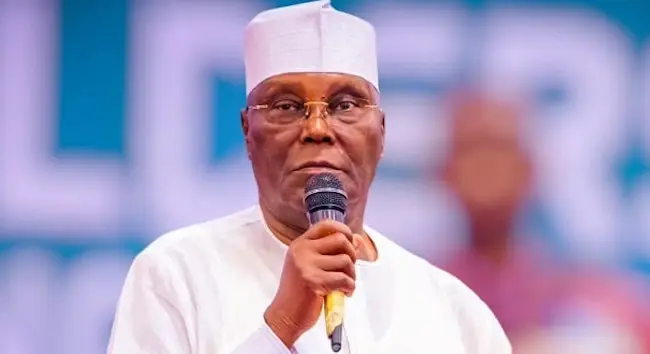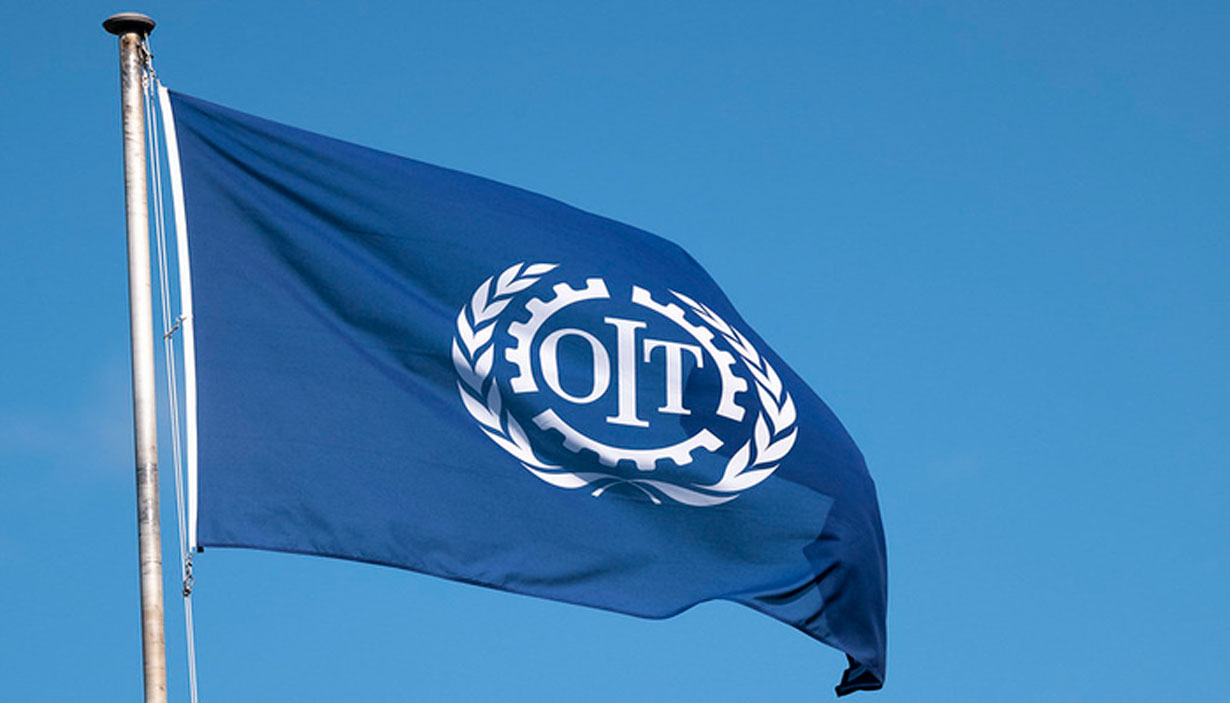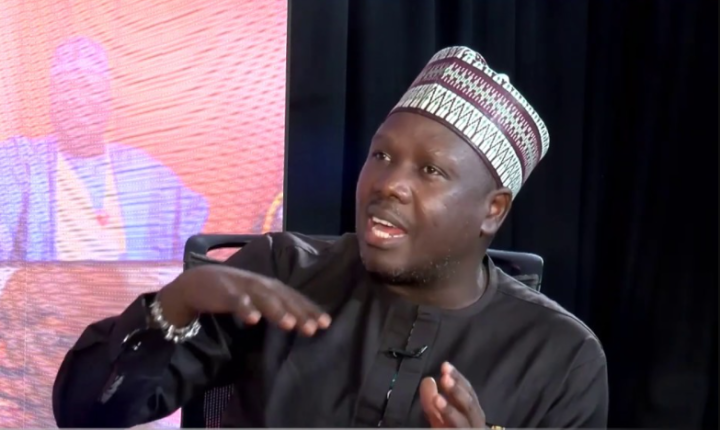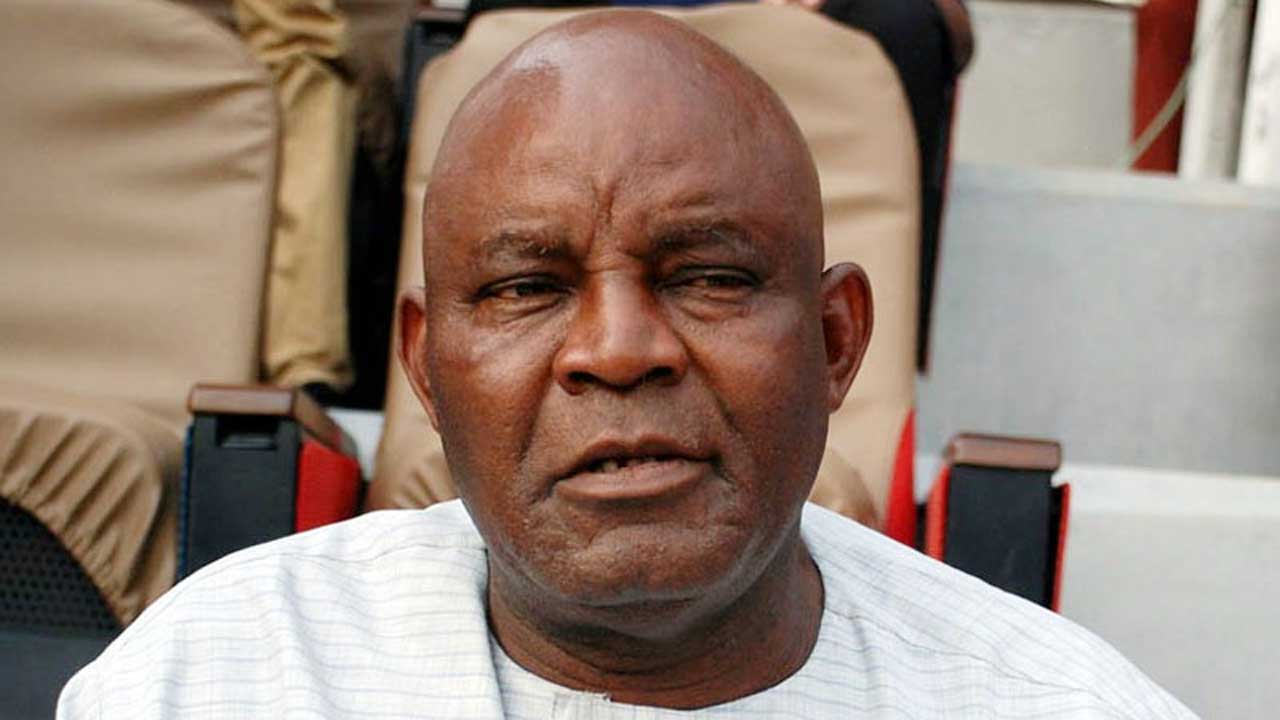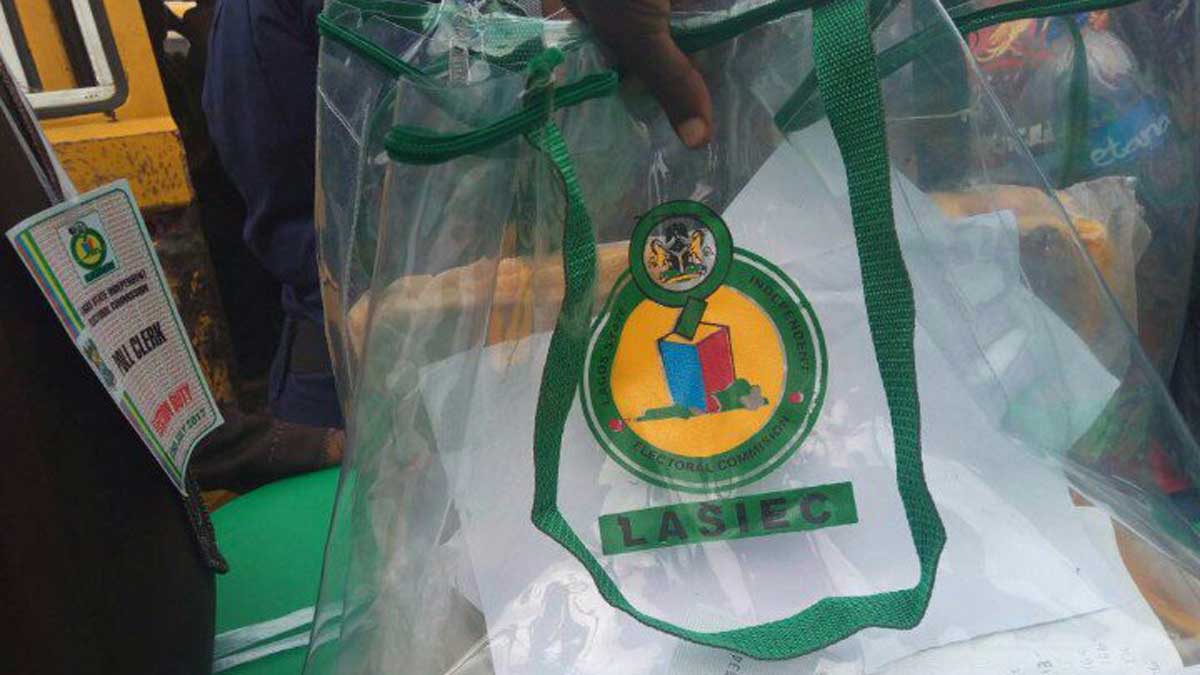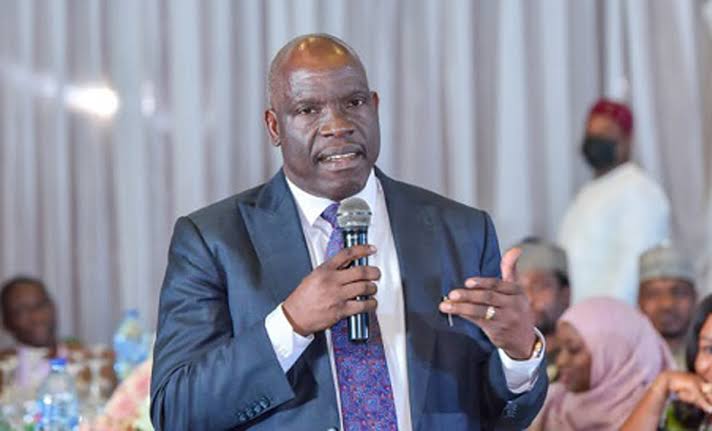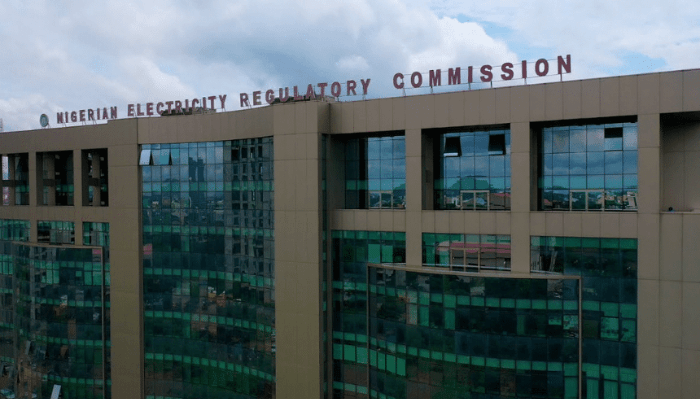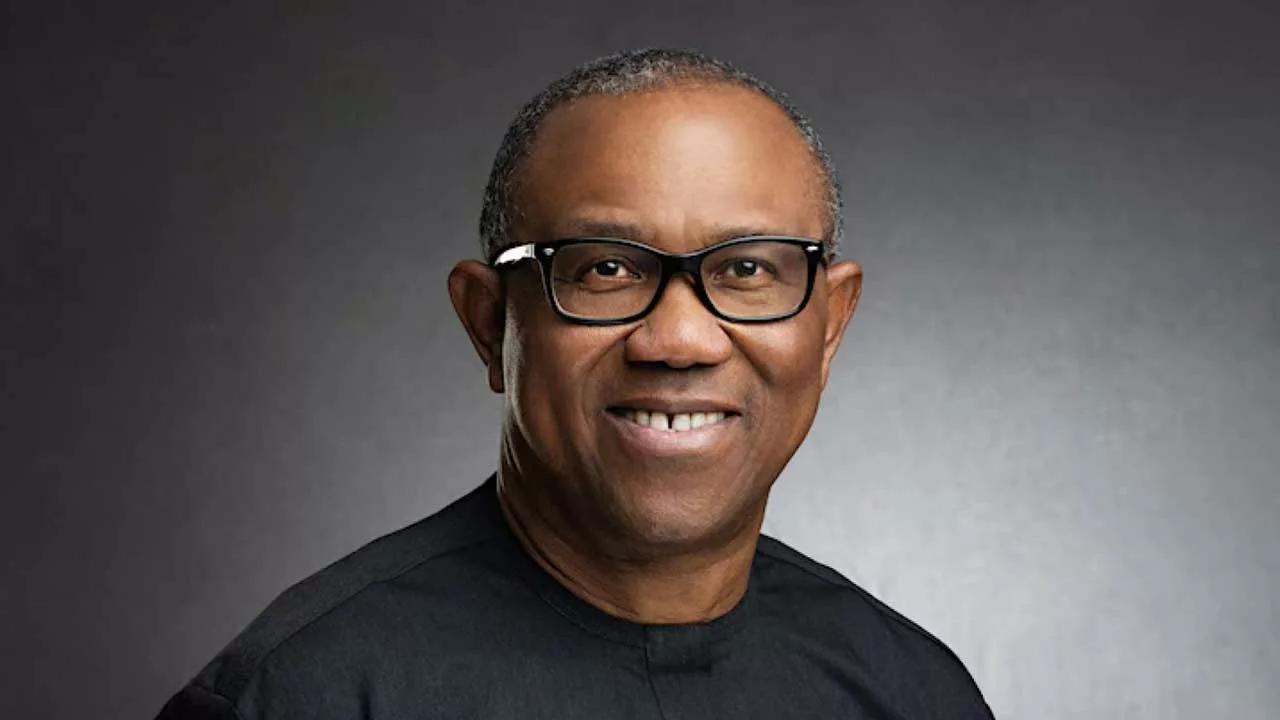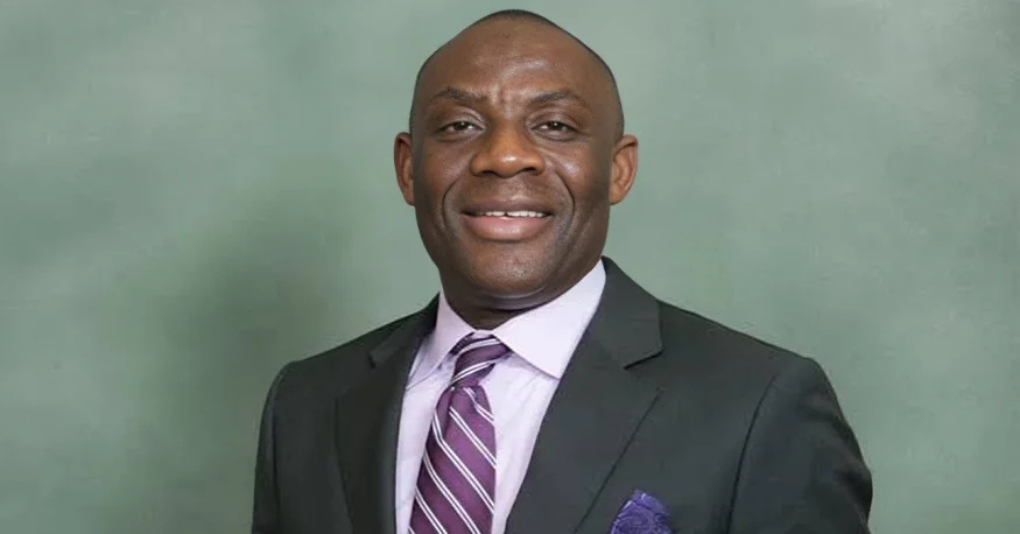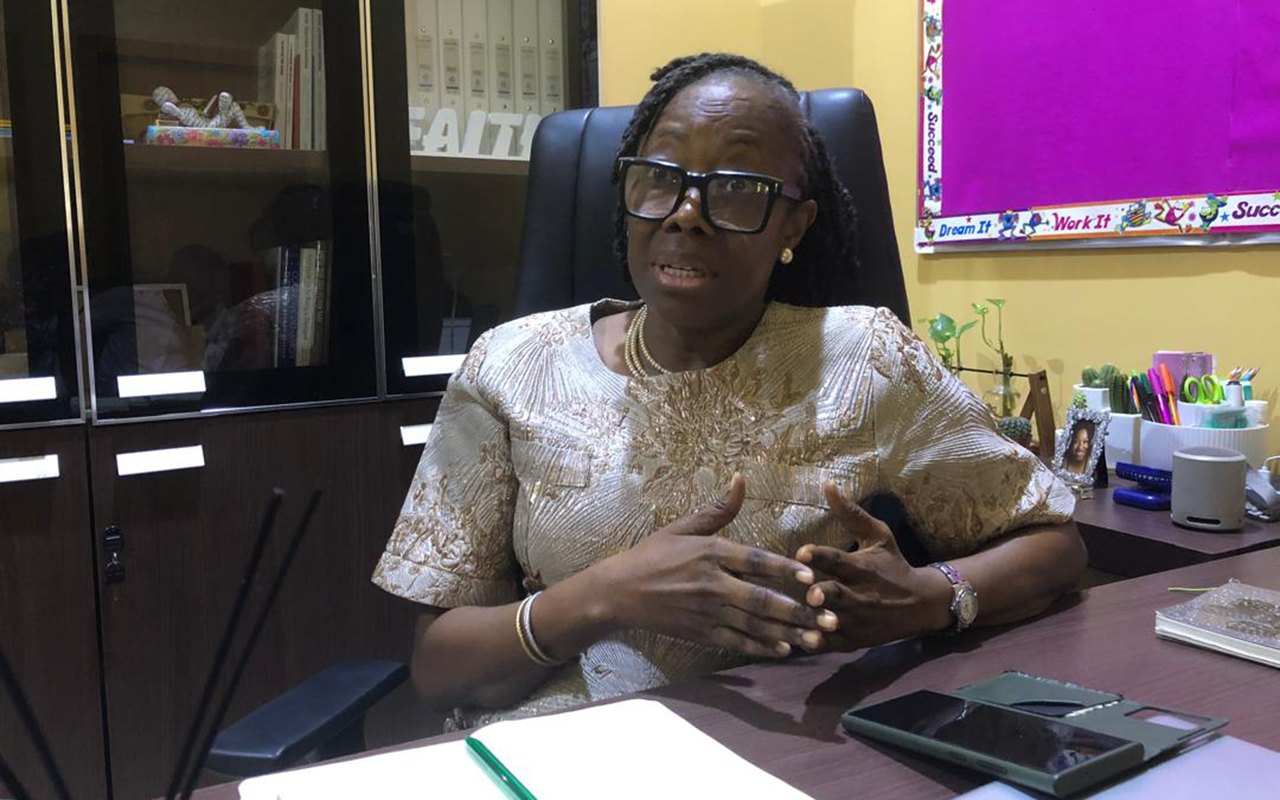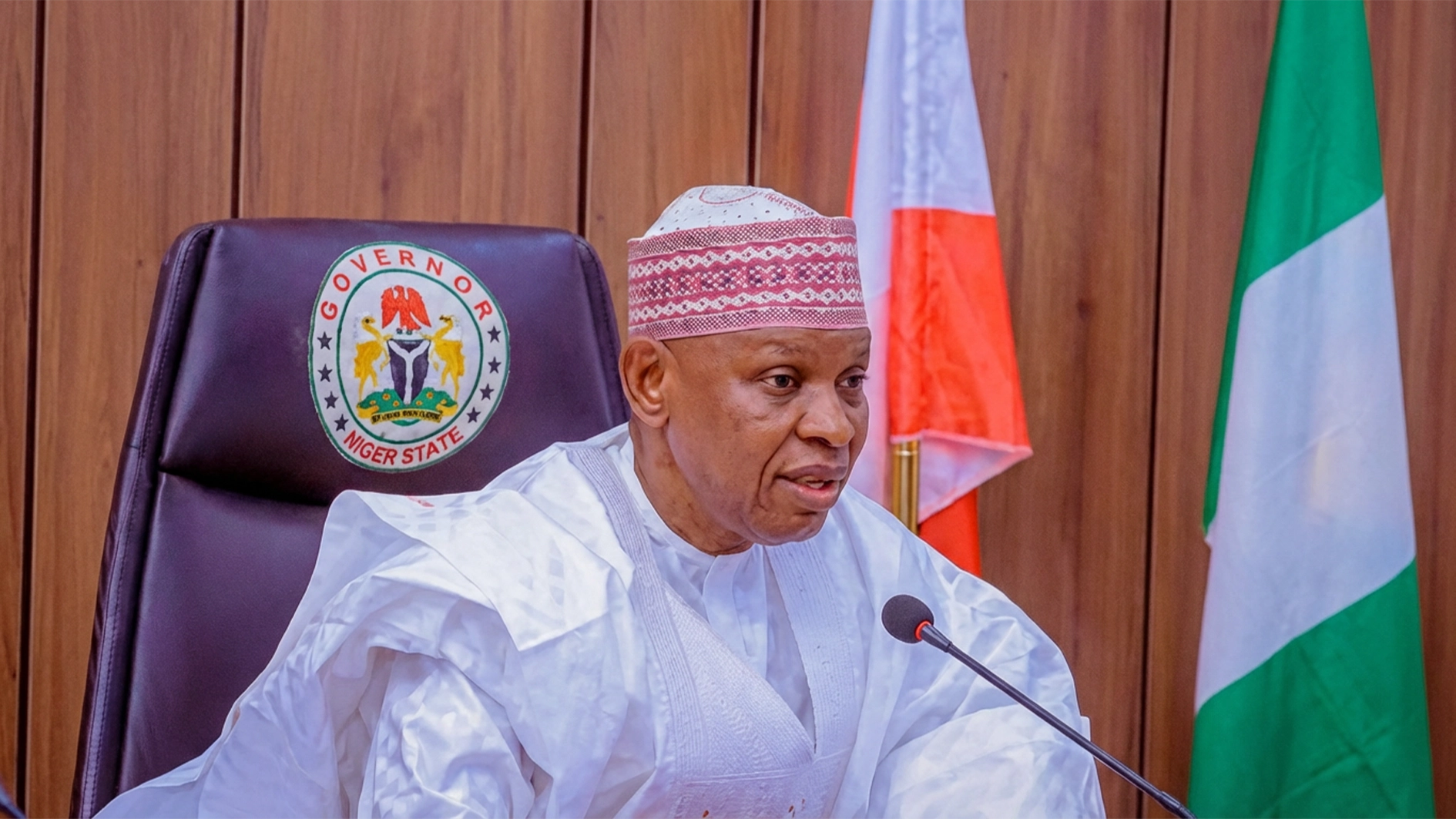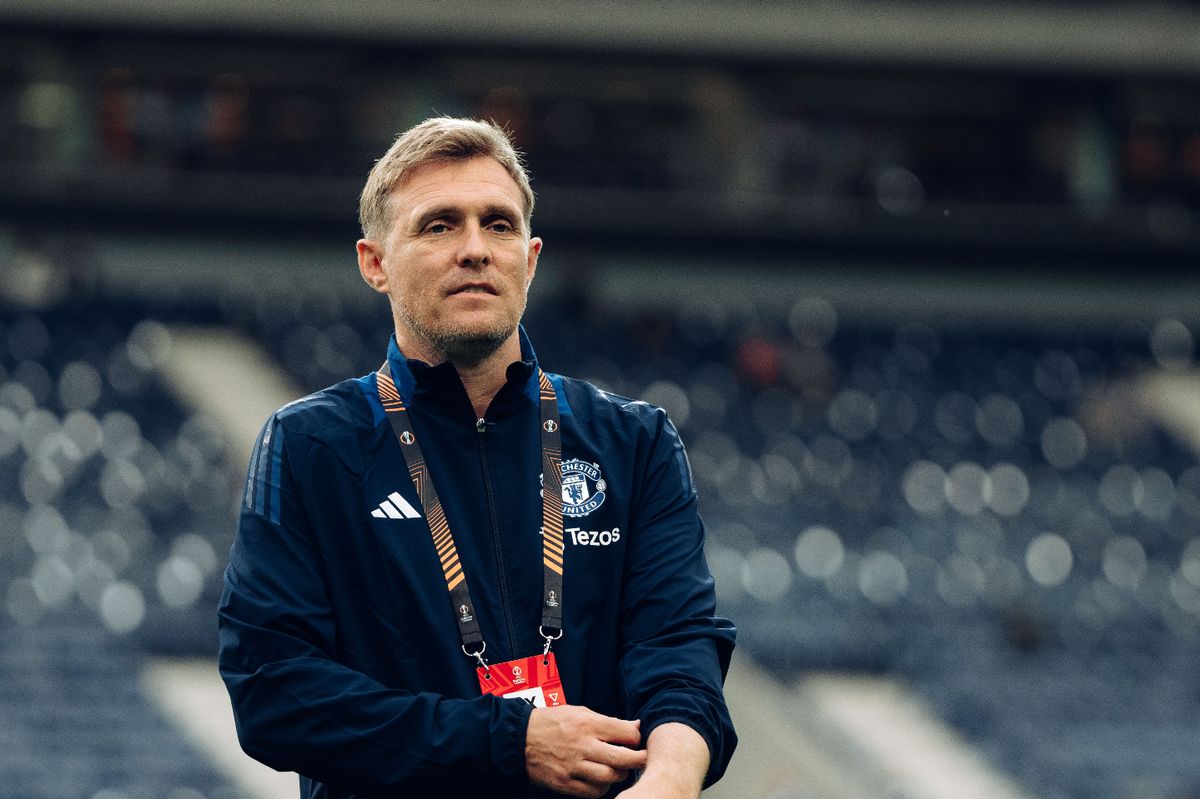
IN the last six months since Dr Emmanuel Ibe Kachikwu became the Group Managing Director (GMD) of Nigerian National Petroleum Corporation (NNPC) and the Minister of States for Petroleum Resources, he has embarked on the journey to entrench transparency into the country’s oil and gas business.
The former Executive Vice-Chairman at Exxon Mobil has also revitalized the refineries, removed subsidy and reduced price of Premium Motor Spirit (PMS).
When Kachikwu assumed the duty as GMD of NNPC and later as Minister of States for Petroleum Resources, many industry stakeholders felt that it was the best thing that would ever happen to the country’s oil and gas industry.
Some stakeholders felt that the country’s sources of revenue need a technocrat who understands the oil and gas business, and is capable of ameliorating the challenges of moribund refineries, inability of the country to find buyers for its crude oil, pipeline vandalism and the heavy fuel subsidy debt.
Born on December 18, 1956, Kachikwu was appointed as the NNPC Chief Executive in August 2015 under the presidency of Muhammadu Buhari. He was named the Minister of State, Petroleum Resources in November 2015.
He is the immediate past President of the OPEC Conference with a tenure that expired in January 2016. He has chaired the 168th Meeting of the OPEC Conference held in Vienna, Austria, on December 4, 2015. He was replaced by Mohammed Saleh Al Sada, the Minister of Energy and Industry of Qatar.
Kachikwu, an indigene of Onicha-Ugbo in Delta State, had his University Education at University of Nigeria, Nsukka (UNN) where he graduated with a First Class in Law from the University of Nigeria, Nsukka, and the Nigerian Law School. He also had Master’s and Doctorate Degrees in Law from the Harvard Law School.
Many people may not know that Kachikwu pioneered romance journalism through the publication Hints magazine, a weekly publication by his media enterprise, True Tales Publications Limited.
Kachikwu readily connected to a wide audience via his weekly column, ‘Fatherhood with Ibe,’ where he shared with his readers his experiences as a father.
In 2013, Kachikwu’s True Tales Publications Limited launched ‘Hello Nigeria,’ a lifestyle magazine that offers an exclusive peek at the life, loves and triumphs of admired celebrities, business leaders and politicians.
Kachikwu worked as an Investment Attorney in the United States; General Counsel with Texaco Upstream and Downstream in Nigeria; Executive Vice Chairman of Mobil Producing Nigeria Unlimited; and General Counsel for ExxonMobil Nigeria affiliate Upstream and Downstream Companies in Nigeria.
With the recent drop in global oil prices, now compounded by the return of Iranian crude (four million barrels/day capacity) to the international oil market, Nigeria desperately needs more oil sales revenue to support government budgets, protect foreign reserves and help stop the ongoing devaluation of the national currency.
What he did was to replace crude-for-products exchange arrangement popularly referred to as crude swap with a Direct-Sale–Direct-Purchase (DSDP) arrangement which is expected to retain $1 billion to the country.
“When I assumed duty as the GMD of NNPC, I met the Offshore Processing Arrangement (OPA) and like you know there is always room for improvement. I and my team came up with the DSDP initiative with the aim of throwing open the bidding process. This initiative has brought transparency into the crude-for-product exchange matrix and it is in tandem with global best practices,” Kachikwu said.
Still working on a deliberate move to ensure transparency in the industry, NNPC commenced monthly publication of its financial and operation reports.
NNPC has not reported annual financial data on its profits, losses or spending for a decade.
The company’s official website has begun posting monthly updates of its financials.
NNPC said the effort to produce and publish financial reports online began shortly after the president appointed Kachikwu, to lead an entity responsible for managing the country’s largest revenue stream.
Prior to his appointment as the Group Managing Director of NNPC and Minister of States for Petroleum Resources, the nation’s four refineries were producing below the installed capacity of 445,000 per day.
In fact, the country depended on the importation of petroleum products to meet the needs of consumers in the country.
There are currently five refineries in Nigeria of which four plants are owned by the Nigerian Government through the NNPC, while the fifth is owned and operated by Niger Delta Petroleum Resources (NDPR). Apart from the single fully-fledged petrochemical plant, two of the refining plants, KRPC and WRPC, have petrochemical complexes that suppose to utilize their refinery intermediates to produce petrochemical precursors.
Kachikwu’s process of making the country self-sufficient in the production Premium Motor Spirit (PMS) stated with the issuing of 90-day ultimatum for the refineries to embark on production.
His zeal towards bringing the refineries back on track worked wonders as Port Harcourt and Warri refineries now produce over 6.76 million litres of petrol per day.
The minister had said in a statement that Warri, Port Harcourt and Kaduna refineries had been projected to increase combined production to over 10 million litres per day by the end of January.
He said a breakdown indicated that the Port Harcourt refinery, which was re-streamed a week earlier, produces about 4.09 million litres while Kaduna yields 1.29 million litres.
Although he is working tirelessly to ensure that the refineries are producing up to full capacity, Kachikwu has never hide the fact that he would rather sell the refineries as a good businessman.
He said at a media briefing recently that the refineries were working at a capacity less than the minimum 60 percent required to generate profit.
Kachikwu stated: “Personally, I will have chosen to sell the refineries, but President Buhari has instructed that they should be fixed. After they are fixed, if they still operate below 60 percent, then we will know what to do”.
The minister did not hide the fact that the country’s four refineries are not enough to meet the local demand of PMS in the country.
He said that Kaduna, Port Harcourt and Warri refineries will be in full capacity in the first quarter of 2016.
For several years, the Federal Government has to struggle to meet fuel subsidy obligation to marketers of petroleum products until recently after the assumption of duty as the minister of states for petroleum that Kachikwu spearheaded the PMS price modulation system and the slashing of petrol price.
He did not hide the fact that government could no longer afford the payment due to the dip in its revenue, caused by the drop in crude oil prices, therefore, the need to halt subsidy payment to marketers.
Kachickwu has stated that the novel price modulation mechanism currently in place will ensure that the Federal Government records zero expenses on fuel subsidy in 2016.
He noted that the zero fuel subsidy regimes was already in place and would be sustained based on the prevailing modified pricing template for petroleum products, which has eliminated extraneous cost elements.
Few months before his appointment, the country was battling with the challenges of fuel scarcity occasioned by the Federal Government’s inability to meet subsidy obligation to petroleum products marketers.
To curb its effect on consumers, Kachikwu embarked on a massive importation of petrol into the country and ensuring that the product is sold at the regulated price.
According to him, “NNPC Retail has 513 retail outlets all over the country and the strategy is that every one of these stations is designed to have products at all times. In addition, we have decided that most of the mega stations will adopt 24 hours operation model and where for security reasons that cannot be met, we are going to have extended hours of operation in such location starting from 5 am to about 10.pm daily.”
Also, just recently, to close the gap created by the shutdown of Port Harcourt and Kaduna refineries, due to pipeline vandalism, the corporation embarked on a massive importation of PMS.
NNPC has, therefore, been responsible for 78 percent of the total fuel consumed in the country, while the major and independent marketers fill the remaining 22 per cent approved by the Petroleum Product Pricing and Regulatory Agency (PPPRA).
PPPRA had given NNPC 78 per cent of the allotment to import fuel while the private importers who hitherto shipped in over 60 per cent of the allocation are now left with about 22 percent of the total allocation.






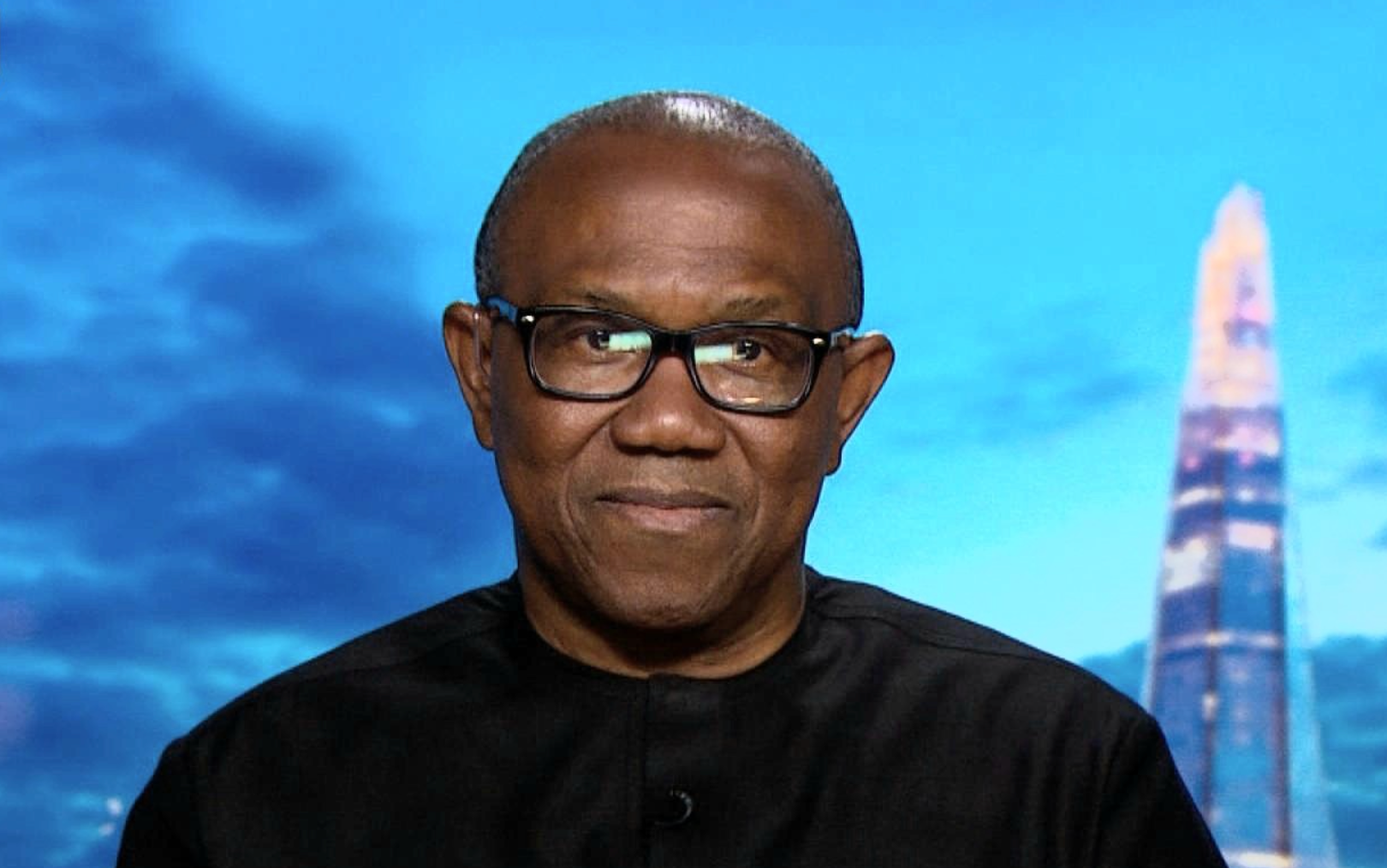



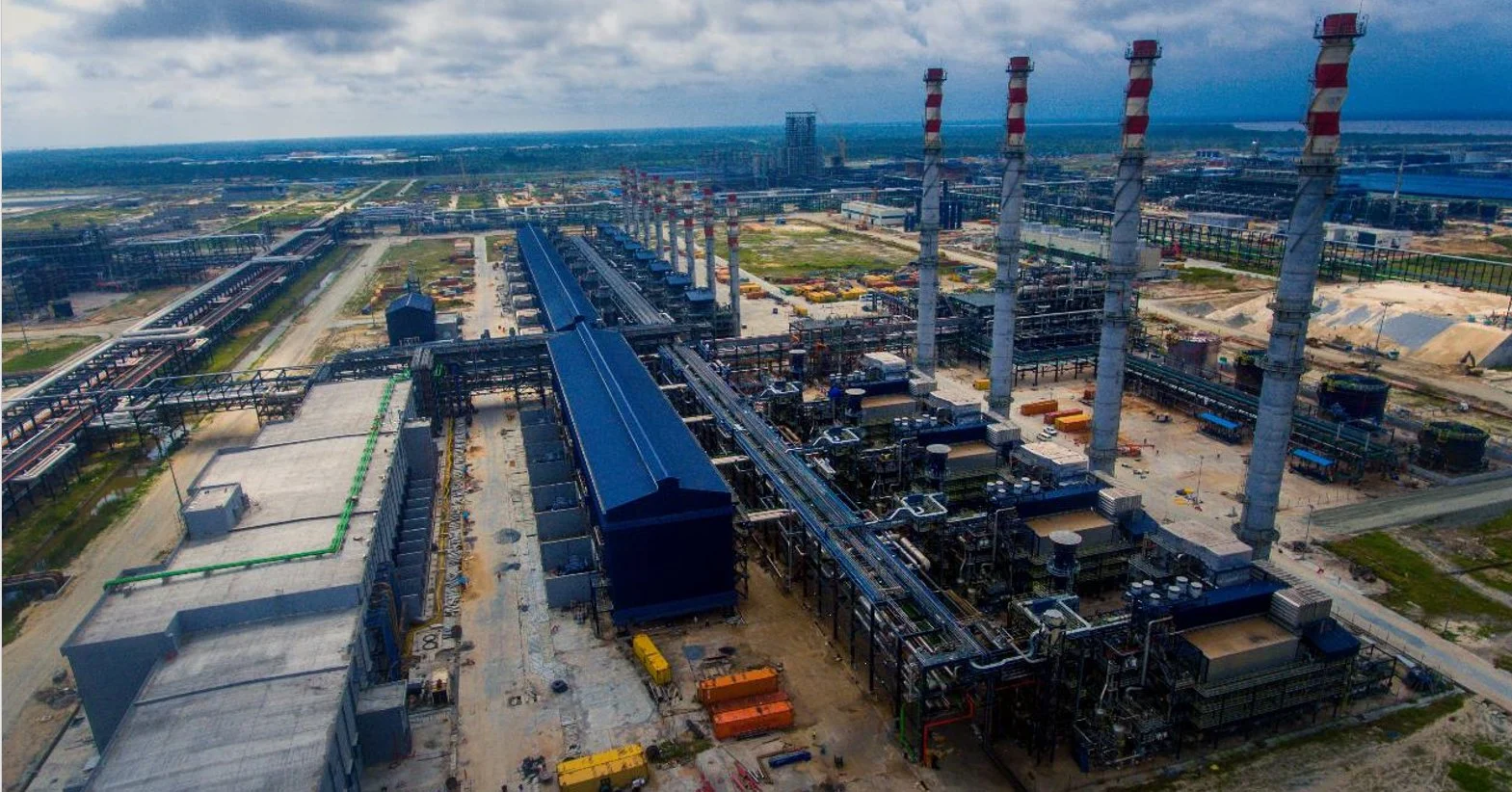
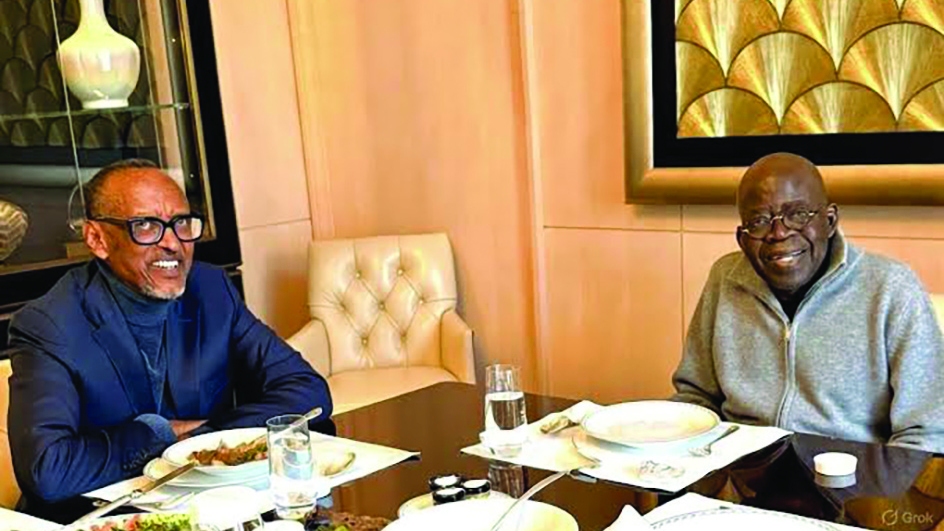


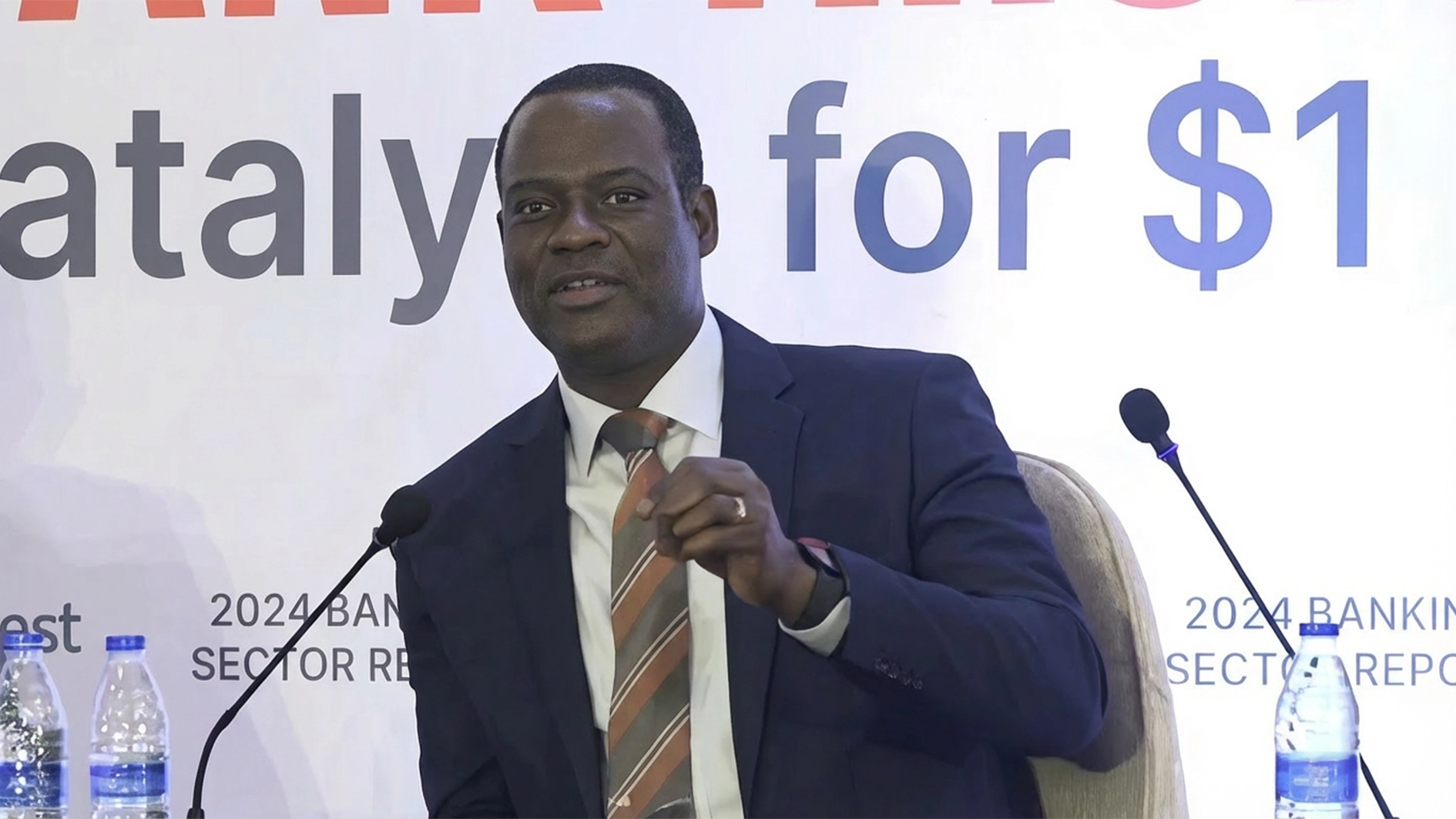
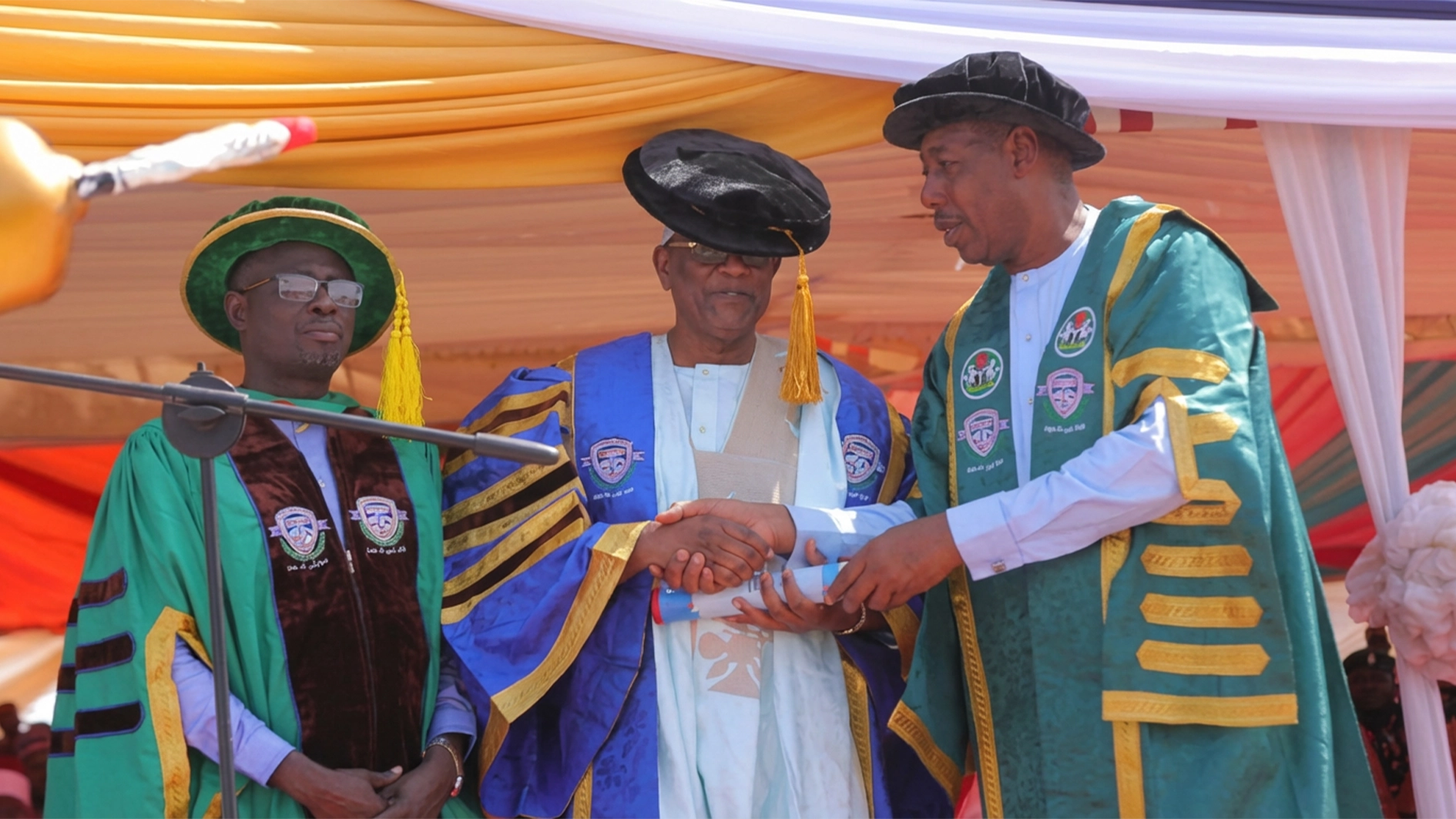


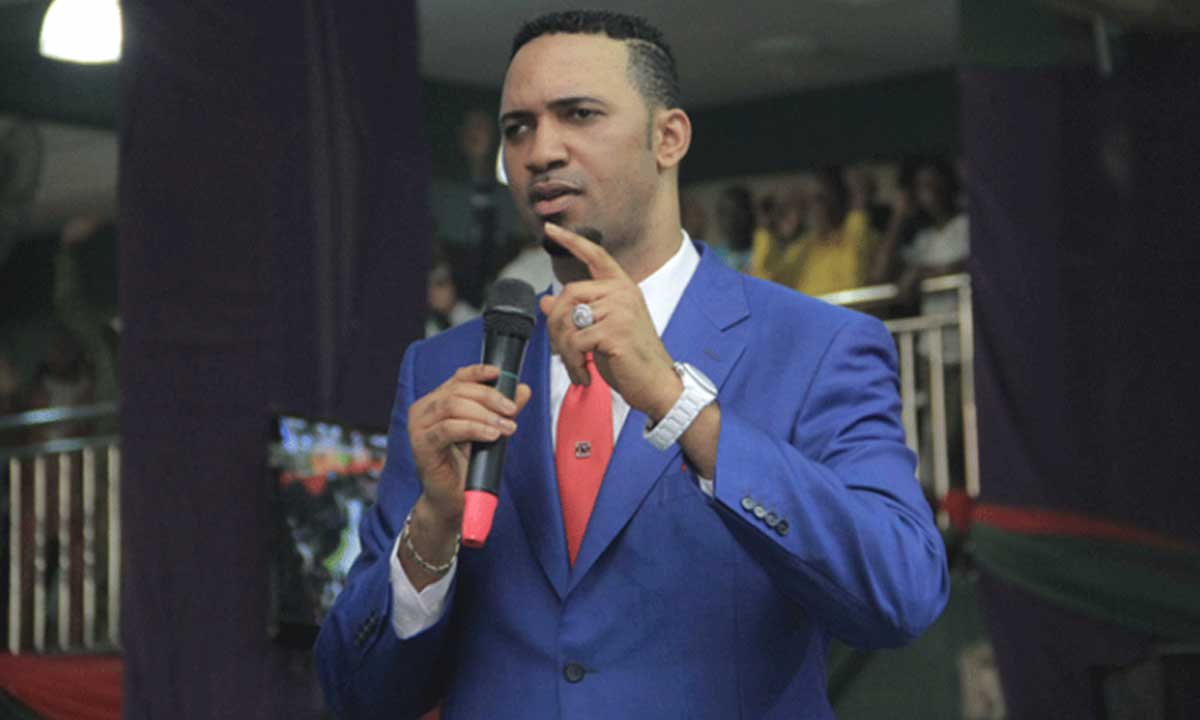
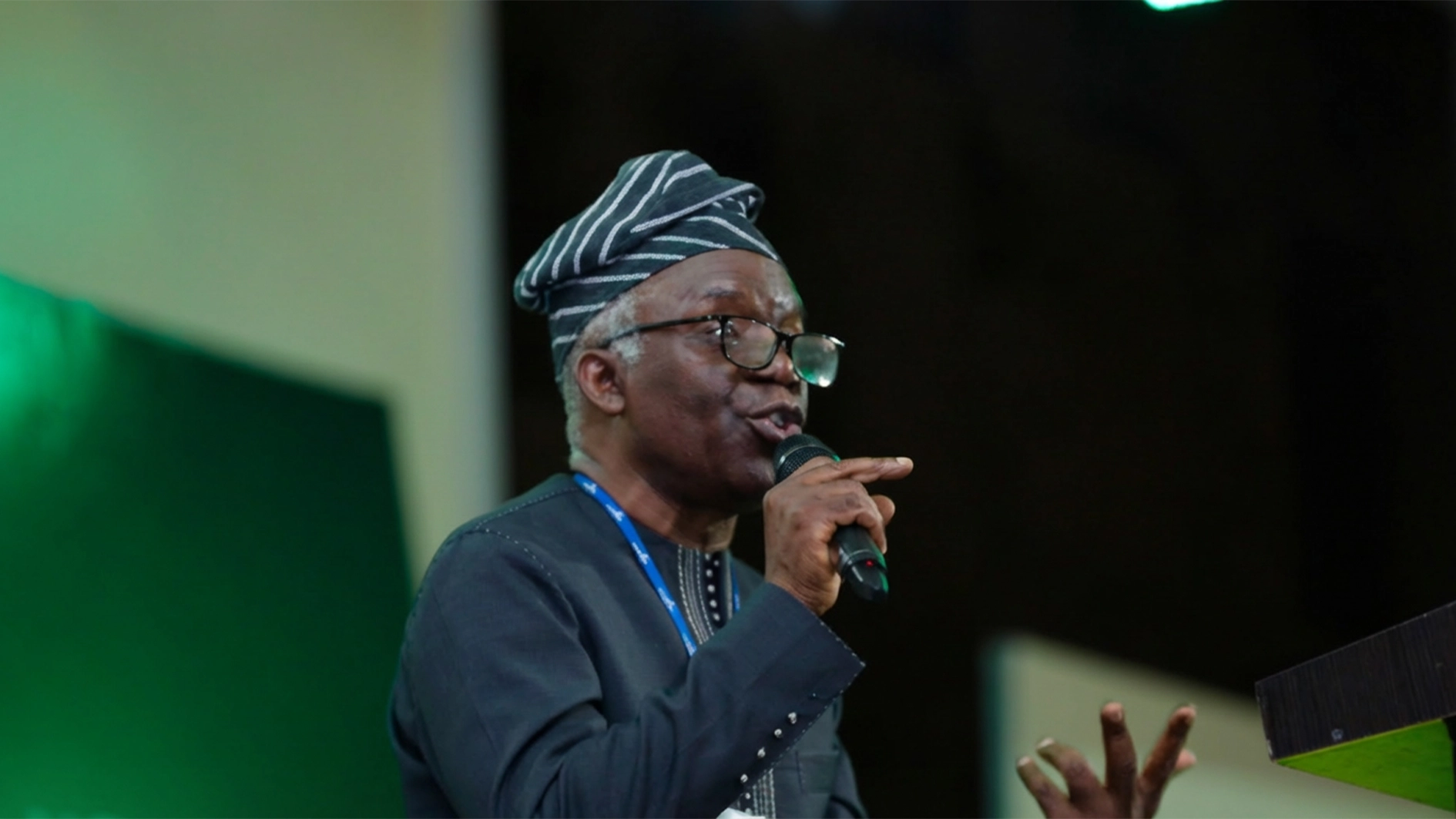

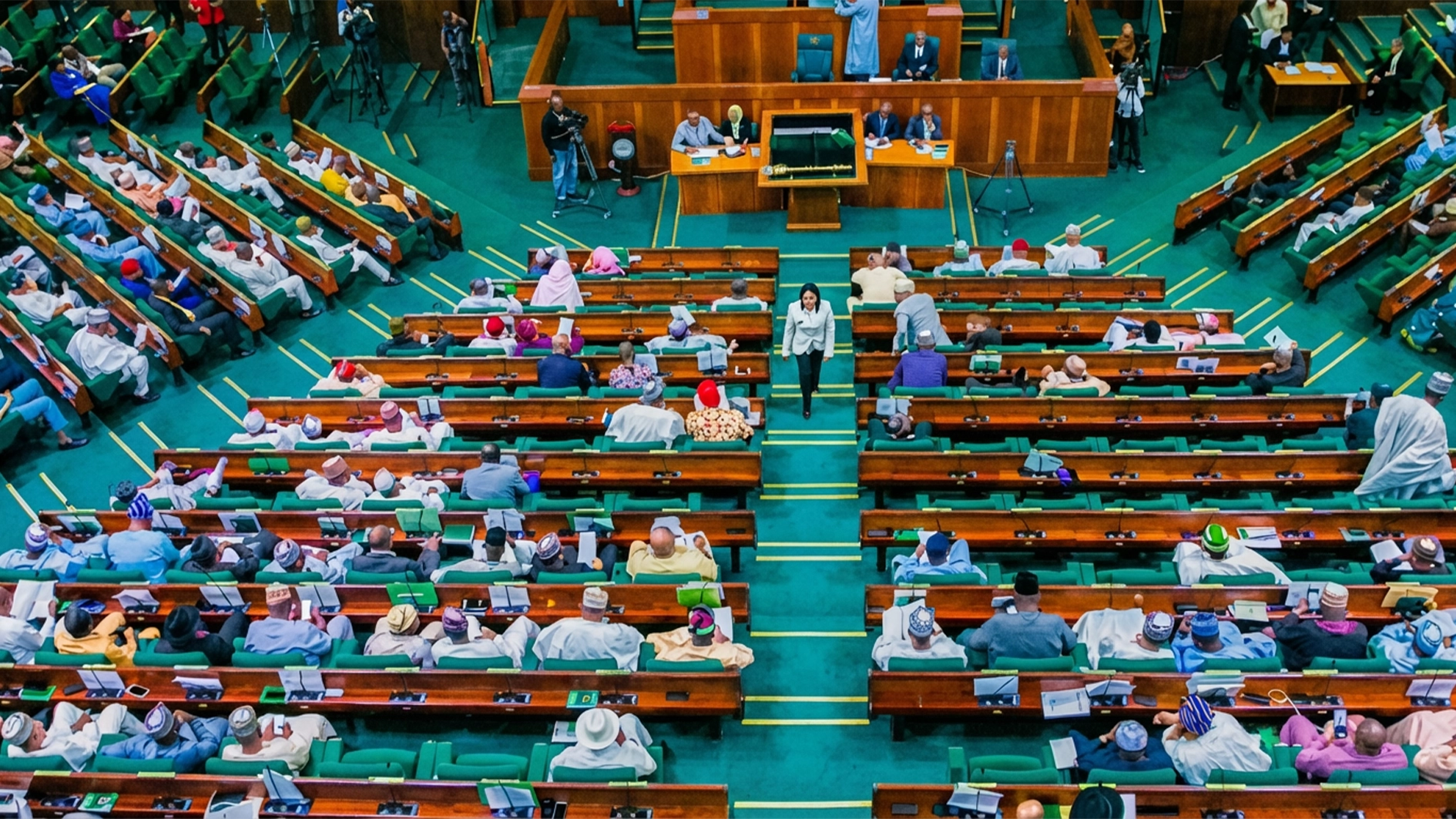

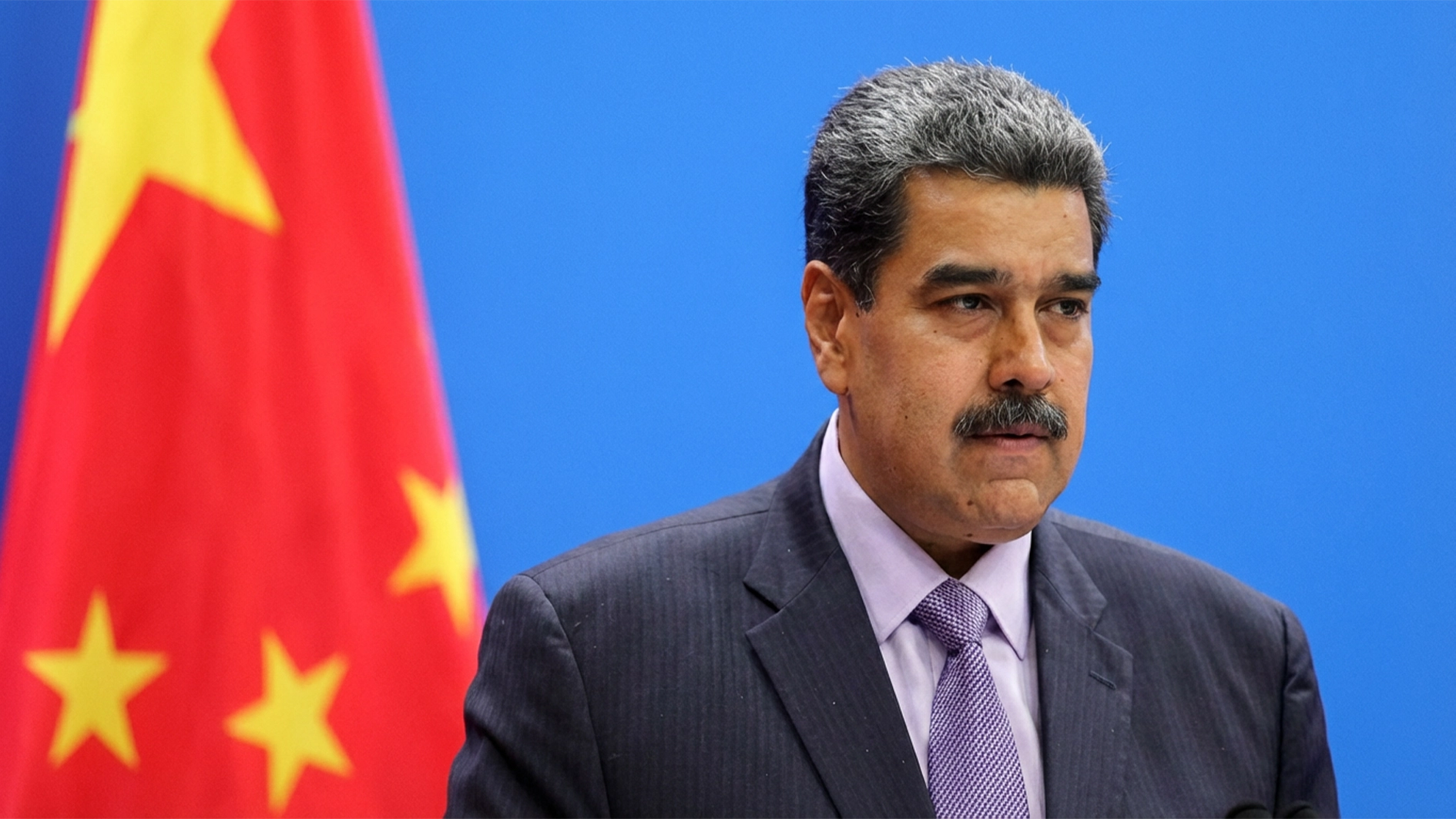



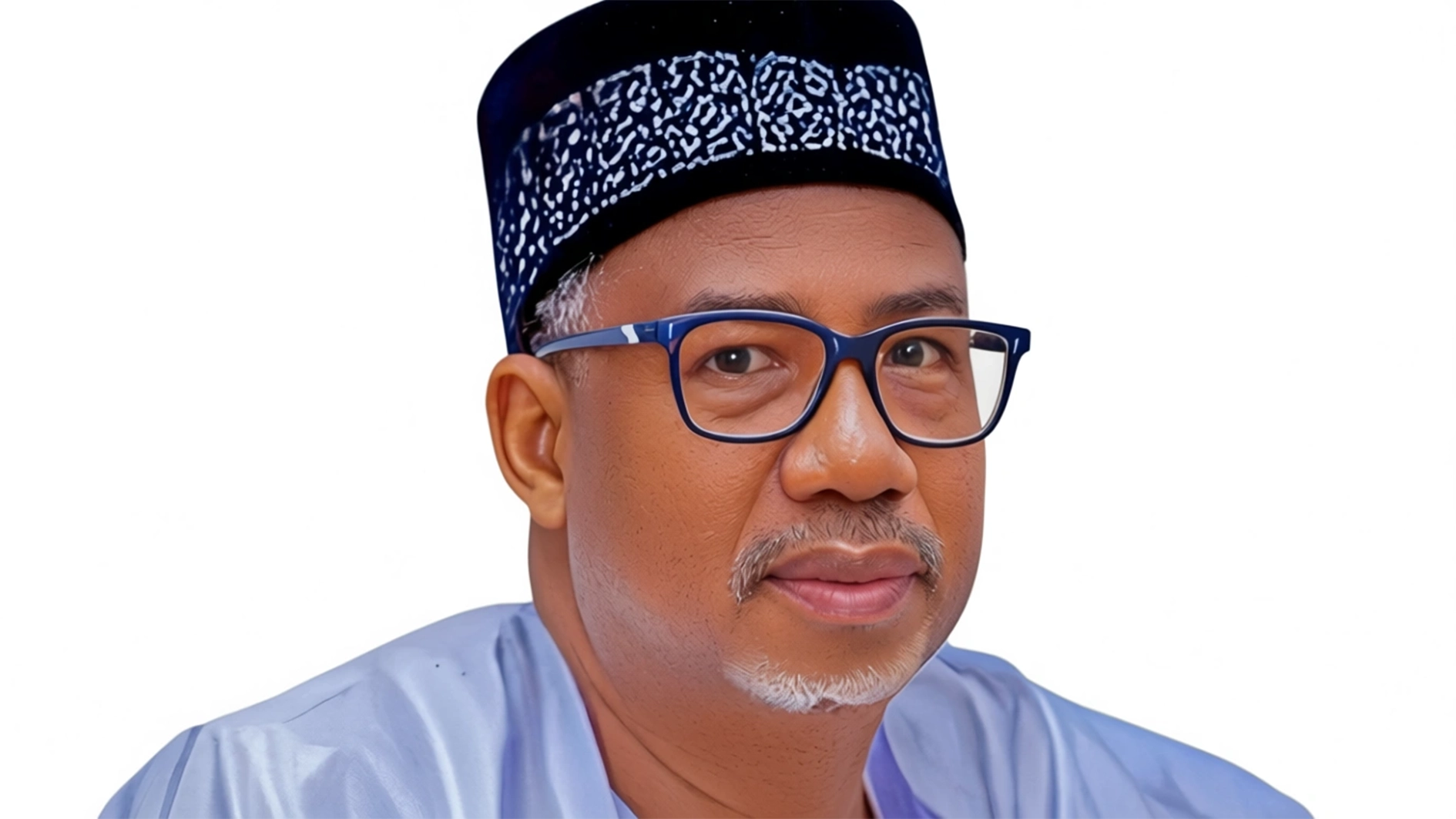
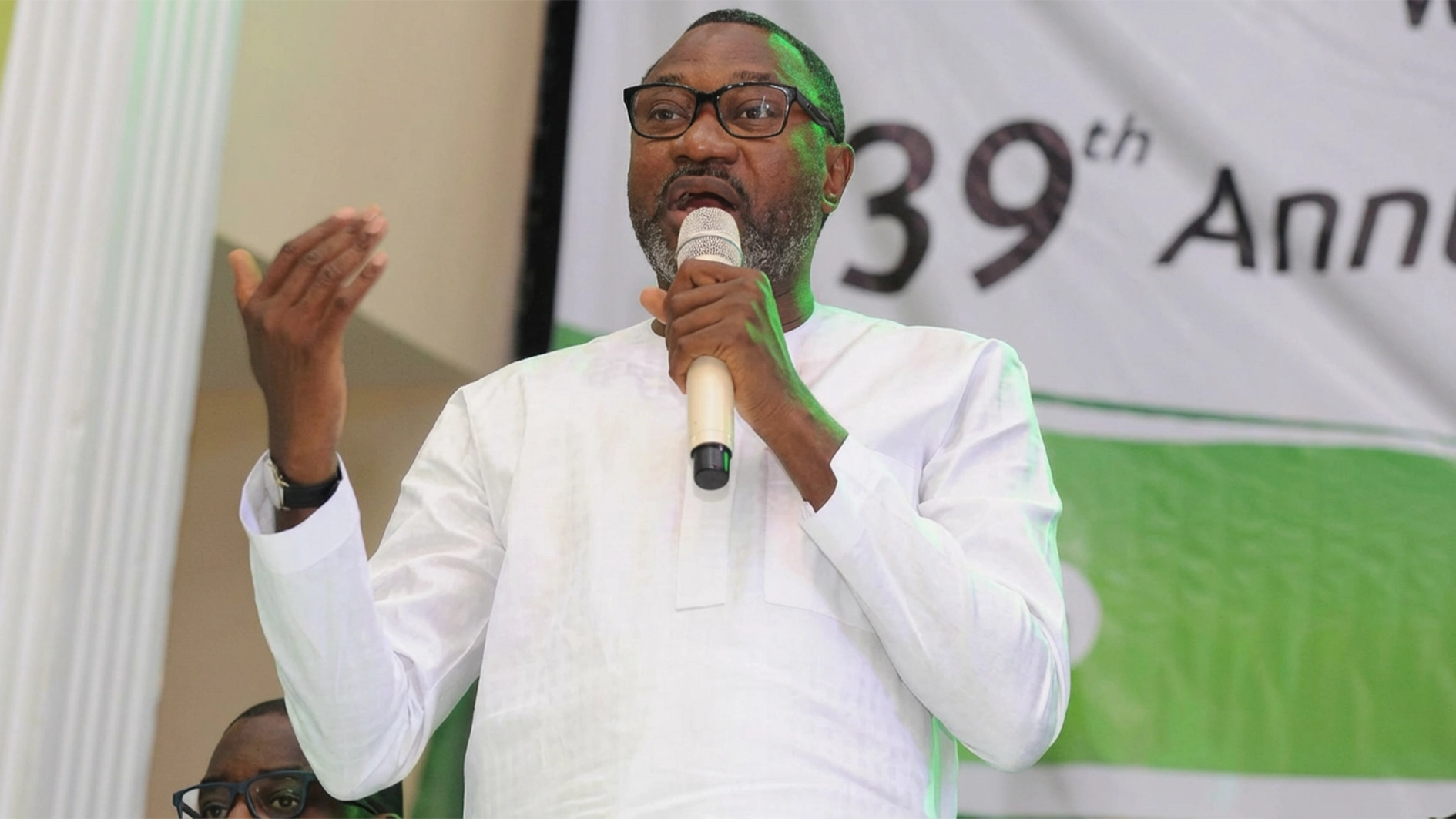
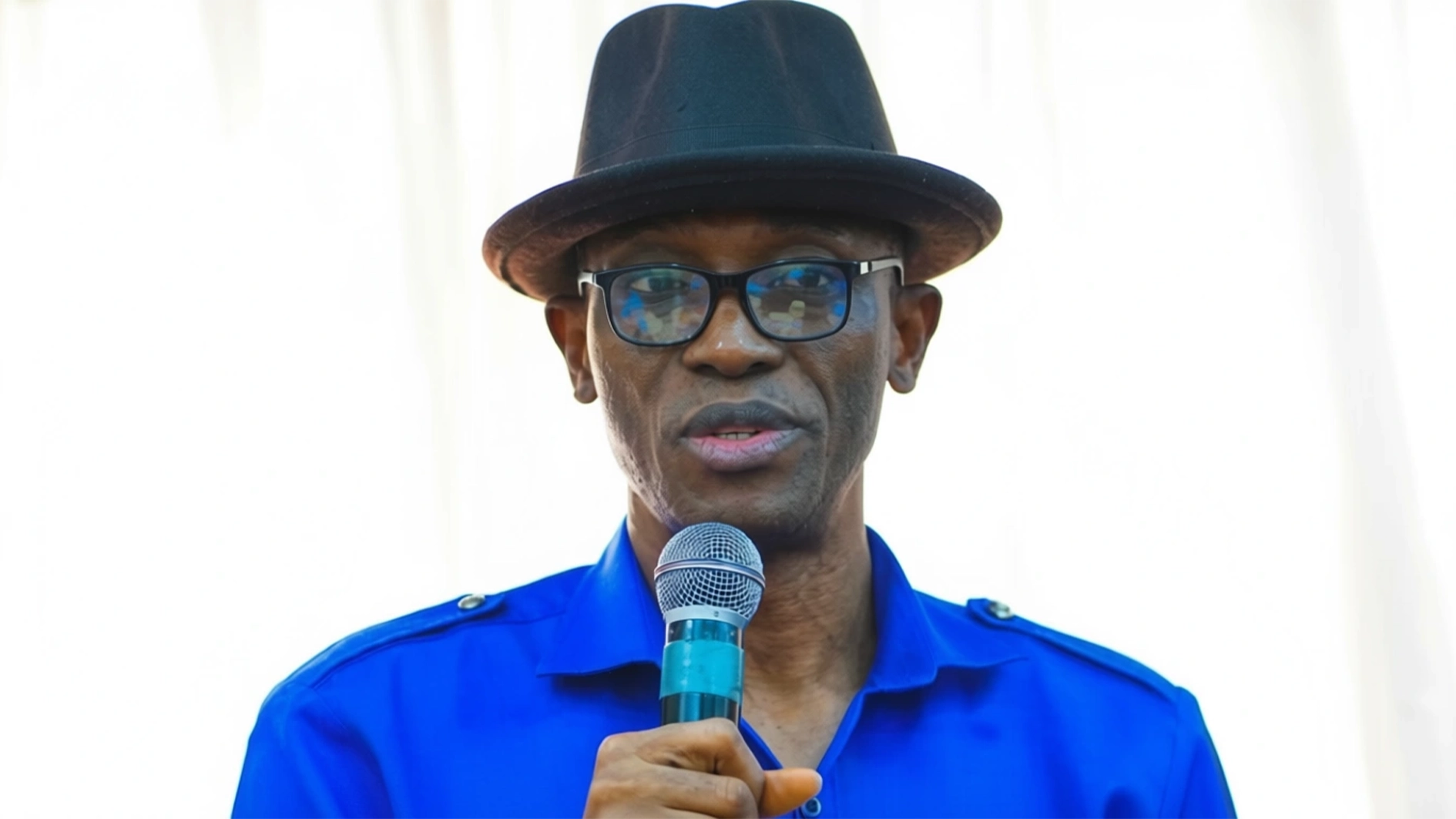
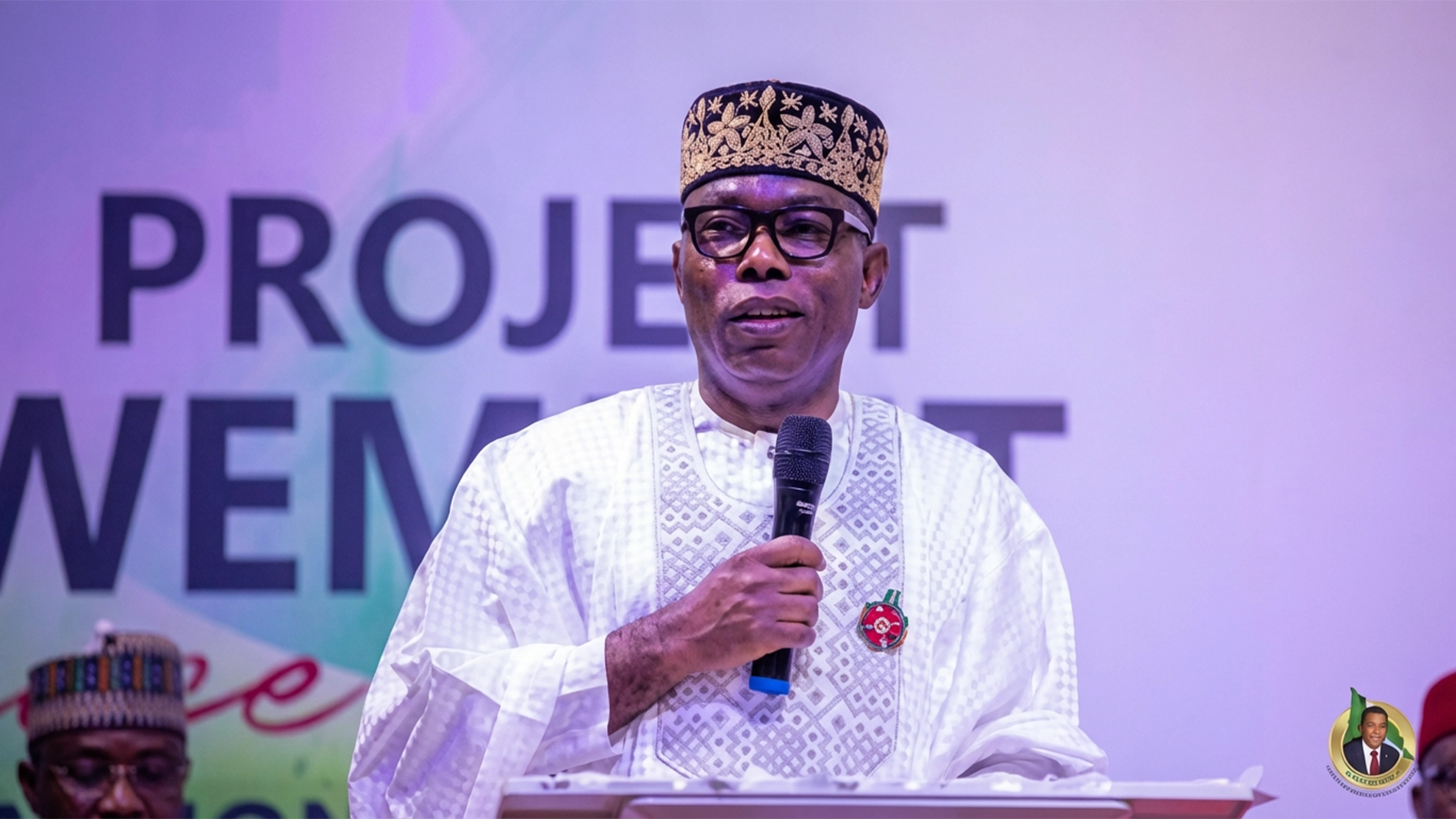
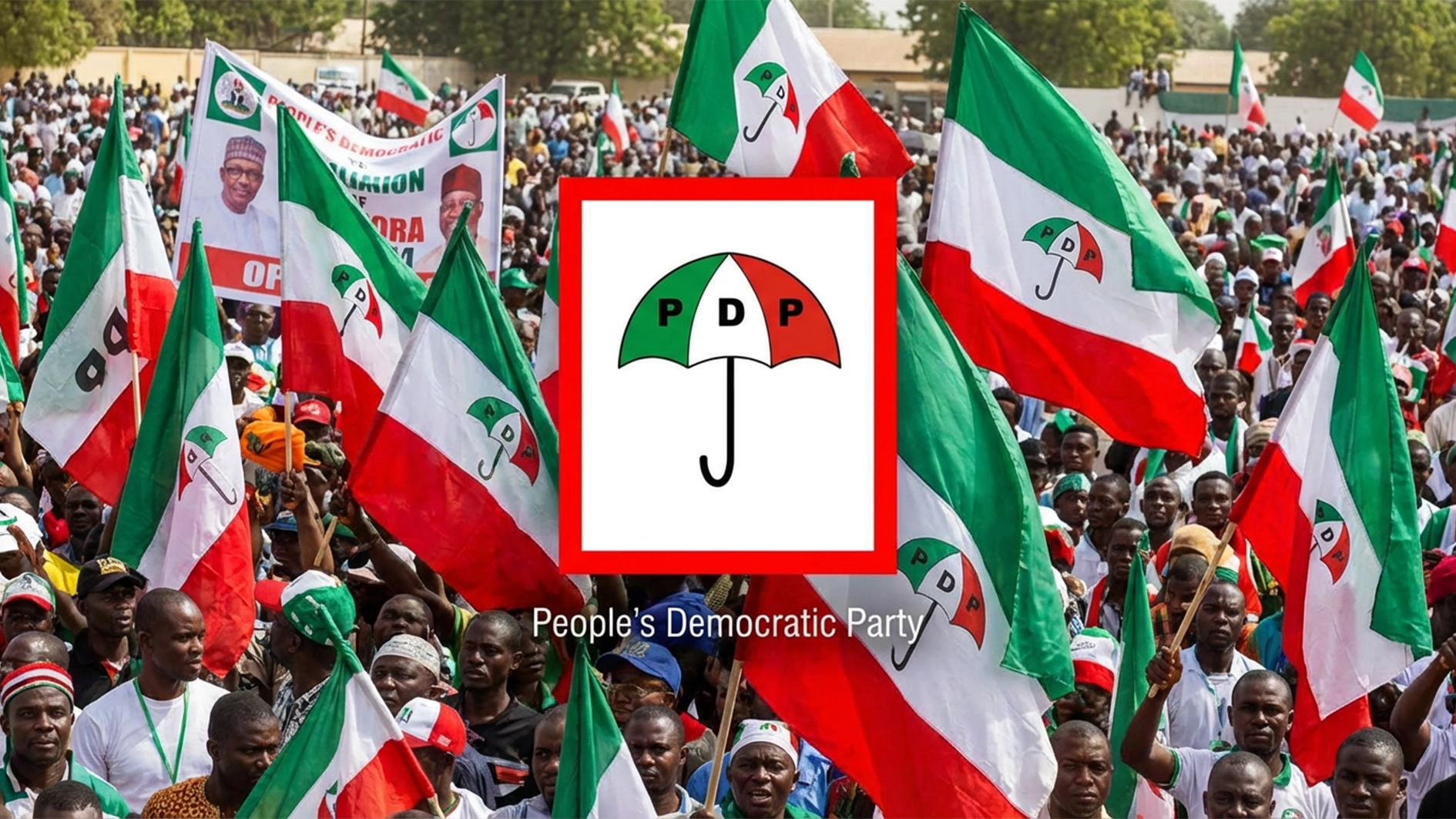

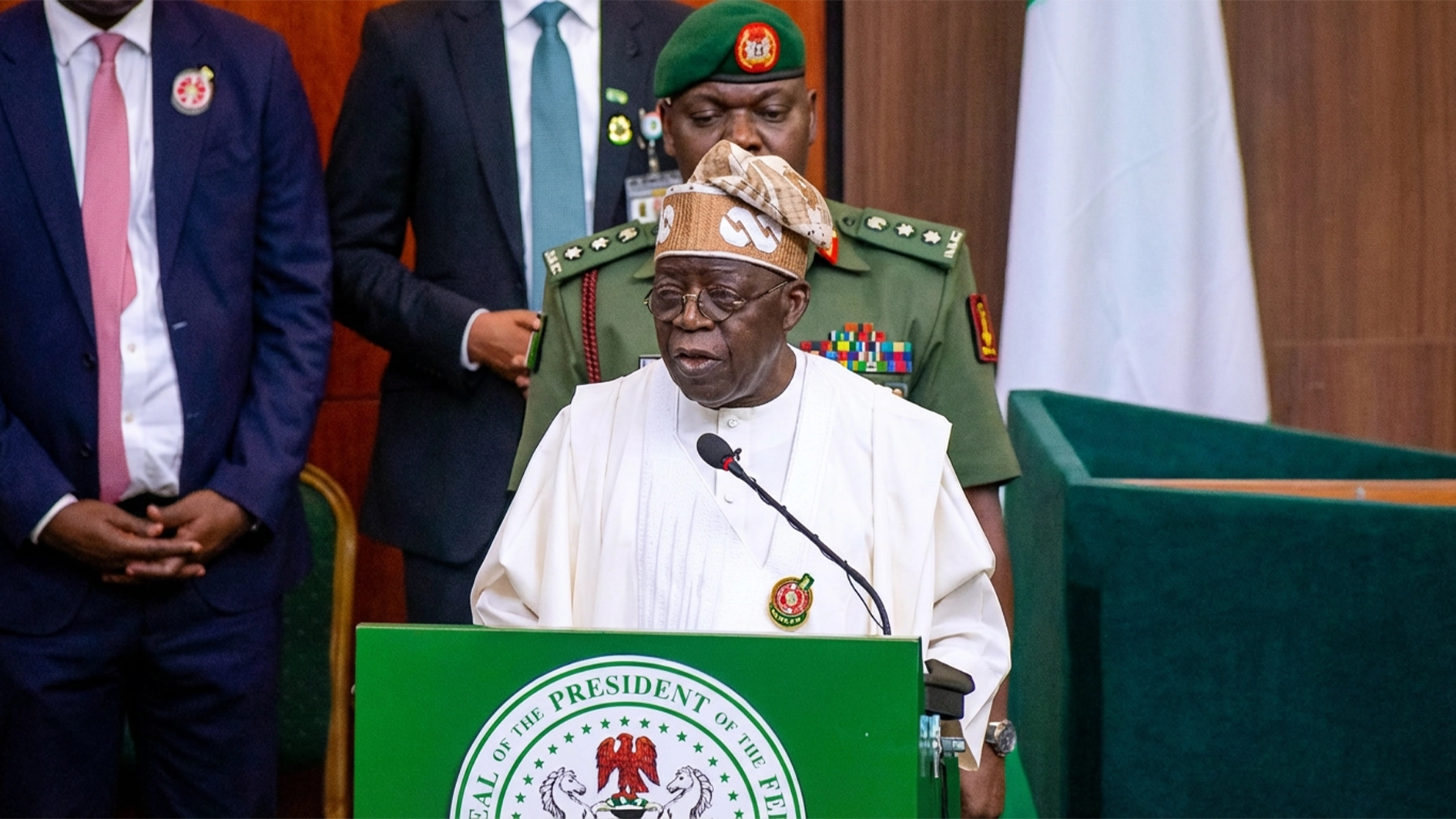
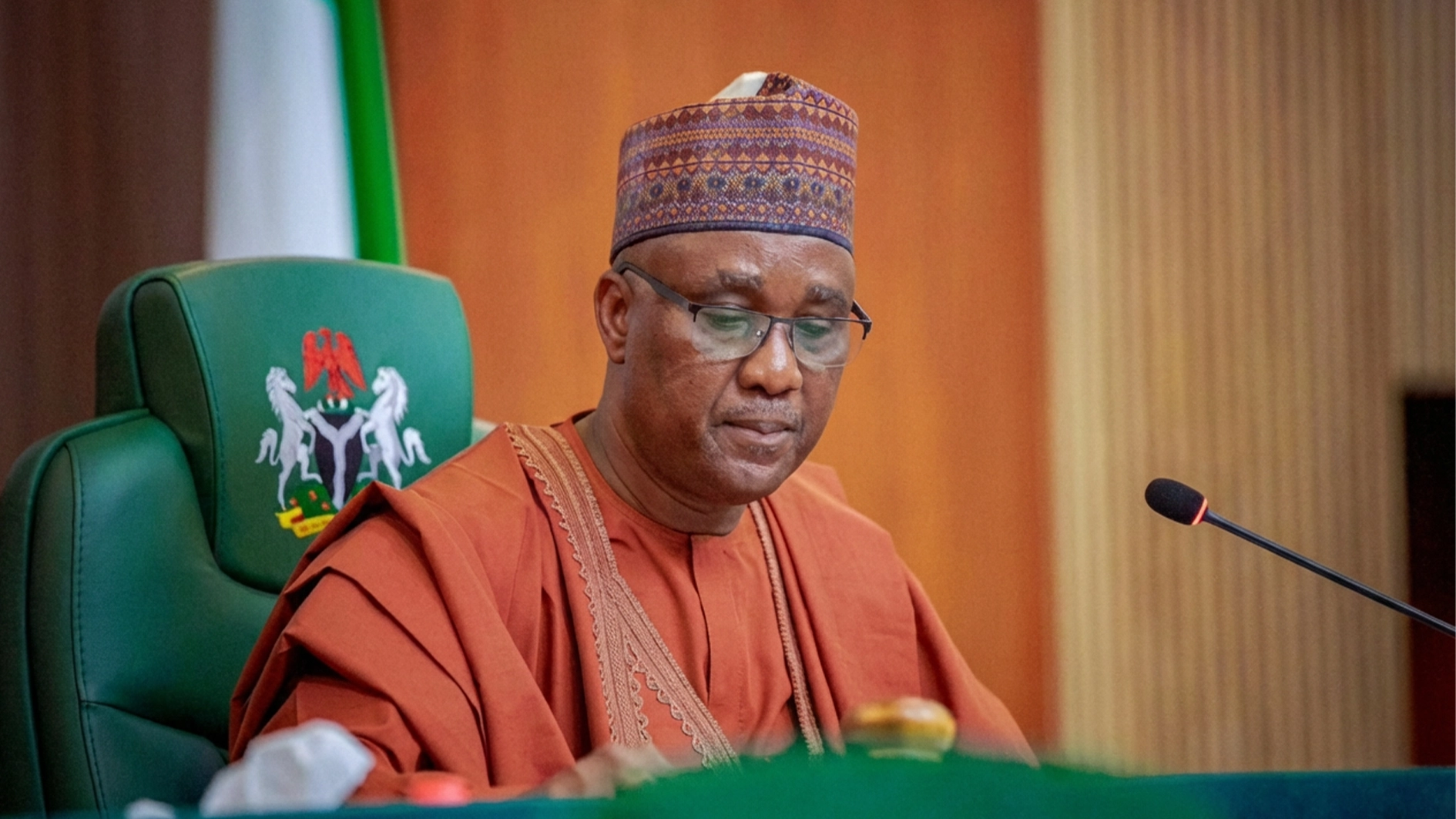


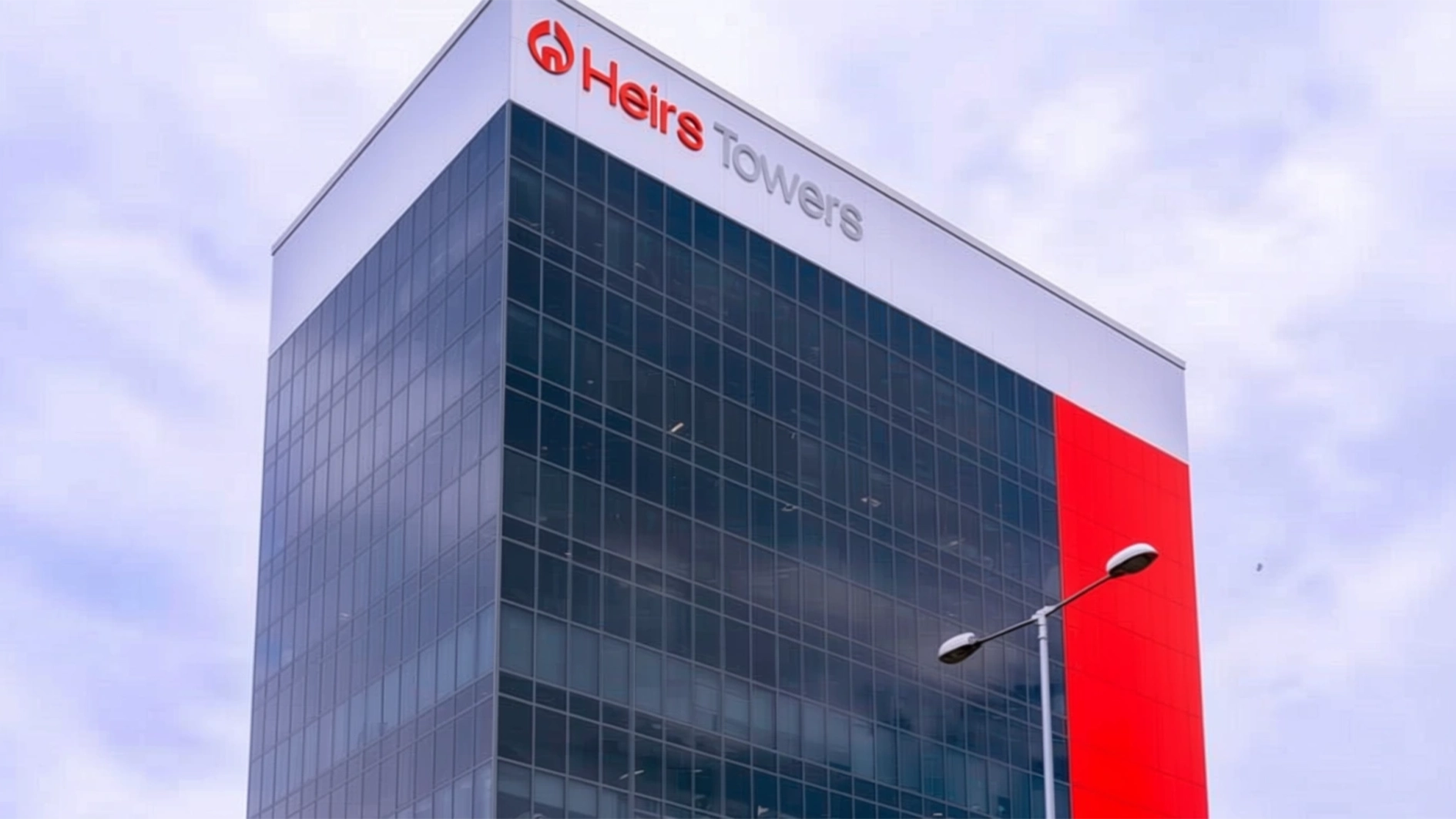
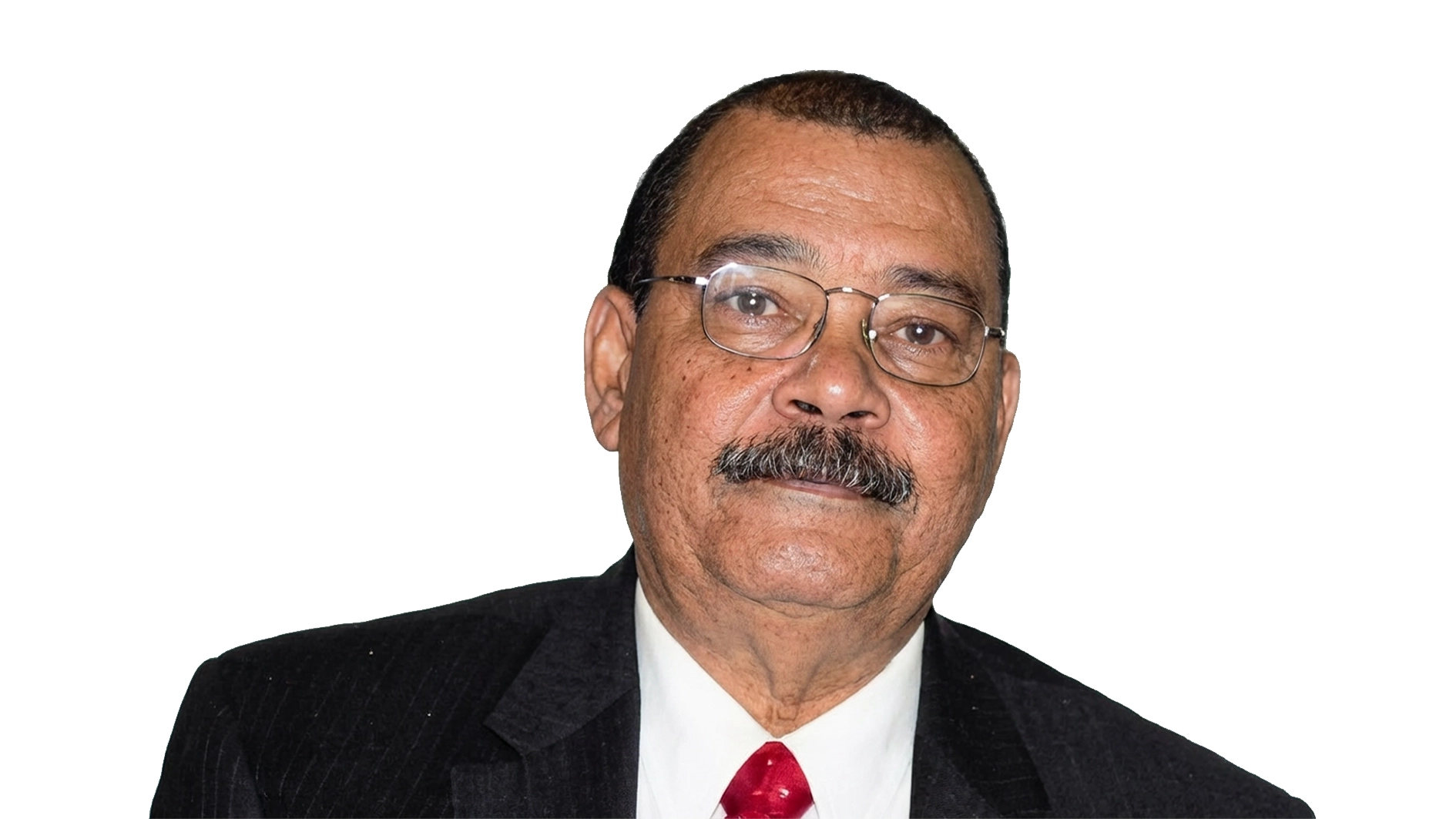
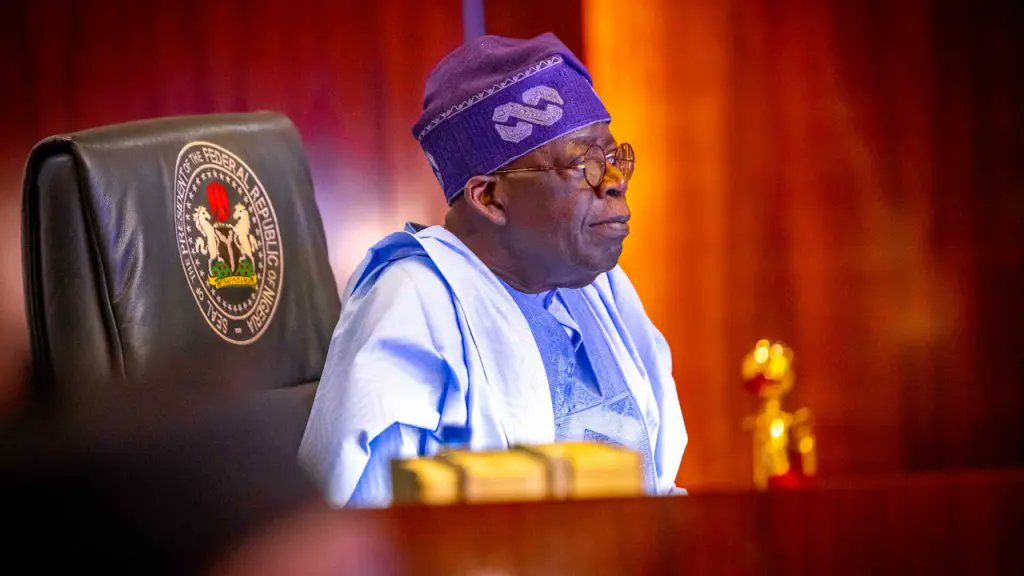

![Raphael Onyedika, centre, celebrates scoring Nigeria’s third goal with Osimhen and Dele-Bashiru [AFP]](https://cdn.guardian.ng/wp-content/uploads/2026/01/Raphael-Onyedika-centre-celebrates-scoring-Nigerias-third-goal-with-Osimhen-and-Dele-Bashiru-AFP.webp)
